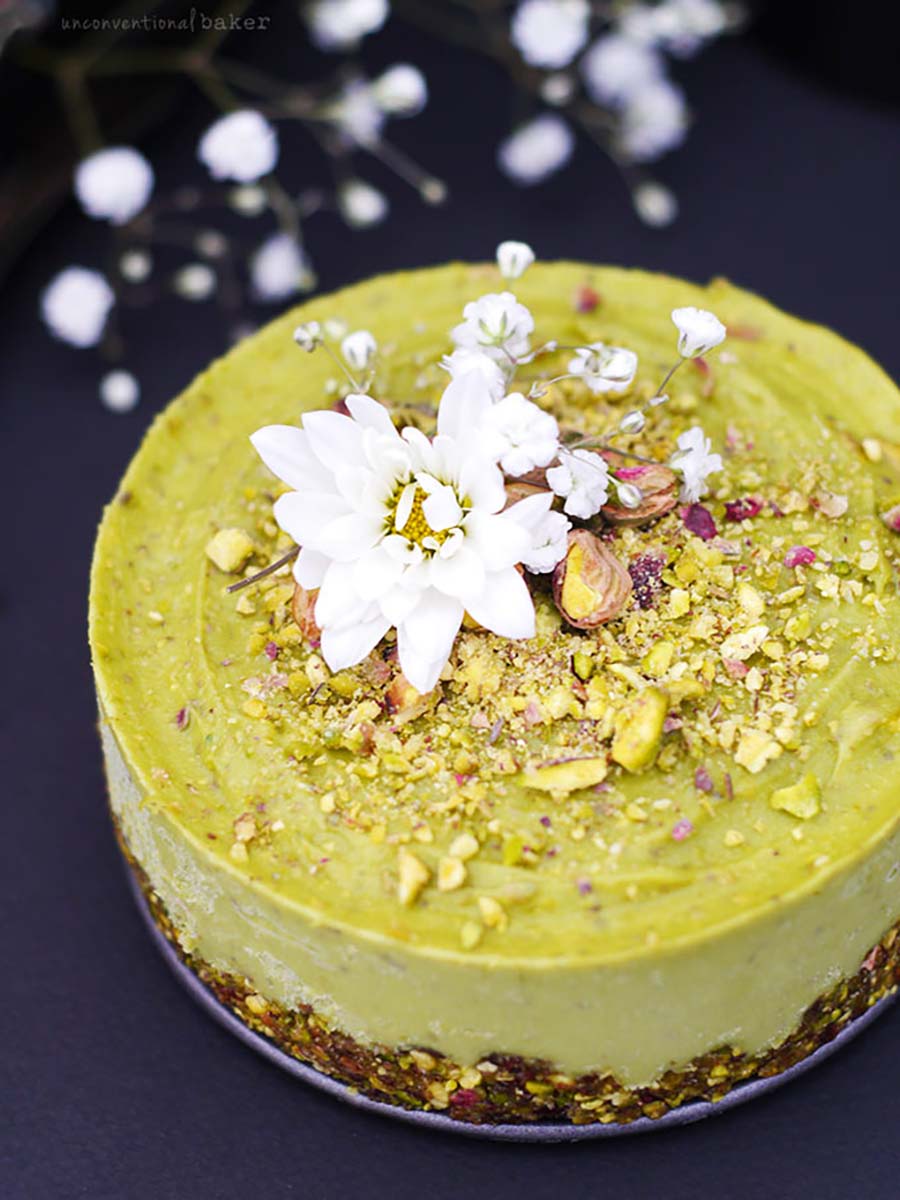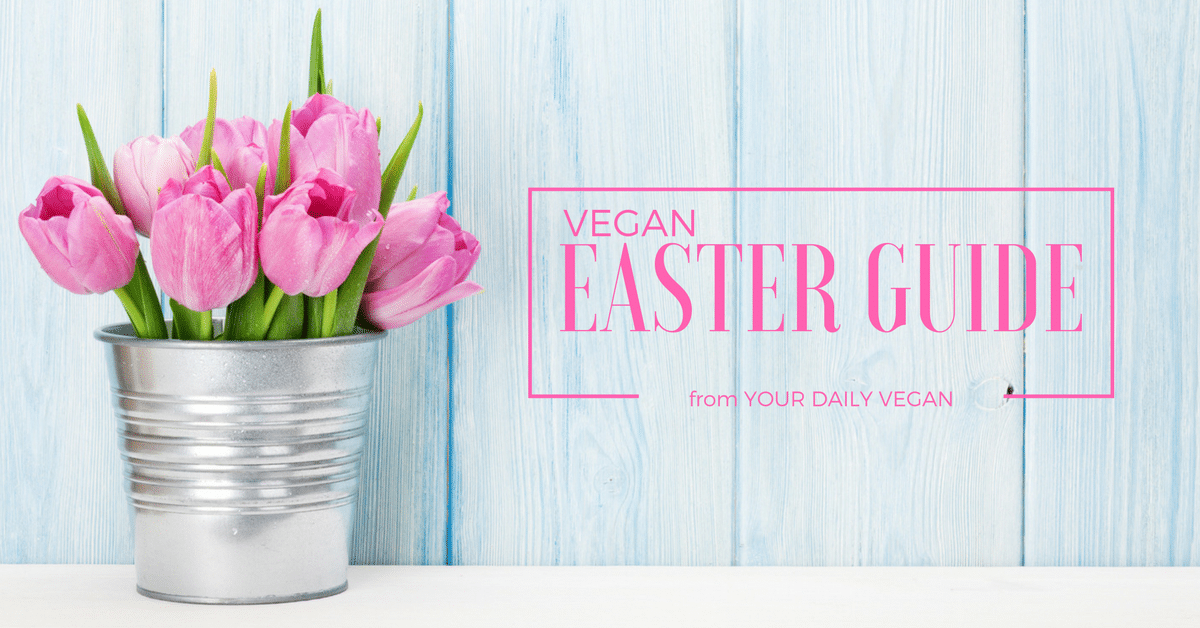
Vegan Easter Guide
Easter, a Christian holiday commemorating the resurrection of Jesus Christ, is traditionally celebrated with various activities, such as egg dyeing, egg hunts, and treats like chocolate bunnies and jelly beans.
But what if you're looking to celebrate Easter in a vegan-friendly way? You might be scratching your head, wondering how to navigate the egg-centric traditions without compromising your ethics.
I've had those questions, too.
In this guide, I'll walk you through how to enjoy all the fun of Easter while staying true to your veganism. From creative egg substitutes to eco-friendly basket fillers, I'll share tips and tricks to make your Easter celebration compassionate and delicious.
So, whether you're a seasoned vegan or just dipping your toes into the green scene, get ready to dye and nibble your way through the most vegan egg-cellent Easter yet.
QUICK NAVIGATION
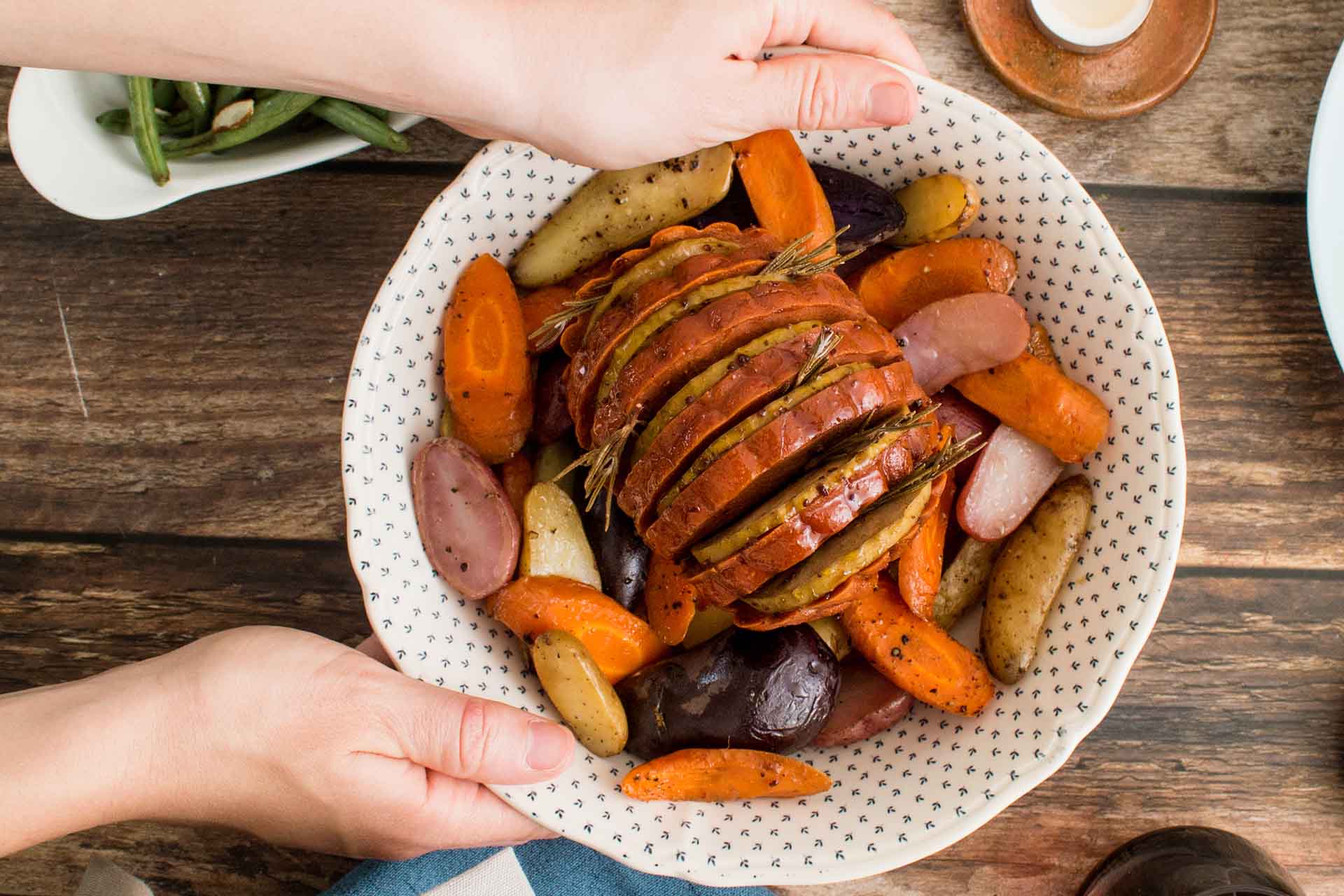
Tofurky Ham Roast with Glaze / Source
1. Shopping guide
Luckily, there are plenty of vegan options to take center stage at holiday gatherings.
Vegan ham and vegan lamb brands + other alternatives
Welcome to the era of vegan abundance! No matter your family's favorite foods, there's a plant-based alternative waiting to fill your plates.
You'll find a plethora of vegan meat substitutes in the refrigerated sections of well-stocked grocers. But don't stop there—venture into the freezer section, too. Sometimes, you'll stumble upon frozen roasts just waiting to be thawed and enjoyed.
Vegan ham alternatives
Vegan lamb alternatives
- Lily's Vegan Pantry
Mutton
Stewed Mutton
Vegan holiday roasts
- Gardein
Holiday Roast
2. Vegan Easter candy & confections
Living vegan doesn’t mean missing out on the things you love like chocolate Easter bunnies or bags of colorful jelly beans.
Vegan Easter chocolate & confections
Vegan Easter candy & vegan jelly beans
- Amy's
Sunny Organic Candy Bar, Dreamy Organic Candy Bar
- Cocomel Caramels
Vanilla, Sea Salt, Dark Chocolate Covered Bites, Chocolate Covered Vanilla Bites
- Go Organic
Hard candy (7 flavors), Peppermint Pinwheels, Fruit Chews
- Go Max Go Candy Bars
Mahalo, Jokerz, Twilight, Buccaneer, Snap, Thumbs Up, Cleo Cups
- Justin's
Dark Chocolate Peanut Butter Cups
- Oco Candy
Organic Coconut Bar
- St. Claire’s Organics
Fruit Tarts, Herbal Sweets
- Surf Sweets
Delish Fish, Cinnamon Bears, Fruit Chews, Fruity Bears, Sour Worms, Watermelon Rings, Lollipops
- Theo Chocolate
Peanut Butter Cups
- Treehugger Bubble Gumballs
Citrus Berry, Fantastic Fruit
- Unreal
Dark Chocolate Gems
- Yum Earth
Organic Lollipops, Organic Hard Candy, Organic Fruit Snacks, Organic Licorice, Organic Sour Twists, and Organic Sour Beans
3. Vegan eggs for dyeing
Make new cruelty-free traditions.
Egg-free vegan Easter eggs for decorating
Easter is widely associated with pastel hues, and egg dyeing is a tradition for many families. Because vegans don't use animals, the tradition of dyeing chicken eggs is no longer an option.
You might ask yourself, "Why don't vegans use eggs? Farmers don't kill chickens for eggs."
It's a good question.
Here's the sad reality: Animals, predominately chickens, die for eggs in obscenely large numbers every year.
The industry's male chick problem
If you remember only one fact about egg production, let it be this: Male chicks don't produce eggs, so they are useless to egg producers.
So, what does that mean exactly?
For male chicks, it means culling.
Chick culling kills newly hatched chicks for which animal agribusiness has no use. Because male chickens do not lay eggs, they are killed shortly after being sexed.
The primary culling methods are gruesome and differ from region to region. Asphyxiation is the standard in the United Kingdom, for example. Meanwhile, the United States uses macerating with a high-speed grinder. (1)
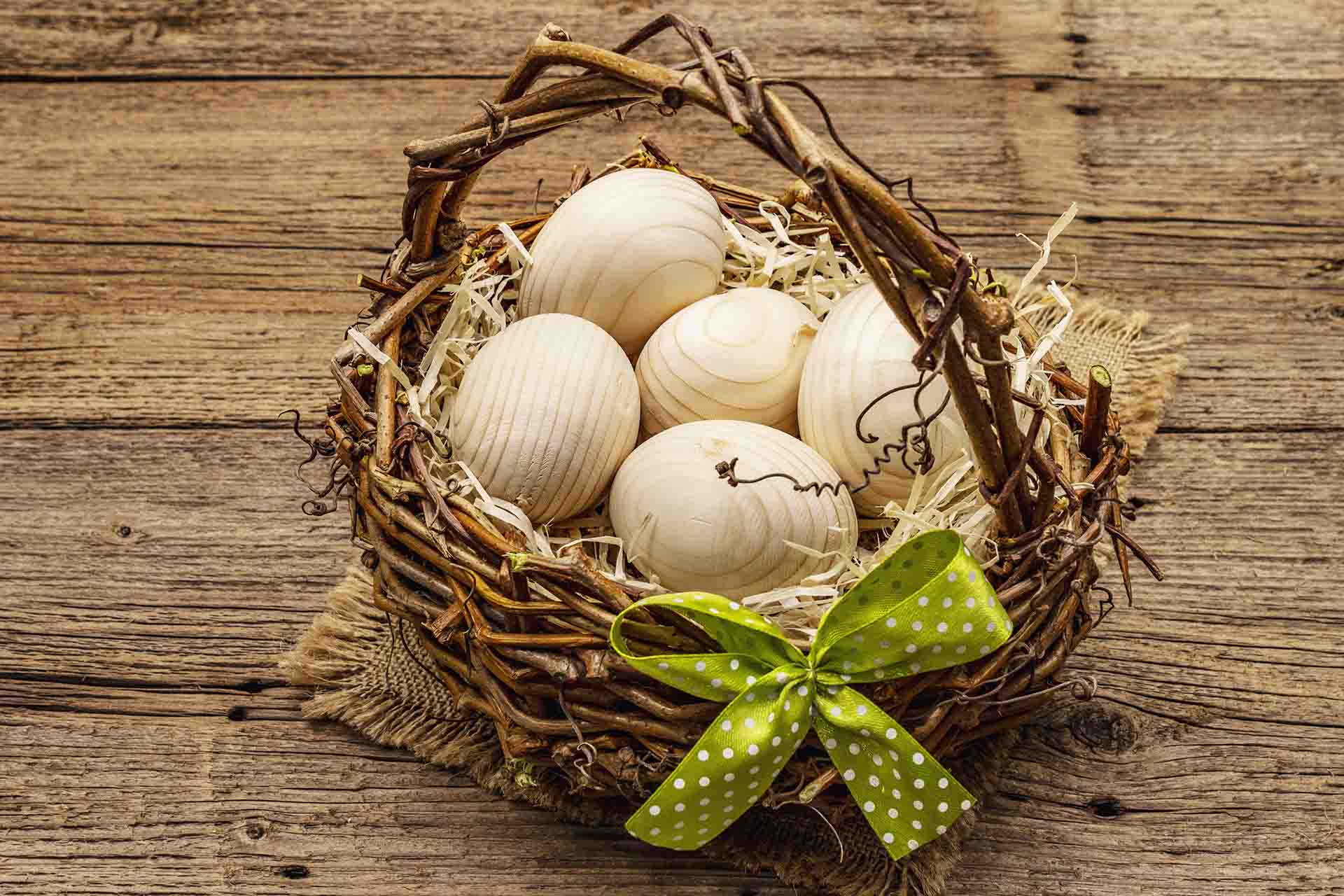
Wooden eggs in a basket / Source
Egg alternatives
Family traditions can be an important part of growing up, and parents might worry that their kids are missing out as wee vegans.
Luckily, there are plenty of fun alternatives to help you ditch the chicken eggs while still keeping your treasured family traditions.
Here are a few egg-free eggs that are a great alternative and ideal for vegan Easter baskets or decorated egg plates.
Now, let's talk about what to use to dye these egg-ternatives (sorry, I couldn't help myself).
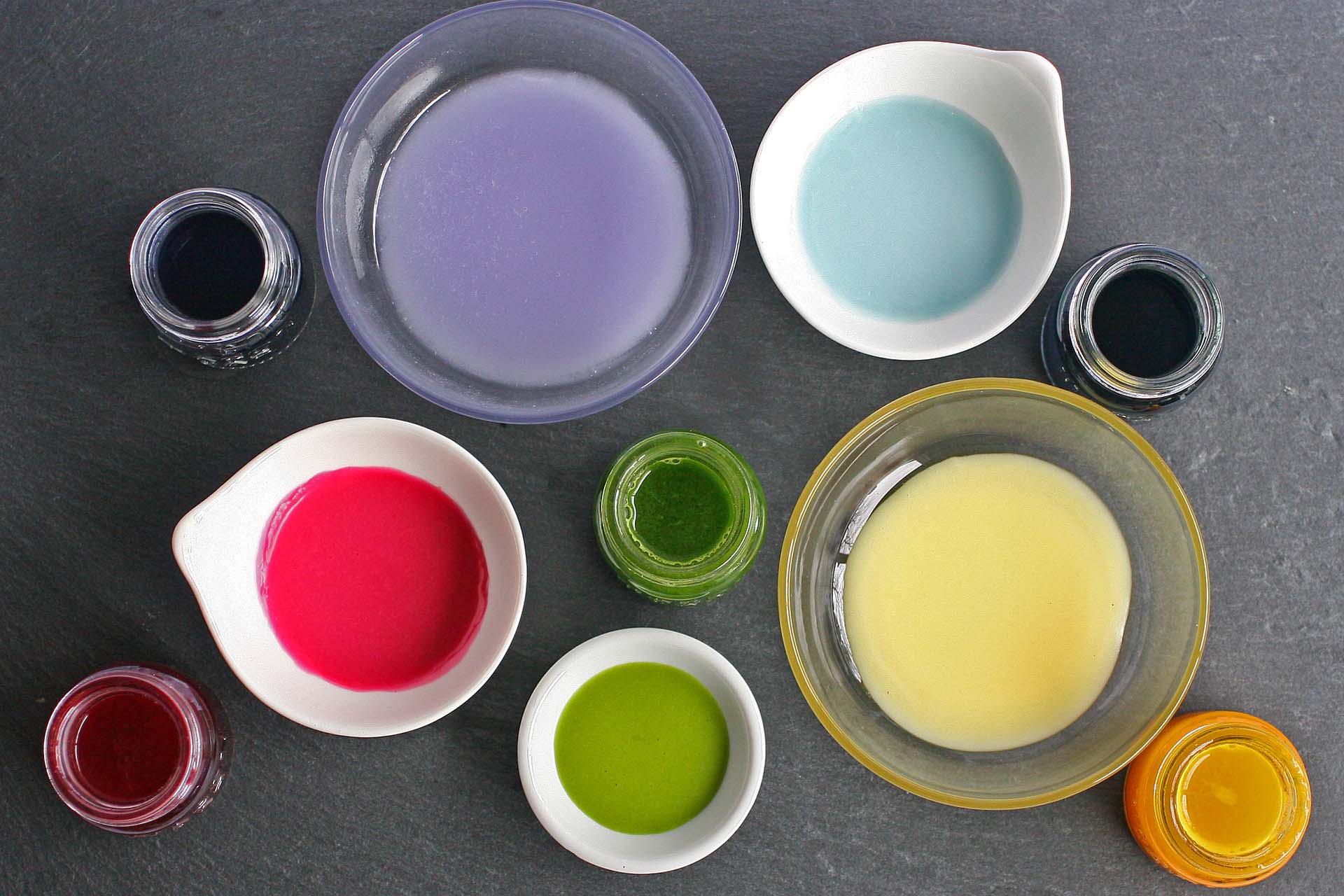
An array of homemade food colors / Source
How to make homemade food coloring
The unofficial colors of Easter are pretty and pastel. Not just limited to eggs, these colors are everywhere you look; from cookies to cakes to cupcakes, too. Generally speaking, these food and drinks get their colors from artificial food colors.
I am not a fan of artificial food colors.
These toxic chemicals masquerading as food are only possible through the wonders of chemistry and the oil drilling industry. Studies have shown various adverse health effects from ingesting them. And did you know that artificial food colors undergo animal testing to ensure their safety as food additives?
It’s true.
Relatedly, animal testing sucks and can yield dangerous results when physicians treat patients using medicine based on the results of these studies.
Artificial food colors are everywhere
Every time a holiday approaches, the artificial colors go on sale. Magazines, blogs, and videos feature impossibly cute and creative treats made with a variety of unnatural colors achieved through the magic of artificial colors.
There’s a better way; make bright, vivid colors at home.
A better, plant-powered rainbow
Every time a holiday approaches, artificial colors go on sale. Magazines, blogs, and videos feature impossibly cute and creative treats made with various unnatural colors achieved through the magic of synthetic colors. A better way is to make bright, vivid colors at home.
Look at those colors up there! Spectacular! And it's easy to make from everyday ingredients in your fridge or pantry.
Trust me; it's not complicated or expensive.
Click here for the full step-by-step homemade food coloring tutorial.
Buying vegan food dyes
Here are a few dyes that are colored with vegetable juice or spices, and contain no synthetic dyes.
- Color Kitchen Food Colors from Nature: This brand started popping up at my local markets, so I picked up a few packets to test out on my favorite sugar cookies. I'm a fan. First, the colors come packaged in individual packets, which means I don't over-buy. Second, the colors mix easily and create beautifully, even colors. Lastly, they're budget-friendly. Here's a 10-pack, Color Kitchen Food Colors from Nature, that makes a perfect starter pack.
- McCormick Nature's Inspiration Food Colors: By far, these colors from McCormick are the cheapest and the most widely available in grocery stores everywhere. These plant-based powdered colors come in a pack of three colors, which you can mix for an infinite amount of color options. I really like how they're packaged in resealable dry powder pouches. That makes for easy storage, and more importantly, easy re-use. I bought this McCormick Nature's Inspiration Food Colors pack for these unicorn sugar cookies, and I love how vivid the colors turned out. I would absolutely buy these again.
- Natural Earth Paints: Natural Earth has a full line of products to choose from. They come in biodegradable packaging made from pure, natural earth and mineral pigments and organic ingredients. This natural egg dye kit is perfect for those who are looking to dye artificial eggs.
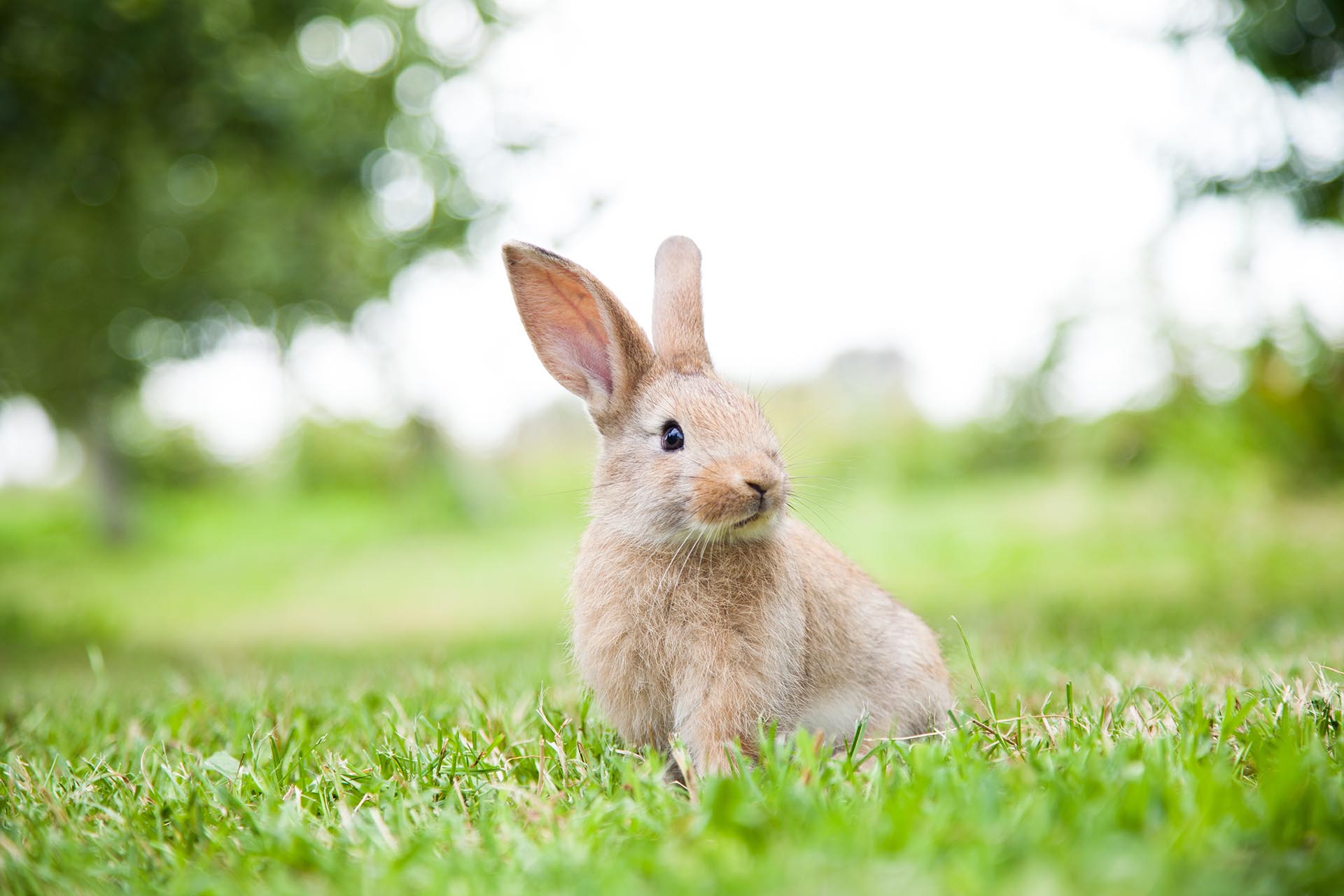
A young rabbit sitting in the grass / Source
4. Buying rabbits & baby chicks
Before bringing home live animals for children, it's crucial to consider several key factors. Here are essential insights into living with bunnies and baby chickens to help you make informed choices.
What to know about bringing home a real, live Easter bunny
The Easter Bunny is perhaps the most well-known holiday character after Santa Claus. The bunny is prominent in many family traditions and appears in Easter baskets everywhere as chocolates or stuffed toys.
Many well-intentioned parents may also bring a real, live Easter bunny home to excited children. While these intentions may have been good, bringing home a rabbit often ends badly for both the children and the rabbit. Sadly, after cats and dogs, more rabbits are abandoned or surrendered to animal shelters than any other animal.
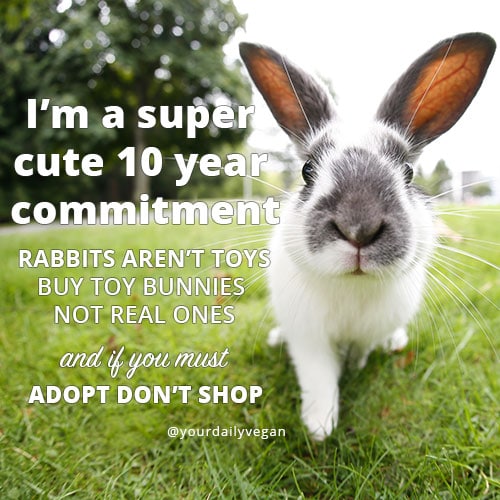
It's a long term commitment
Many people who purchase bunnies at Easter don't realize that caring for a rabbit is a ten-year commitment. Including:
- House-training (rabbits can be litter box trained)
- Bunny-proofing your house (rabbits like to chew on wires, boxes, papers, among other things)
- Several hours of daily playtime
- Spaying or neutering
Contrary to popular belief, rabbits are not the perfect small animal for children. They like the ground and become frightened when held or restrained. This fear can lead to kicking and scratching, which can injure whoever is holding them.
Rabbits also have incredibly fragile spines. If dropped, the rabbit could break its back or worse.
Raising rabbits is a lot of hard work
Caring for a rabbit can be a lot of work. It requires as much time, attention, and care as a dog or cat.
Sometimes, when people realize they're in trouble, they release their family pet rabbit into the wild. This is an extremely dangerous choice since domestic rabbits are not the same as their cousins, and most won't survive outside on their own.
Because well-intentioned people can unknowingly make bad decisions, doing plenty of research is important. Before making a lifelong commitment to a rabbit, take some time to read the information at rabbitron.com.
One last thing: If you’ve done all the research and still want a rabbit, please don't shop, adopt. Contact your local animal shelter or a rescue organization like Hug-a-Bunny Rabbit Rescue, the House Rabbit Network, or Rabbit Rescue.
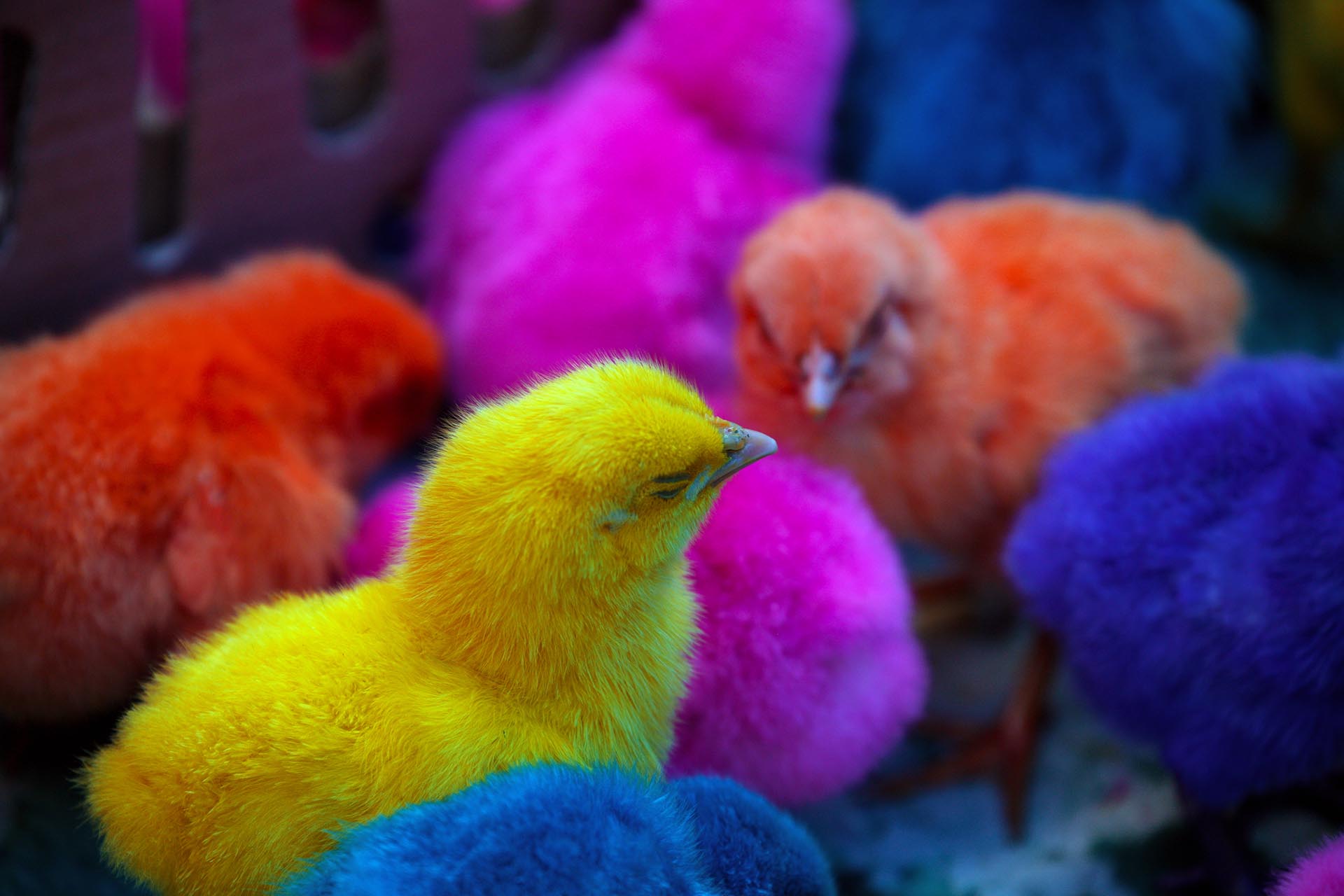
Brightly-dyed baby chicks / Source
Candy-colored Easter chicks
While brightly colored newborn chicks may appear to be an ideal festive Easter present for eager youngsters, the reality is far from idyllic.
Dyeing chicks is absolutely unnecessary and inherently cruel, reducing live birds to mere playthings swiftly discarded by children with fleeting attention spans.
Caring for baby chicks
These birds have many of the same needs as rabbits—plenty of attention, room to roam and roost, veterinary care—and they face many of the same problems, too. Like rabbits, people can become overwhelmed by the idea of caring for a baby chick as it grows into an adult chicken, which can lead to abandonment or worse.
Unfortunately, these young birds have no knowledge or experience of foraging or evading predators, making death inevitable. For those that do survive, they can form feral colonies, disrupting native wildlife populations. Once the communities become unmanageable, cities will enact mandatory culling of the birds.
Easter chicks surrendered to animal shelters (if you can find one to take them) also don't fare any better. Many shelters and humane societies become overburdened in spring, and finding suitable homes for them can be a real challenge.
The sad truth is that many of these chicks will eventually die because there are not enough adoptive homes for them.
Other ethical considerations
In addition to the problems of caring for young chicks, the practice of tinting animals is also problematic for other ethical reasons. According to the New York Times, about half of the United States currently have laws against dyeing animals.
The process is unnecessary and invasive.
"You take regular food coloring and inject it into the egg on the 18th day of incubation," said Peter R. There, a retired poultry rancher who lives outside Lampasas, Texas. "They take 21 days to hatch. Put a little dab of wax on top to cover the hole up, and put it back in the incubator."
But this is only one method; others are worse.
Another tinting process begins with newborn chicks inside a large bucket or container. A worker pours food dye over the chicks before shaking them—similar to tossing a salad—to obtain an even coat.
Some don't survive the process, while others sustain injuries like broken bones. None of the birds make it out unscathed from the process.
Please remember, baby chicks might seem like a cute gift. Still, they grow into adult chickens needing time, attention, and veterinary care. Instead of offering children brightly colored chicks as real, live toys, choose a cute stuffed toy for their vegan Easter basket instead.
Vegan Brunch Recipes for Easter
- Vegan Hot Cross Buns
Delightful Adventures
- Carrot Cake Waffles w/Maple Cream Cheese
Keepin’ It Kind
- Sweet Cinnamon Rolls
Connoisseurus Veg
- Vegan "Egg" Cups
Bear Plate
- Tofu Chickpea Quiche
Yup It’s Vegan
- Easter Smoothie
Vegan Dollhouse
- Vegan Breakfast Skillet
Make it Dairy Free
- No-Bake Almond Butter & Strawberry Jam Breakfast Bars
Blissful Basil
- Blueberry Oat Flour Waffles
Feasting on Fruit
- Vegetable Frittata
Sunnyside Hanne
- Tempeh Maple Breakfast Sausage Patties
The Curious Chickpea
- Tomato & Spinach Tart
Veganosity
Vegan Appetizer Recipes for Easter
- Vegan Spinach Artichoke Dip
Yummy Mummy Kitchen
- Carrot & Coriander Fritters
Thinly Spread
- Olive Tapenade
Fried Dandelions
- Spring Pea Hummus
Veggie Desserts
- Easter Egg Hummus Toasts
Fork & Beans
- Cheese Hedgehog
Vegan Dollhouse
- Cowboy Caviar
The View from Great Island
- Cucumber Slices w/Smoky Sunflower Seed Pâté
Kitchen Treaty
- Hemp & Sunflower Seed Pâté
The Conscious Dietitian
- Creamy Avocado & Edamame Hummus
Eat With Clarity
- Crispy Mac & Cheese Bites
Vegggies Don't Bite
- Vegan Smoked Salmon
When Sweet Becomes Healthy
Vegan Main Dish Recipes for Easter
- Seitan Roast Stuffed
Fat Free Kitchen
- Kale Spanakopita with Hairssa Mint Oil
Yup It’s Vegan
- Seitan Mushroom Roast
Keepin’ it Kind
- Lentil Salad w/Roasted Carrots + Onion
Quite Good Food
- Vegan Mushroom Wellington
Veggie Society
- Spring Vegetable Galette
Cilantro & Citronella
- Carrot Pizza w/Carrot Pizza Sauce
Veggie Desserts
- Lemon Pepper Cauliflower Steaks
My Darling Vegan
- Vegan Lentil Loaf
The Minimalist Vegan
- Asparagus & Cheese Tart
My Darling Vegan
Vegan Side Dish Recipes for Easter
- Roasted Beet Salad w/Dukkah
Happy Hearted Kitchen
- Double Cream Cheese Smashed Potatoes
Your Daily Vegan
- Spring Greens, Leek, Peas & Pesto Risotto
Cupful of Kale
- Massaged Kale Salad w/Creamy Tahini Dressing
Your Daily Vegan
- Roasted Brussels Sprouts w/Balsamic Maple Glaze
Running on Real Food
- Lemon Olive Oil Potato Salad
Eating by Elaine
- Vegan Cesear Salad
Plant Power Couple
- Herbed Scalloped Potatoes
Vegan in the Freezer
- Roasted Tri-Color Carrots
Veganosity
- Green Bean Almondine
Veggie Desserts
- Spring Root Vegetable Hash
Eating by Elaine
- Fluffy Vegan Buttermilk Mashed Potatoes
The Vegan 8
Vegan Dessert Recipes for Easter
- Wild Berry Tart
Green Kitchen Stories
- Lime & Coconut Cake
A Virtual Vegan
- Lemon Millet Bliss Balls
Feasting on Fruit
- Lemon Coconut Doughnuts
Connoisseurus Veg
- Pistachio & Orange Blossom Avocado Cake
Unconventional Baker
- Triple Chocolate Bundt Cake
My Darling Vegan
- Vegan Custard Puff Pastry Napoleon
Veggie Society
- Lemon Poppyseed Loaf
Sweet Simple Vegan
- Bite-Size Coconut Macaroon Nests
Plant Crush
- Olive Oil Cake with Lemon
My Darling Vegan
- Chocolate Cake
The Plant Riot
- White Chocolate Fudge
Plant Power Couple
Vegan DIY Candies & Confections
- Easter Almond Baby Chicks
Fork & Beans
- Chocolate Caramel Easter Eggs
The Pretty Bee
- Homemade Peppermint Patties
Pickles & Honey
- Copycat Cadbury-Style Chocolate Creme Eggs
A Virtual Vegan
- Mother's Bunny Cookies
Vegan Dollhouse
- Raw Vegan “Mini Eggs”
Radiant Rachaels
- Peanut Butter Eggs
Minimalist Baker
- Easter Bunny Treats
When Sweet Becomes Healthy
- Avantgarde Easter Chocolate Eggs
When Sweet Becomes Healthy
- Almond Joy & Reese's Copycat Vegan Eggs
Veganosity
- Vegan Mounds Bars
Strength & Sunshine
- Chocolate Mousse & Caramel Filled Chocolate Eggs
Rawberry Fields
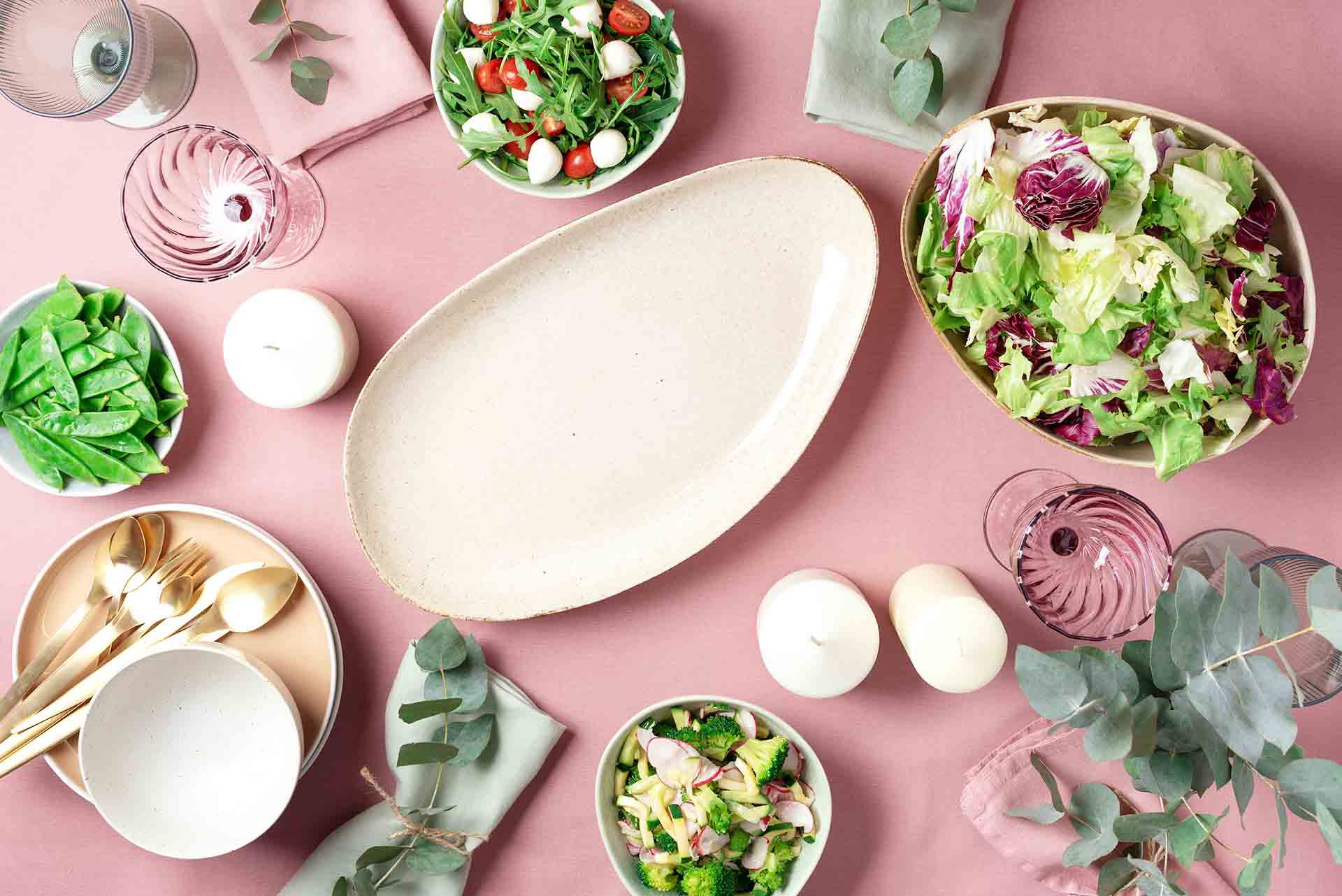
How to Plan a Vegan Easter Meal
This guide contains more than 72 delicious vegan Easter recipes perfect for any holiday table. And for the culinary-inclined, I've also included a full menu of homemade candies and confections that'll show off those cooking skills.
Browse by scrolling or select from the following categories to plan your meal:
Vegan Brunch Recipes
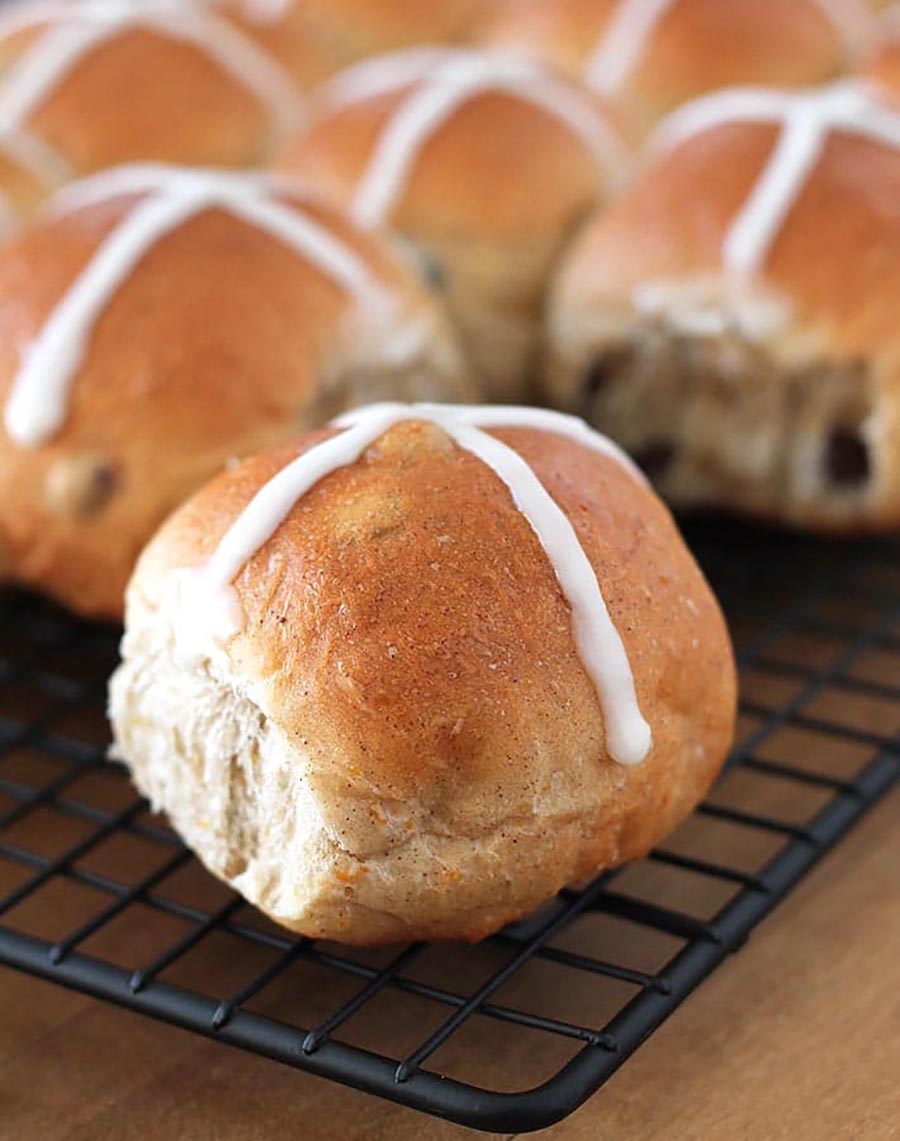
1. Vegan Hot Cross Buns
Delightful Adventures
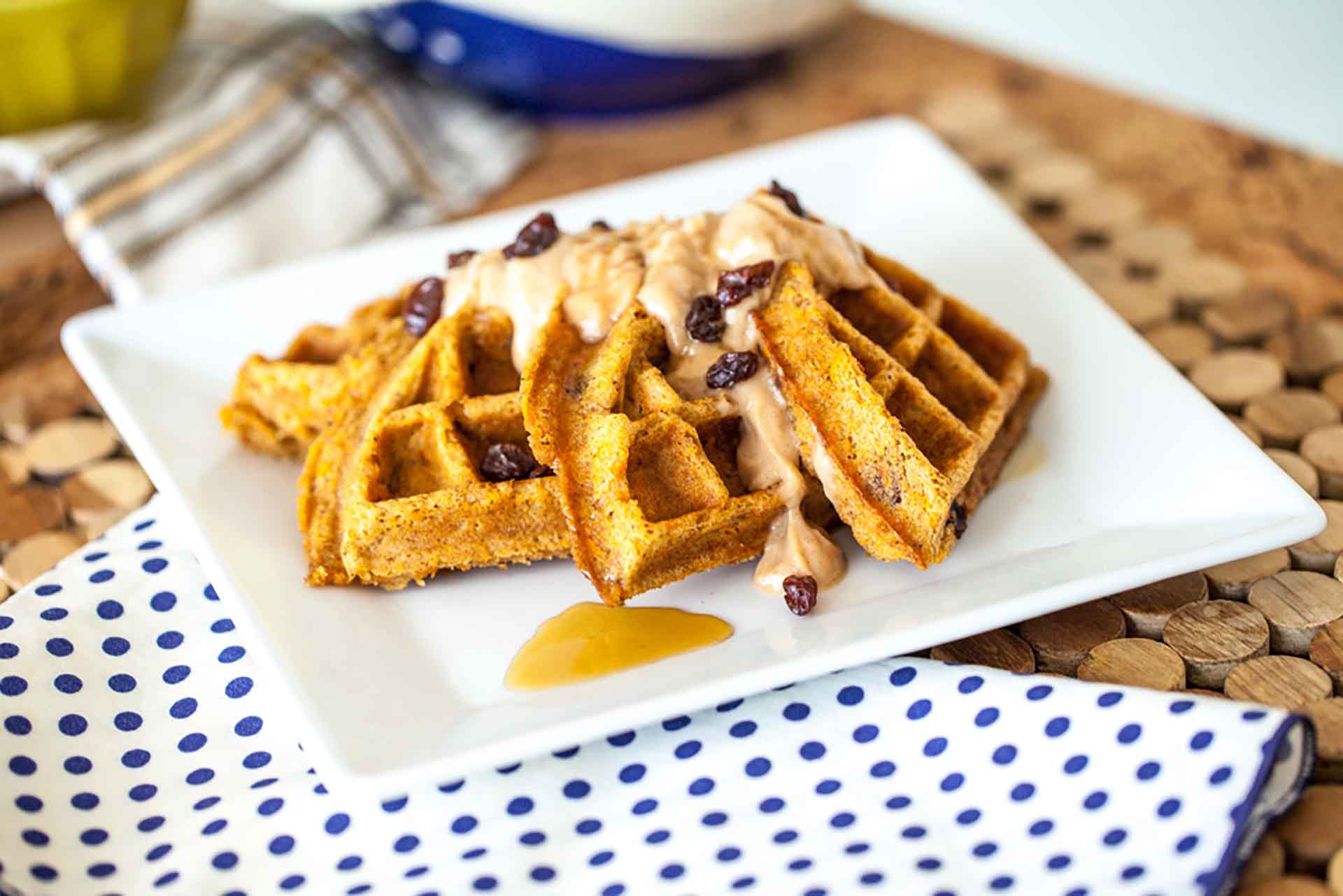
2. Carrot Cake Waffles w/Maple Cream Cheese
Keepin’ It Kind
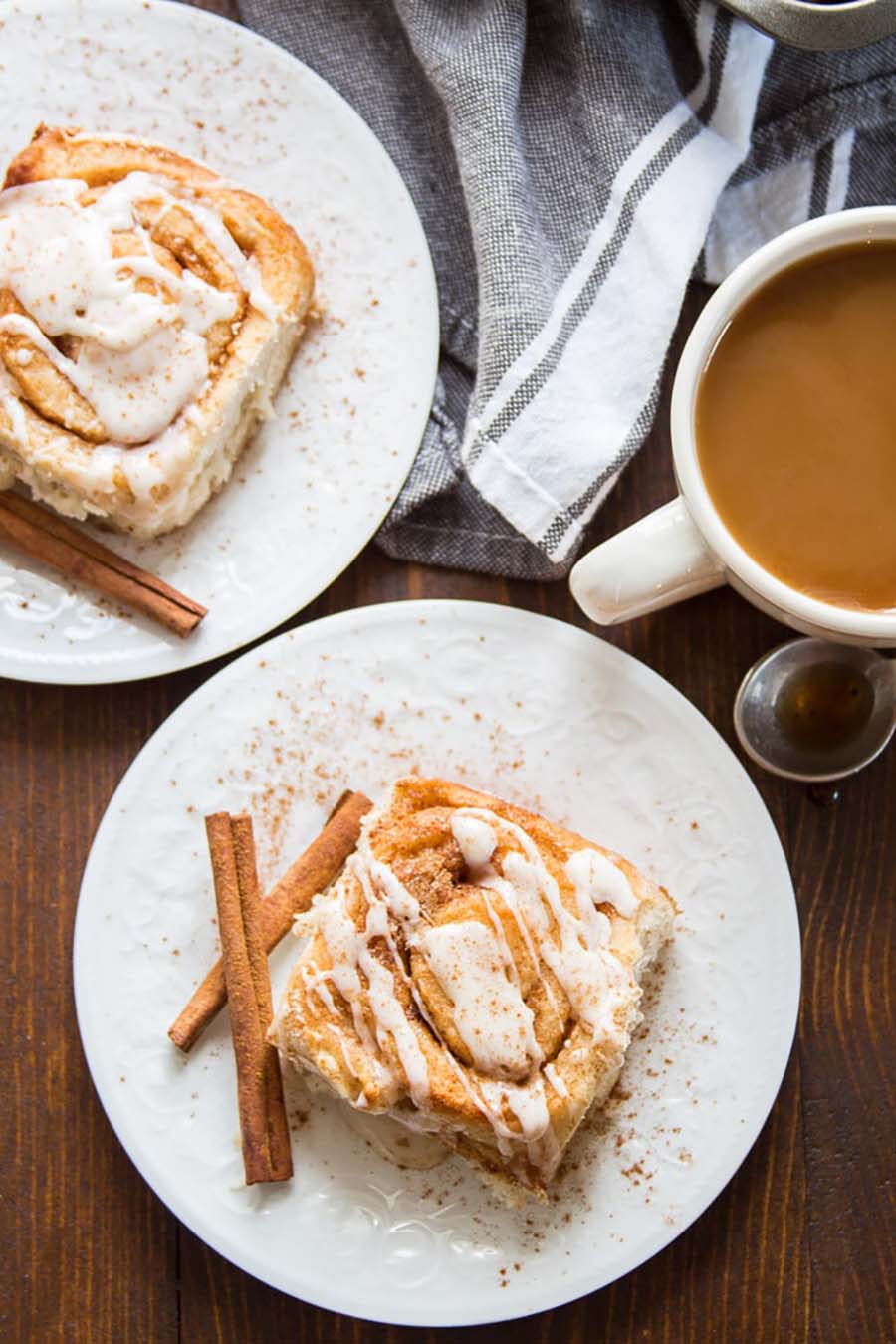
3. Sweet Cinnamon Rolls
Connoisseurus Veg
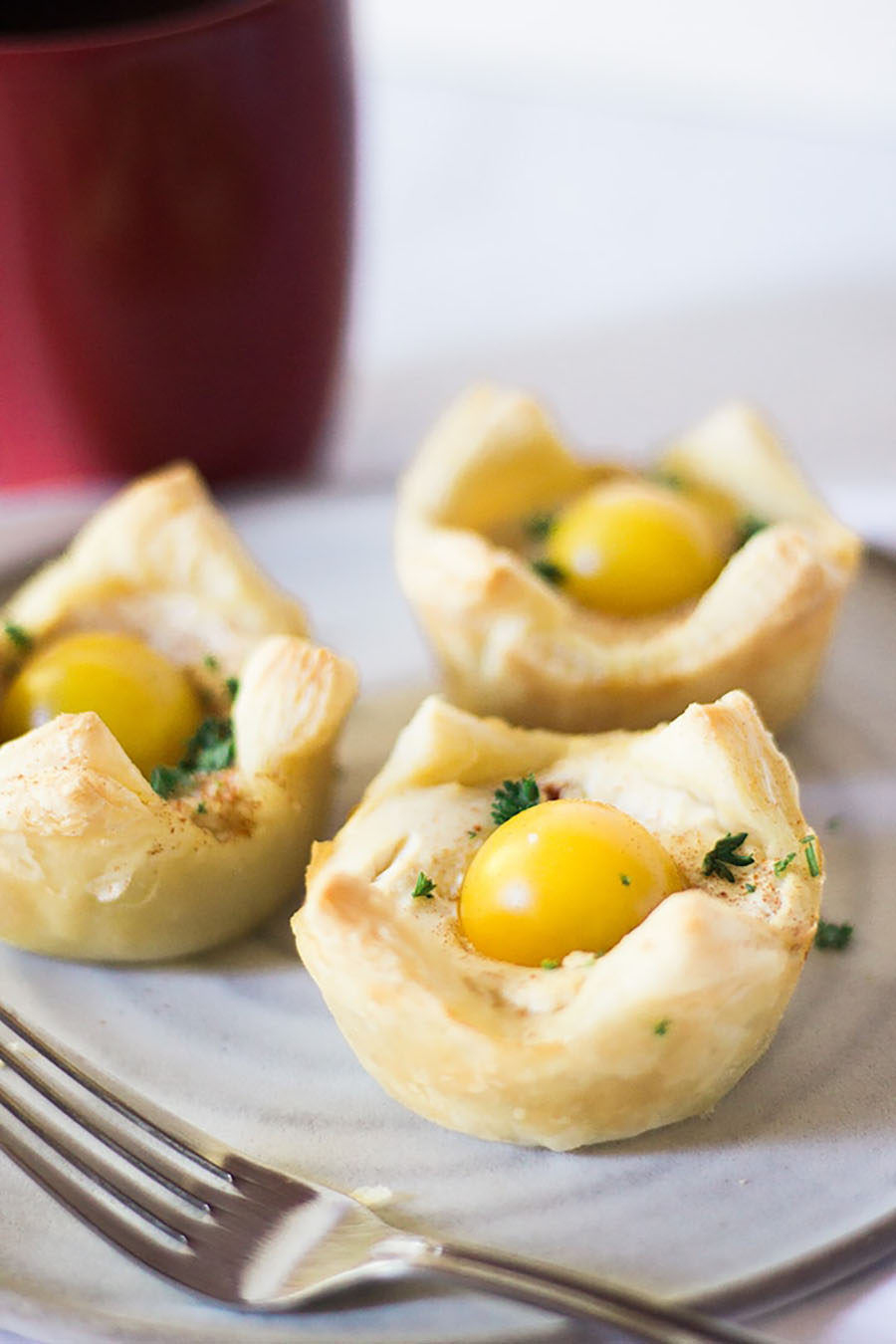
4. Vegan “Egg” Cups
Bear Plate
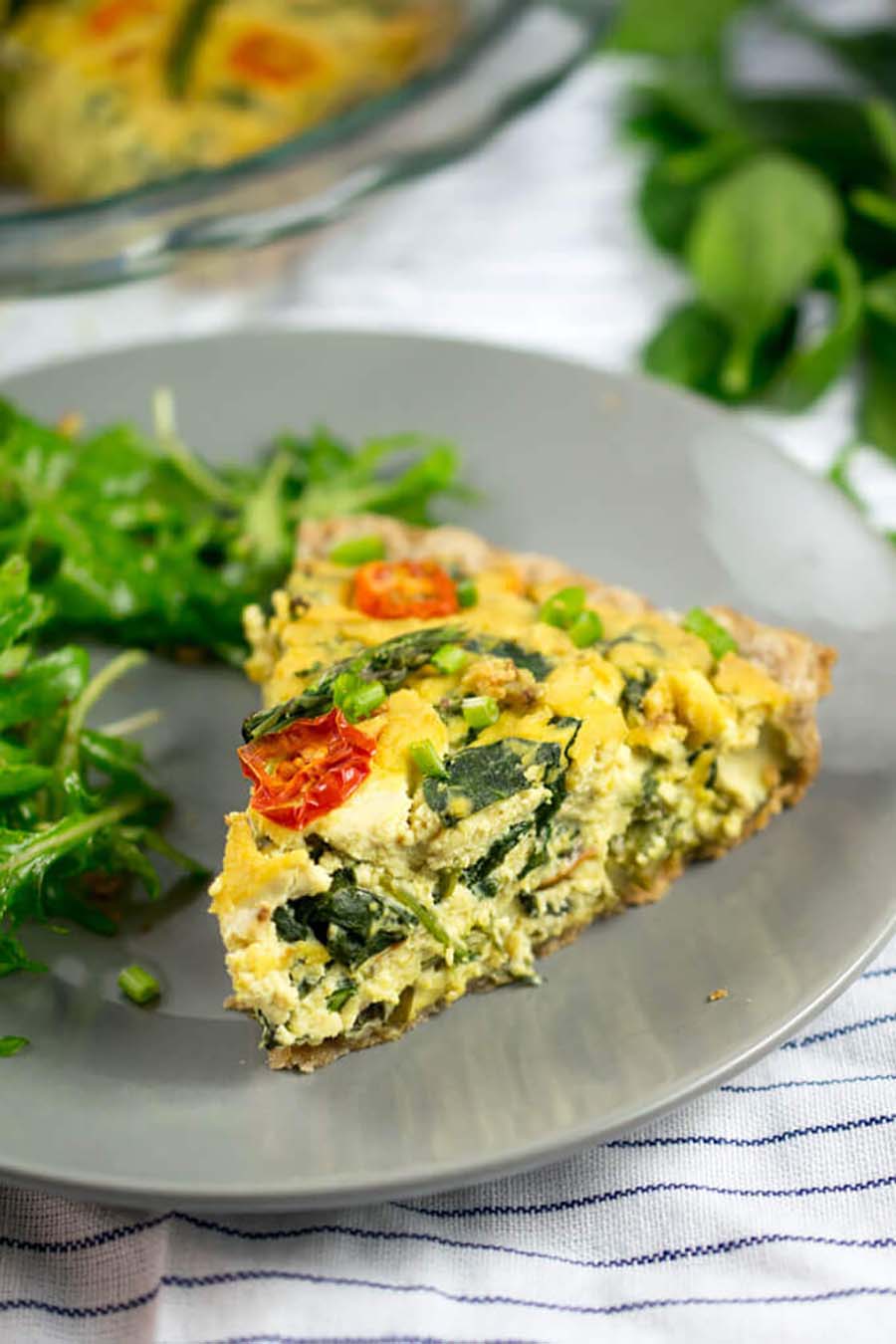
5. Tofu Chickpea Quiche
Yup It’s Vegan
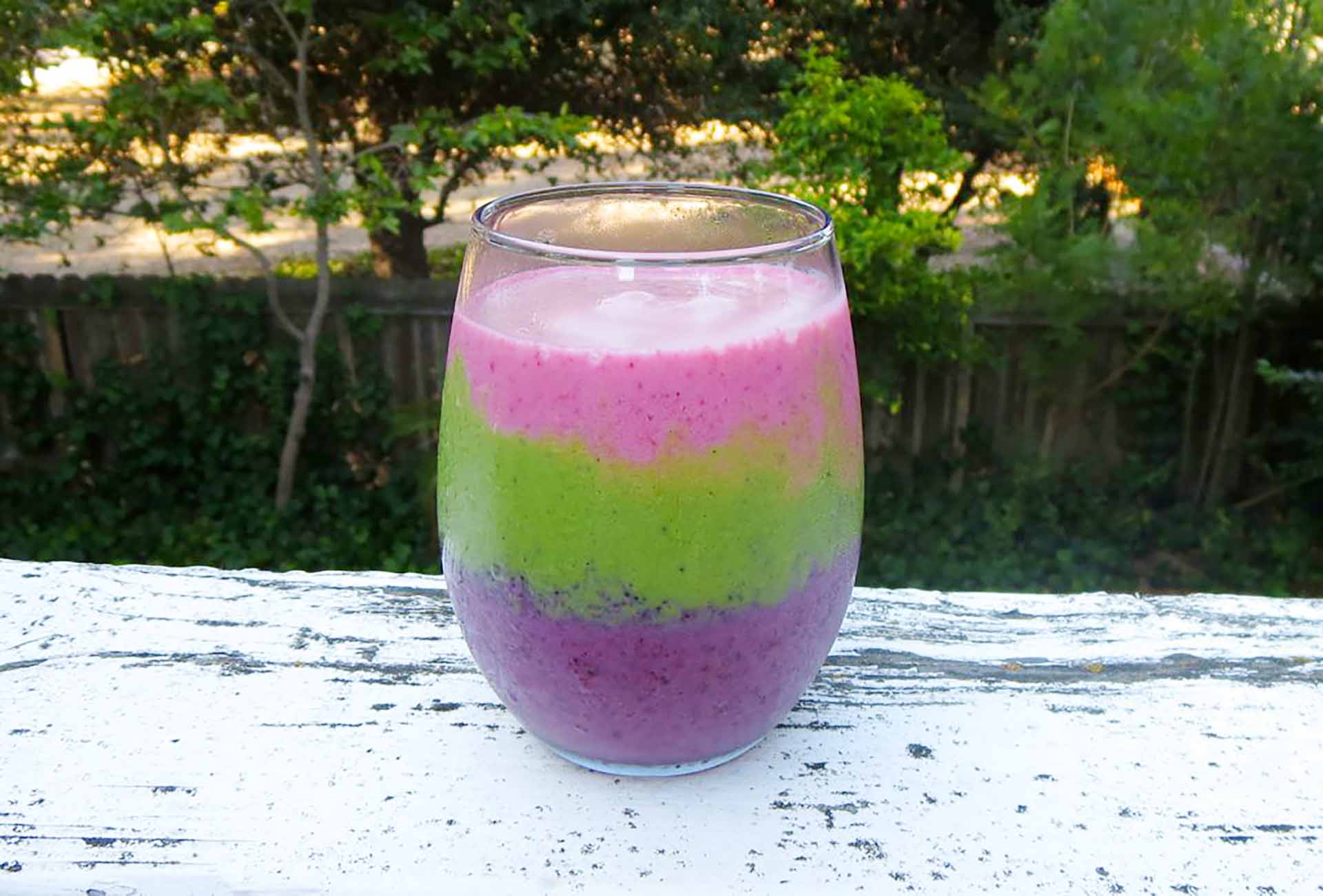
6. Easter Smoothie
Vegan Dollhouse
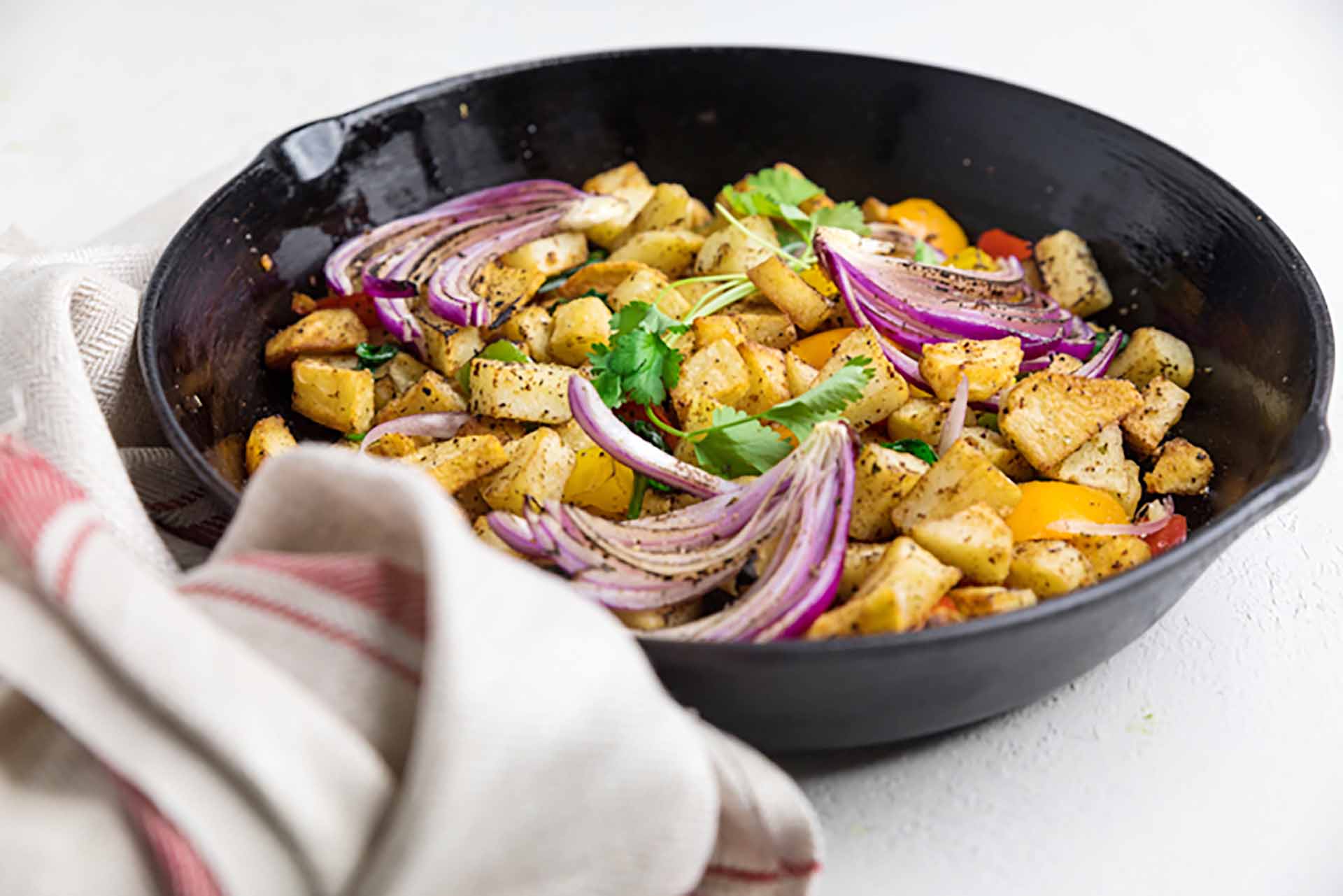
7. Vegan Breakfast Skillet
Make it Dairy Free
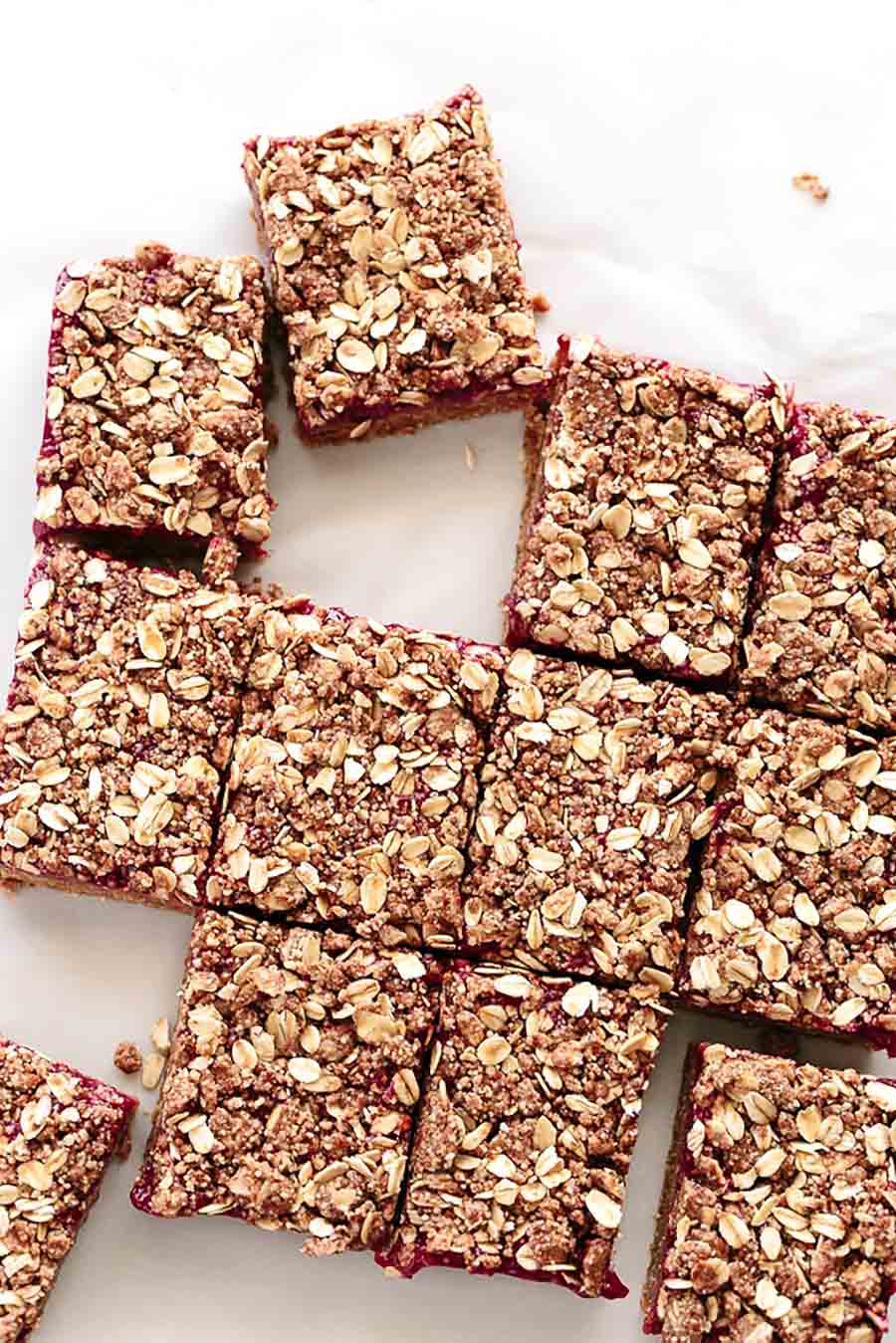
8. No-Bake Almond Butter & Strawberry Jam Breakfast Bars
Blissful Basil
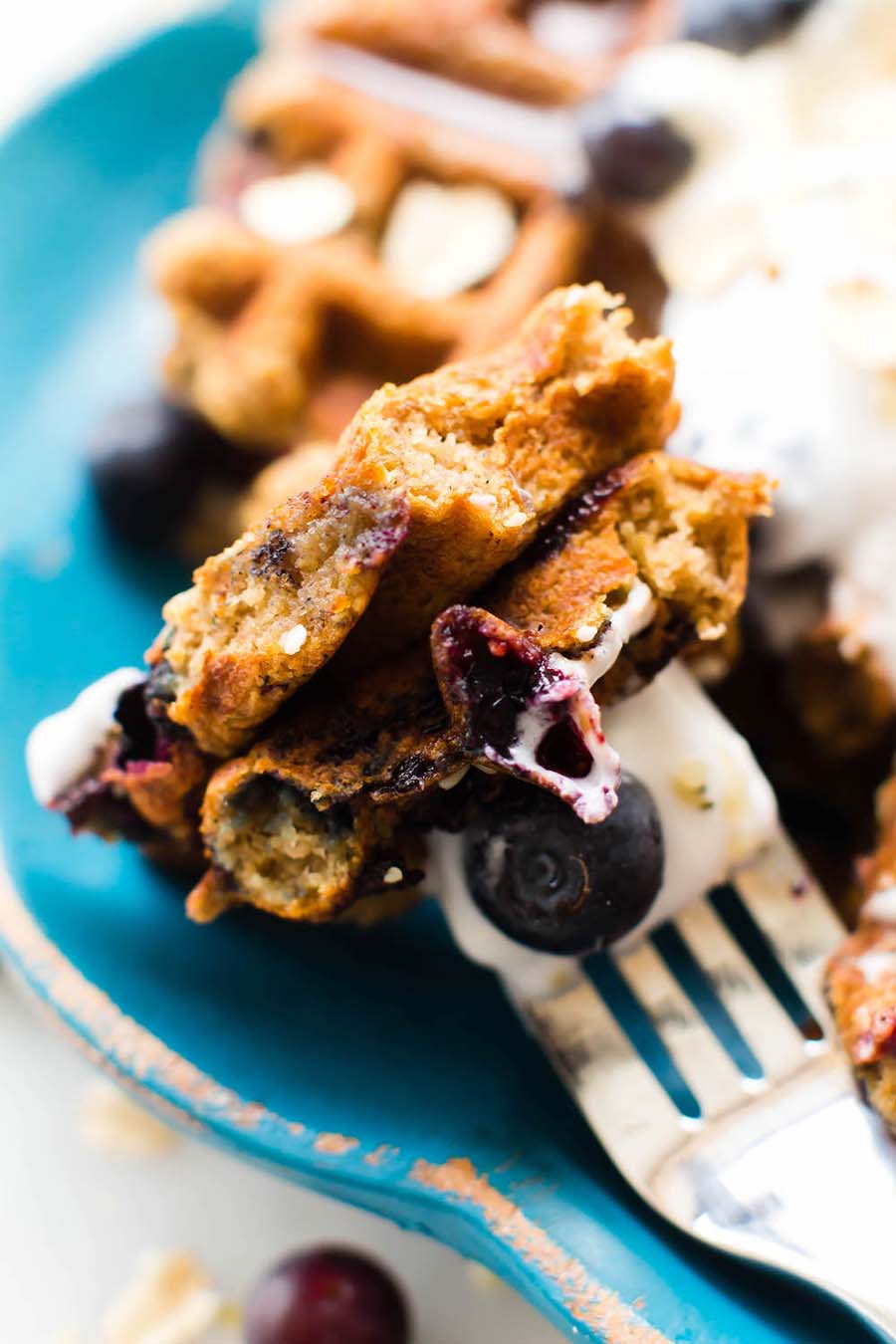
9. Blueberry Oat Flour Waffles
Feasting on Fruit

10. Vegetable Frittata
Sunnyside Hanne
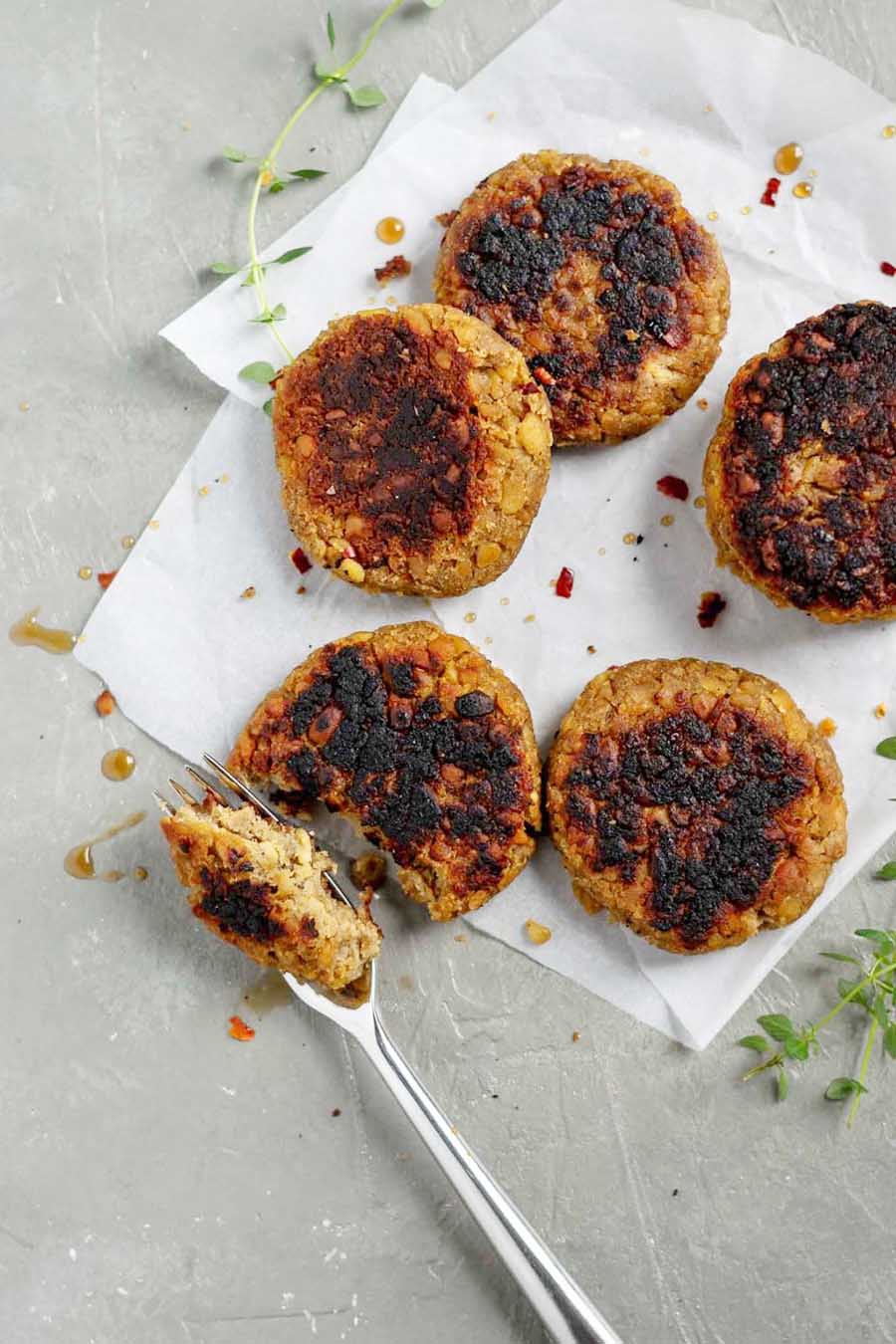
11. Tempeh Maple Breakfast Sausage Patties
The Curious Chickpea
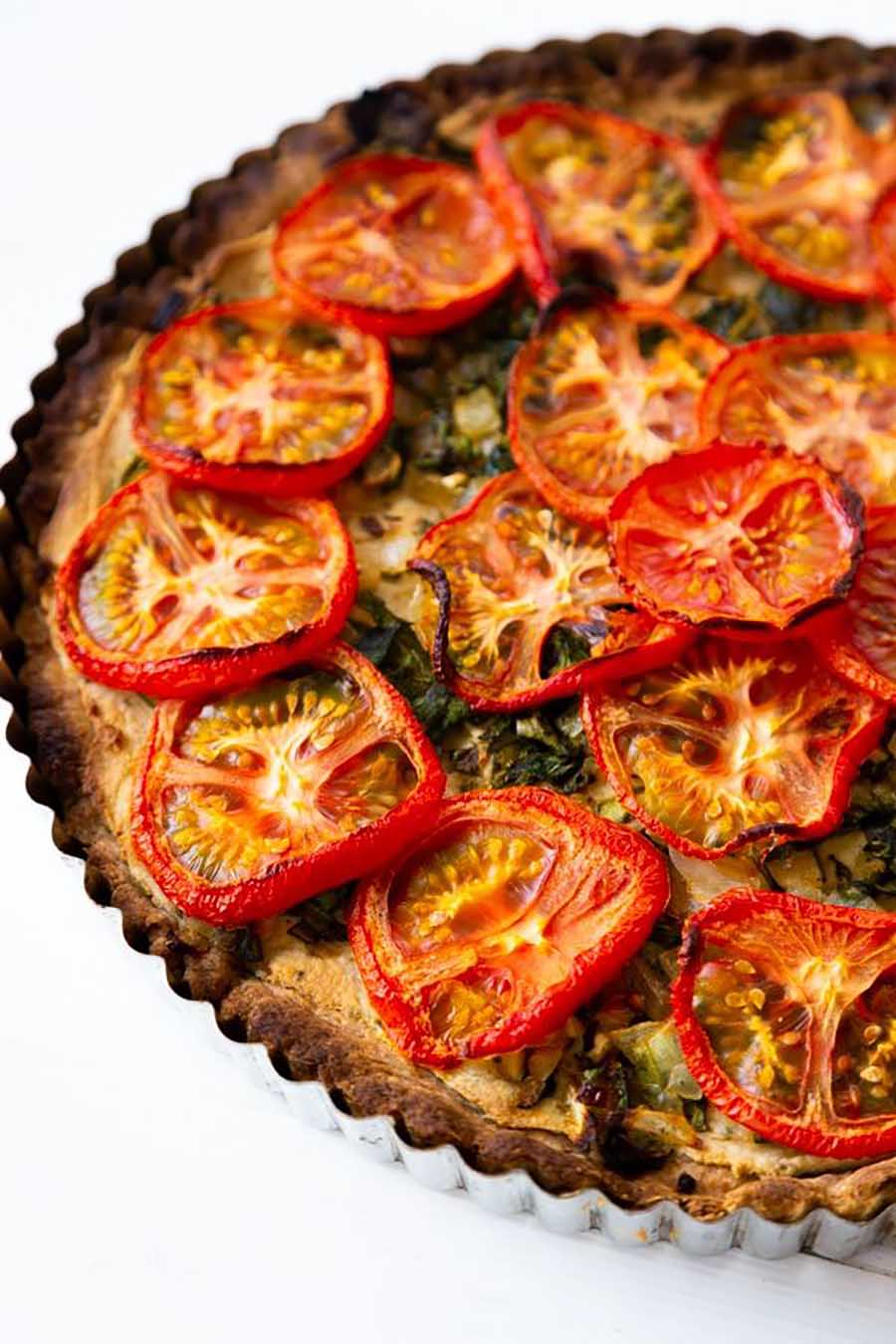
12. Tomato & Spinach Tart
Veganosity
Vegan Appetizer Recipes
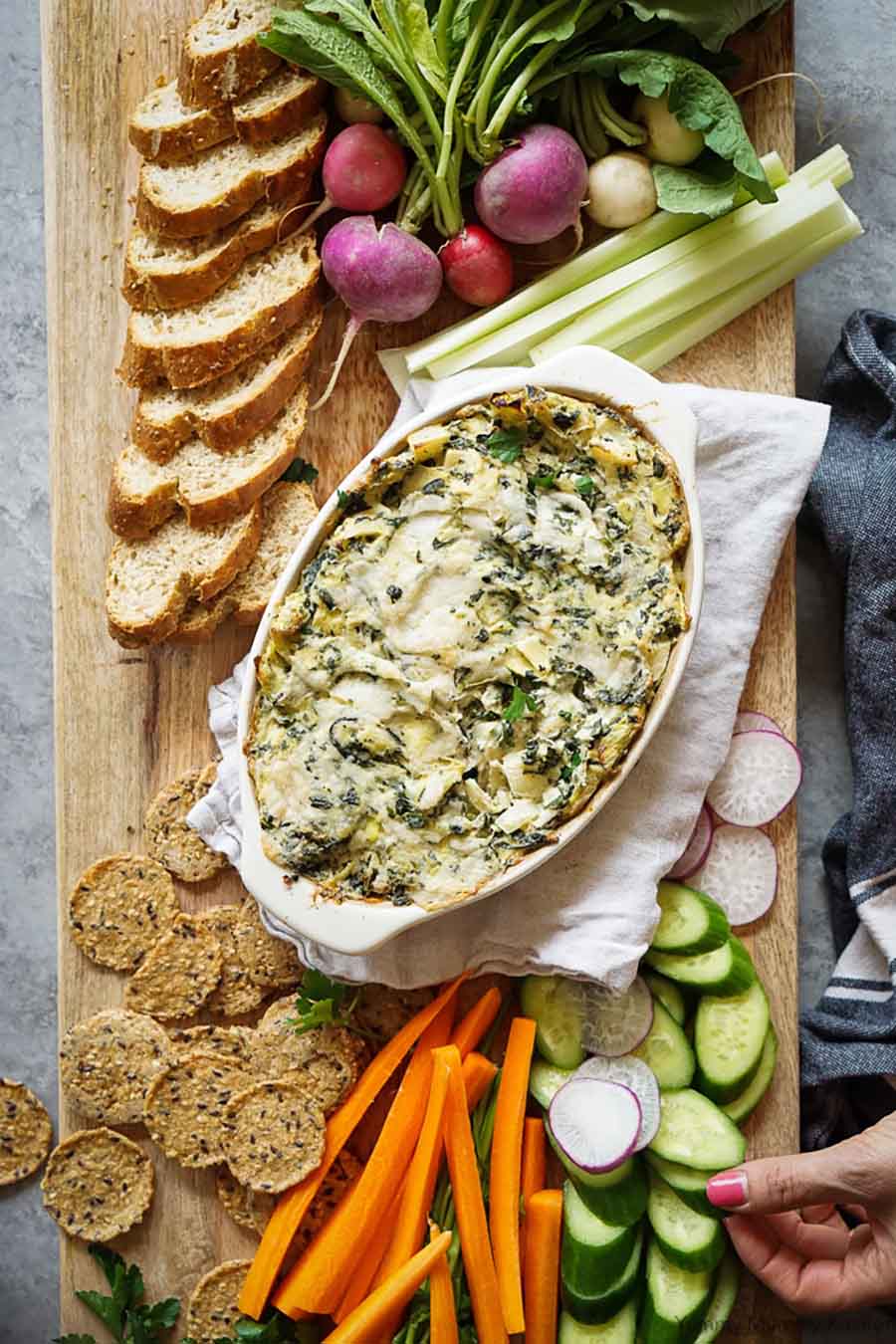
1. Vegan Spinach Artichoke Dip
Yummy Mummy Kitchen
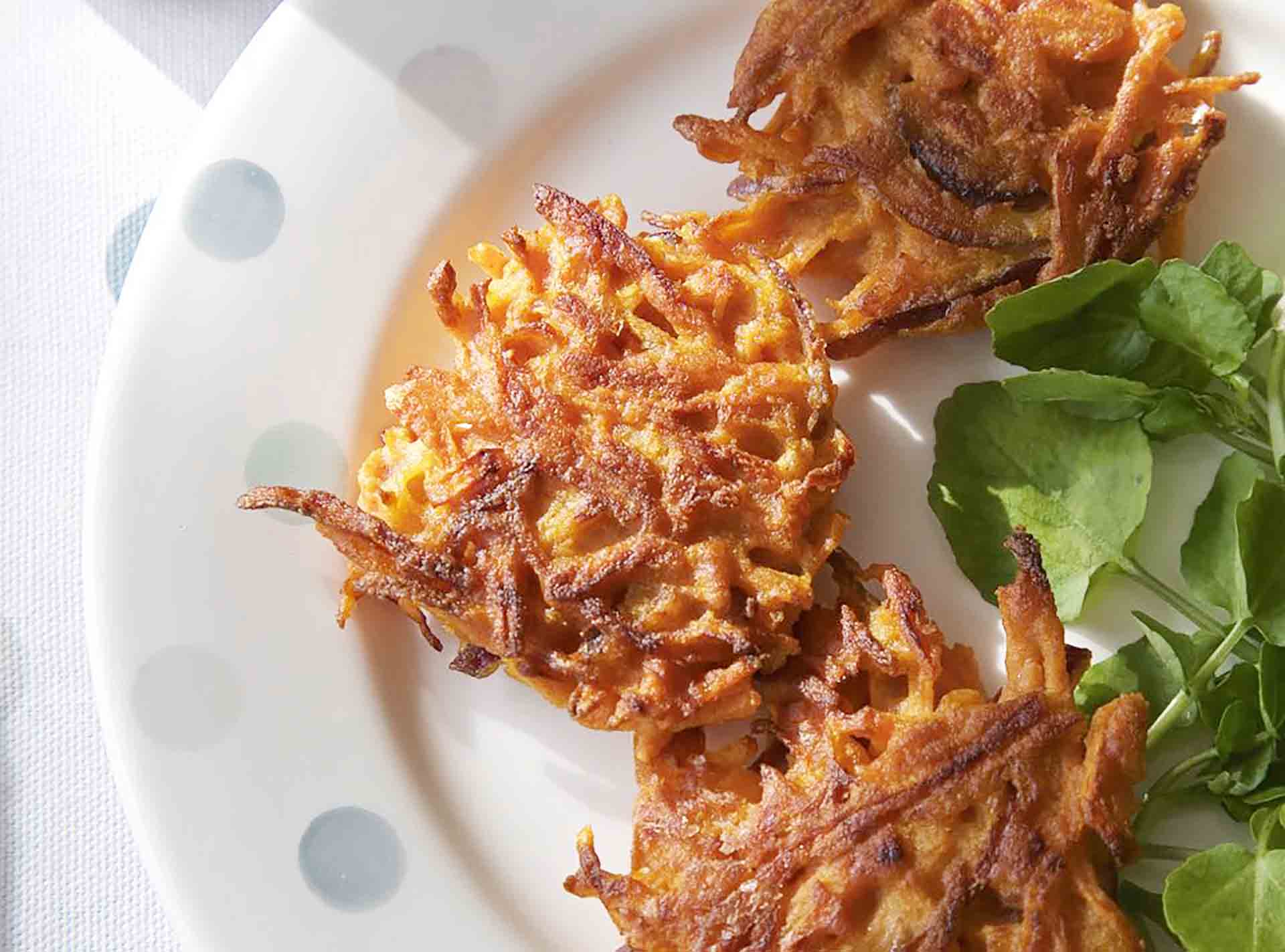
2. Carrot & Coriander Fritters
Thinly Spread
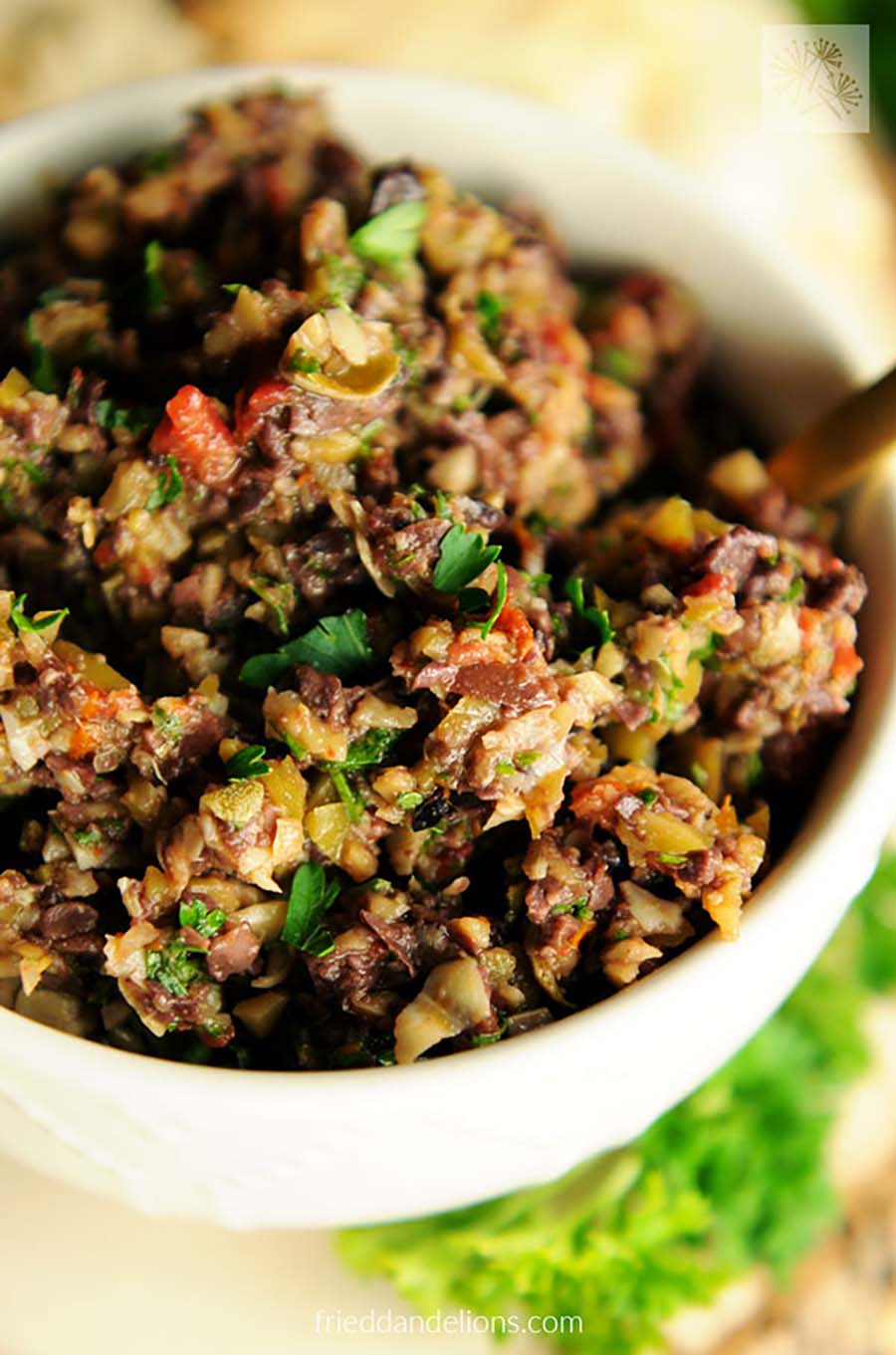
3. Olive Tapenade
Fried Dandelions
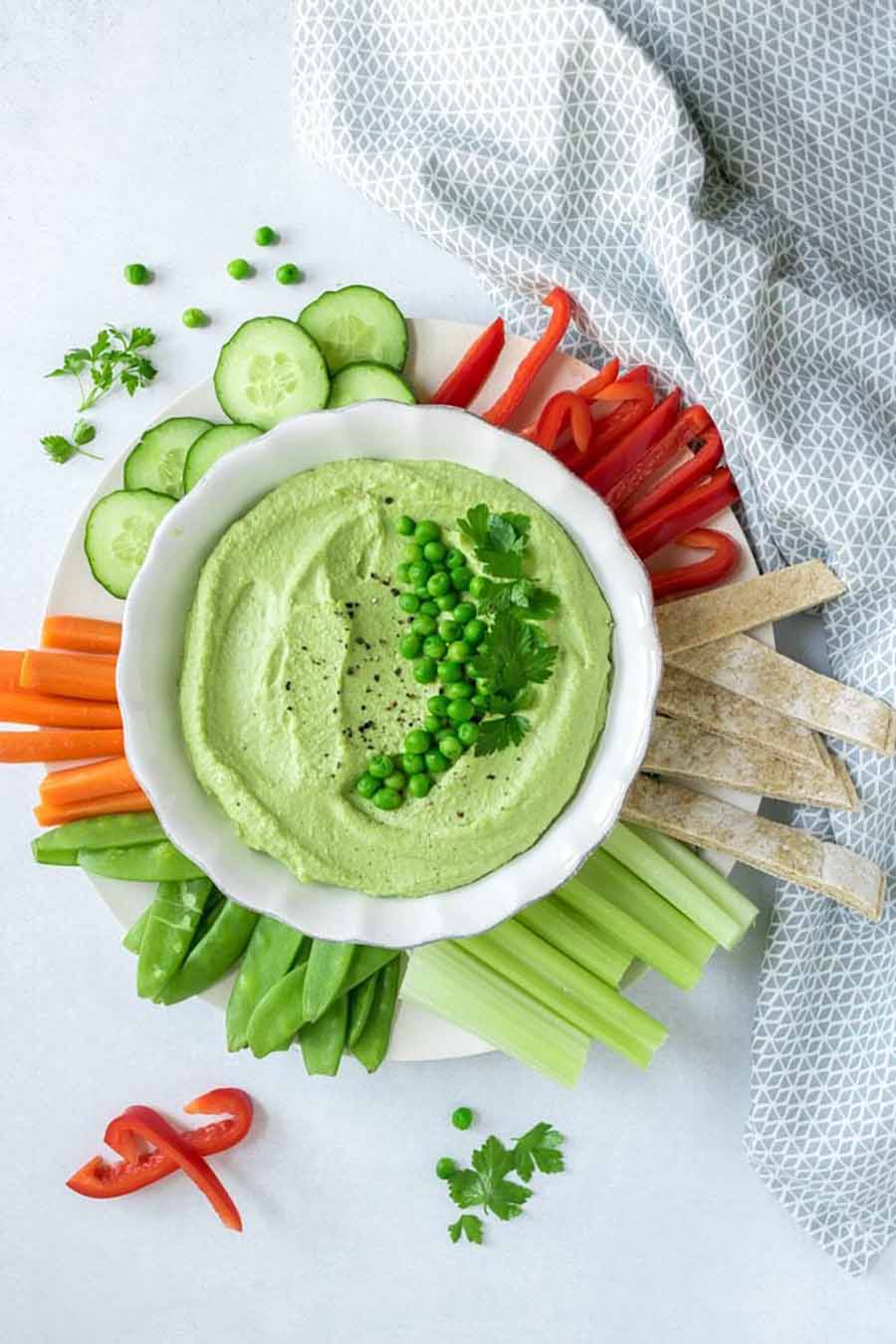
4. Spring Pea Hummus
Veggie Desserts

5. Easter Egg Hummus Toasts
Fork & Beans
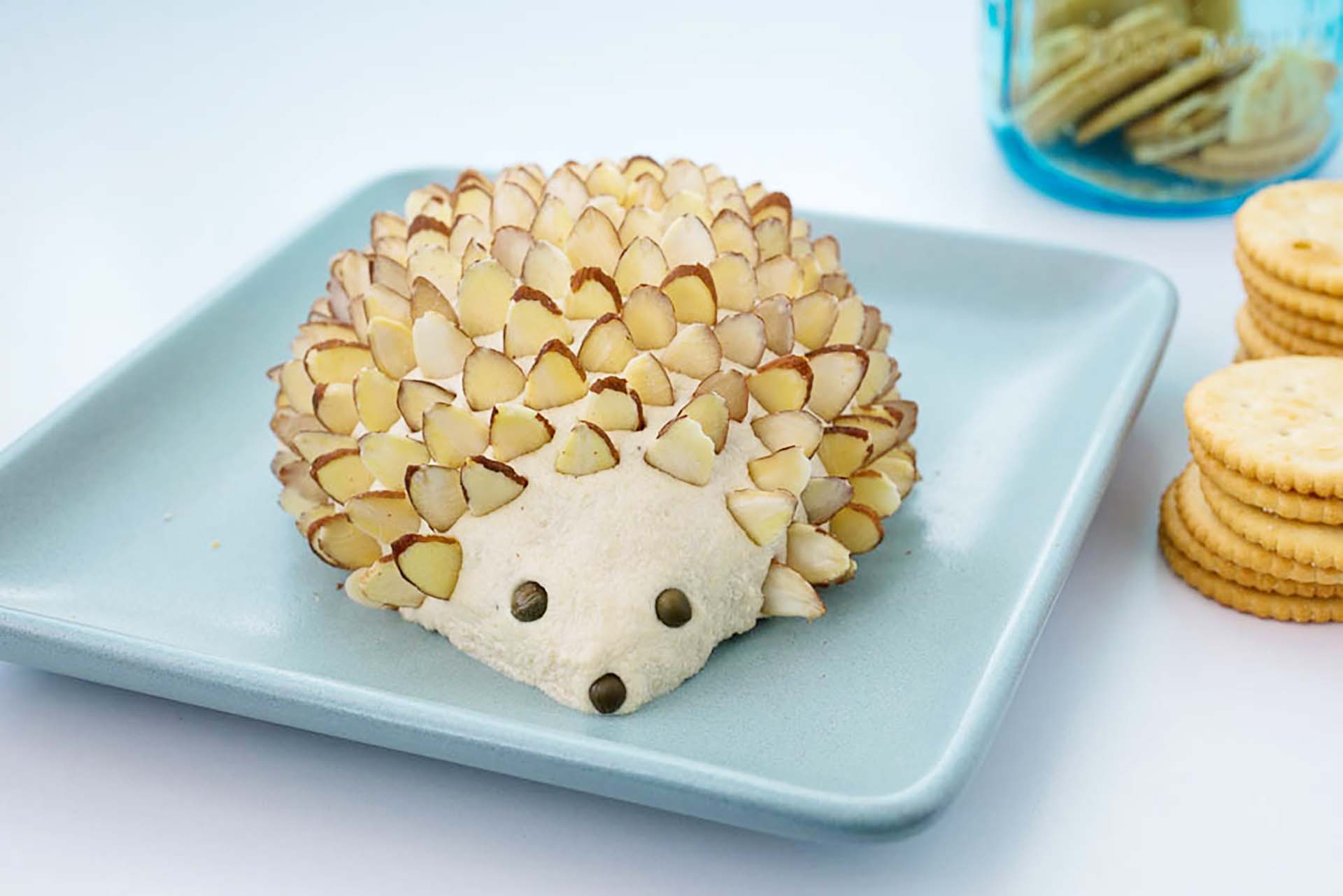
6. Cheese Hedgehog
Vegan Dollhouse
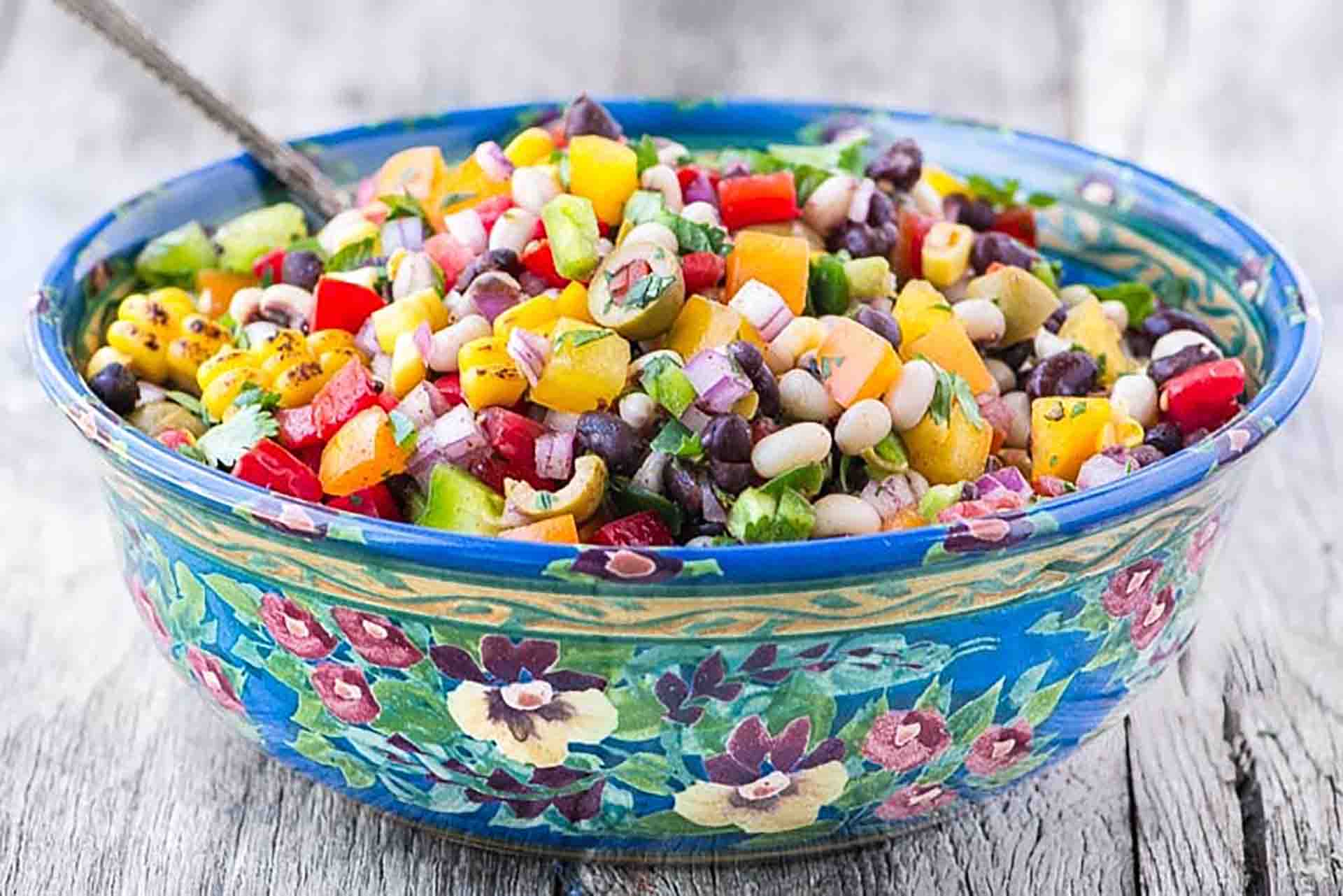
7. Cowboy Caviar
The View from Great Island
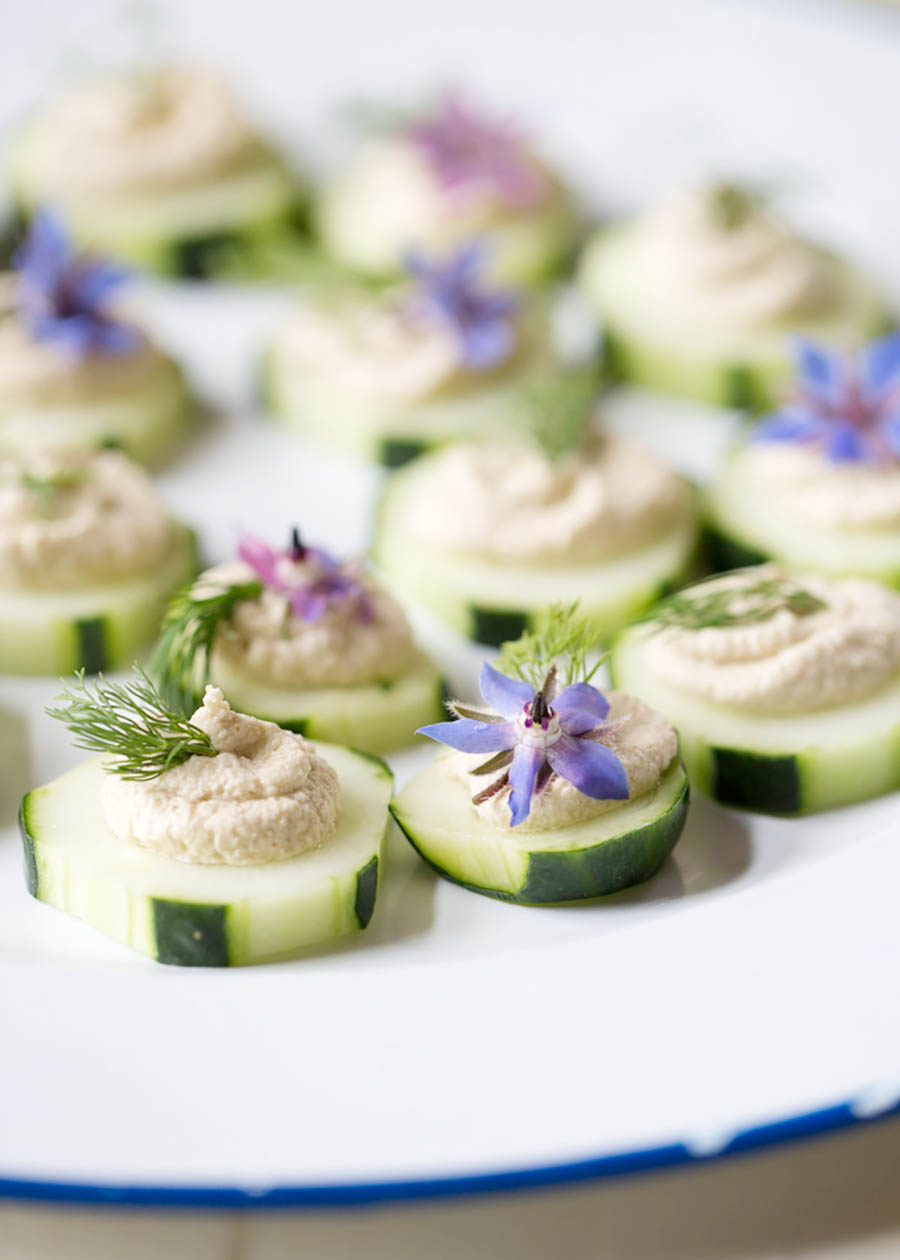
8. Cucumber Slices w/Smoky Sunflower Seed Pâté
Kitchen Treaty
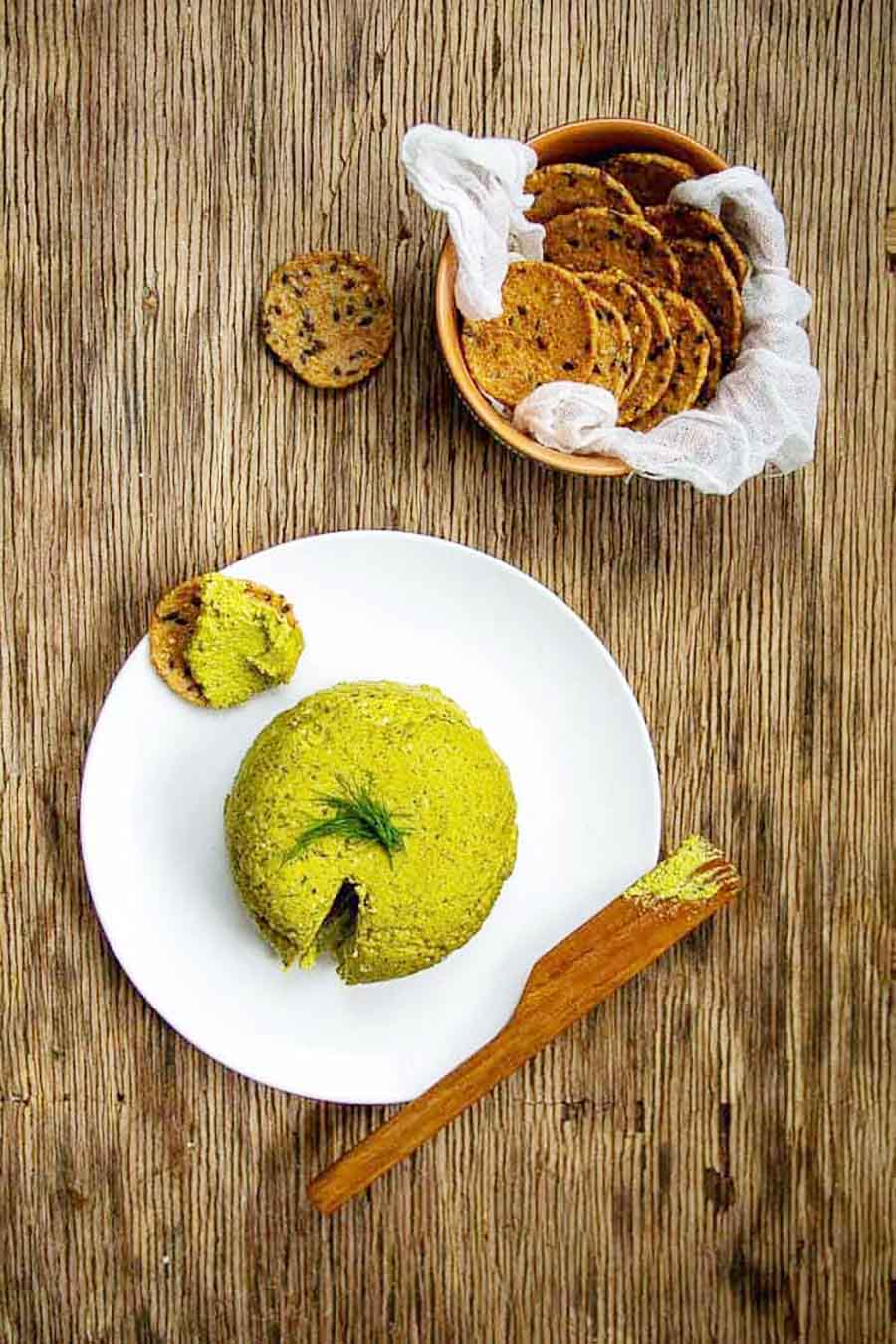
9. Hemp & Sunflower Seed Pâté
The Conscious Dietitian
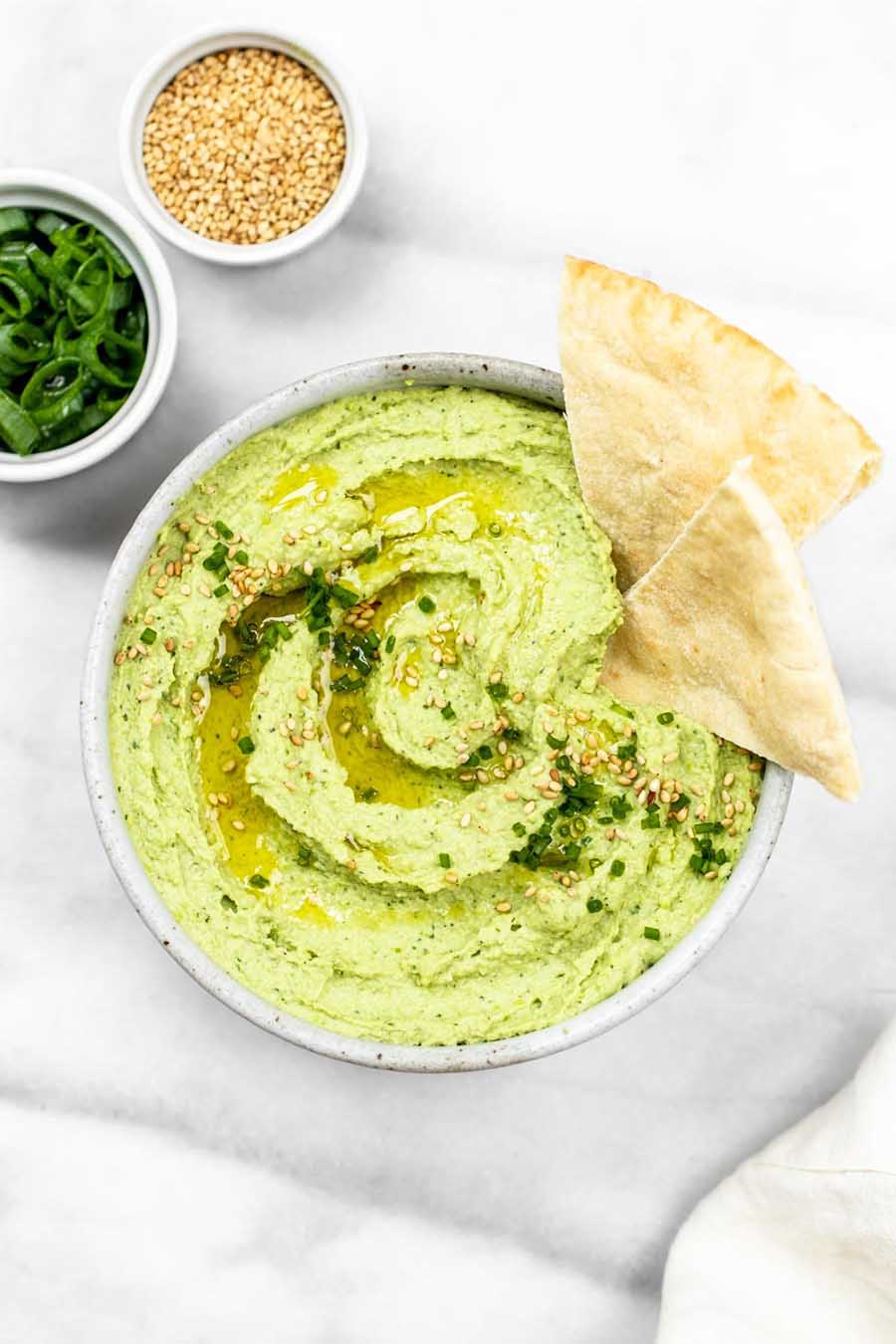
10. Creamy Avocado & Edamame Hummus
Eat With Clarity
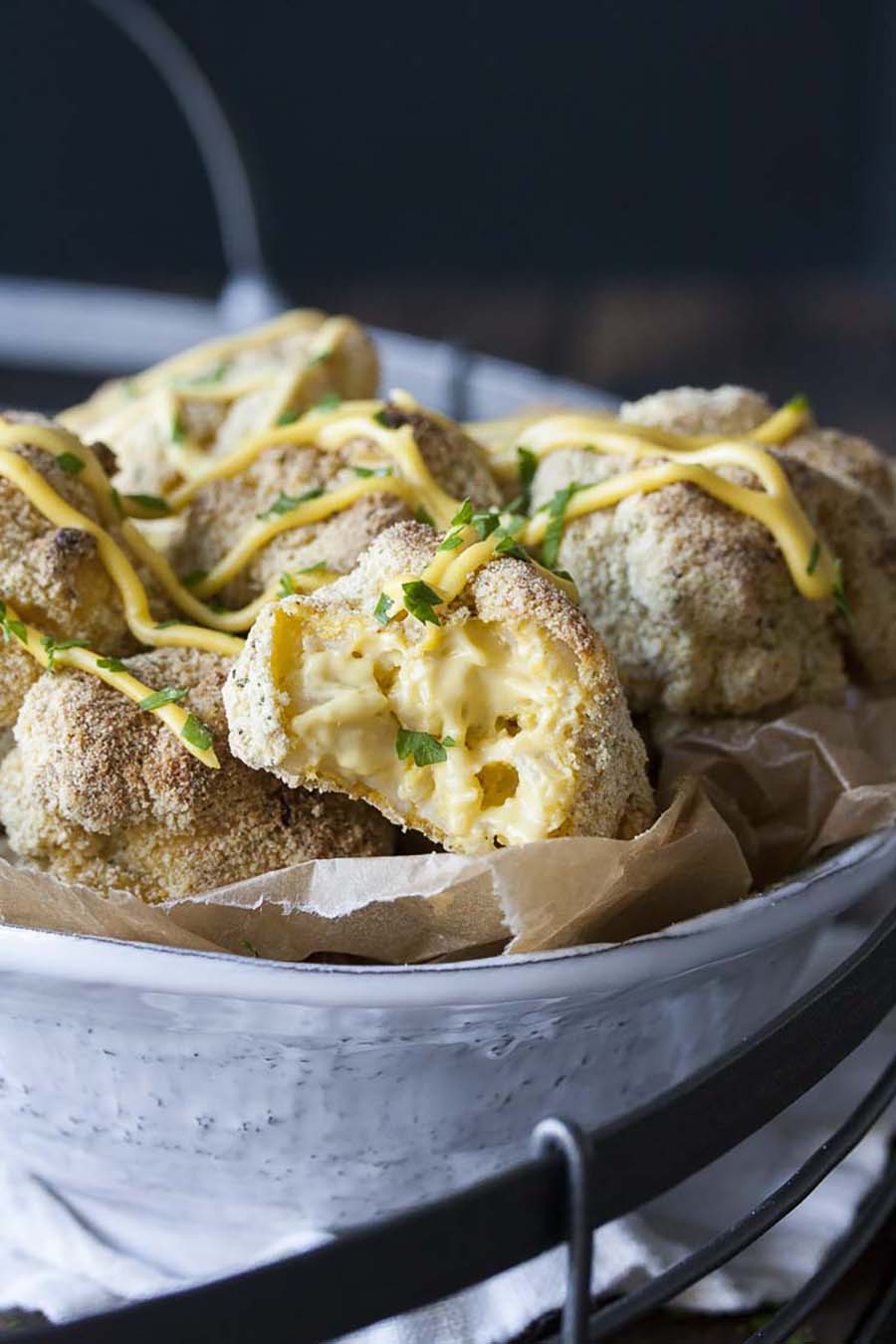
11. Crispy Mac & Cheese Bites
Vegggies Don’t Bite
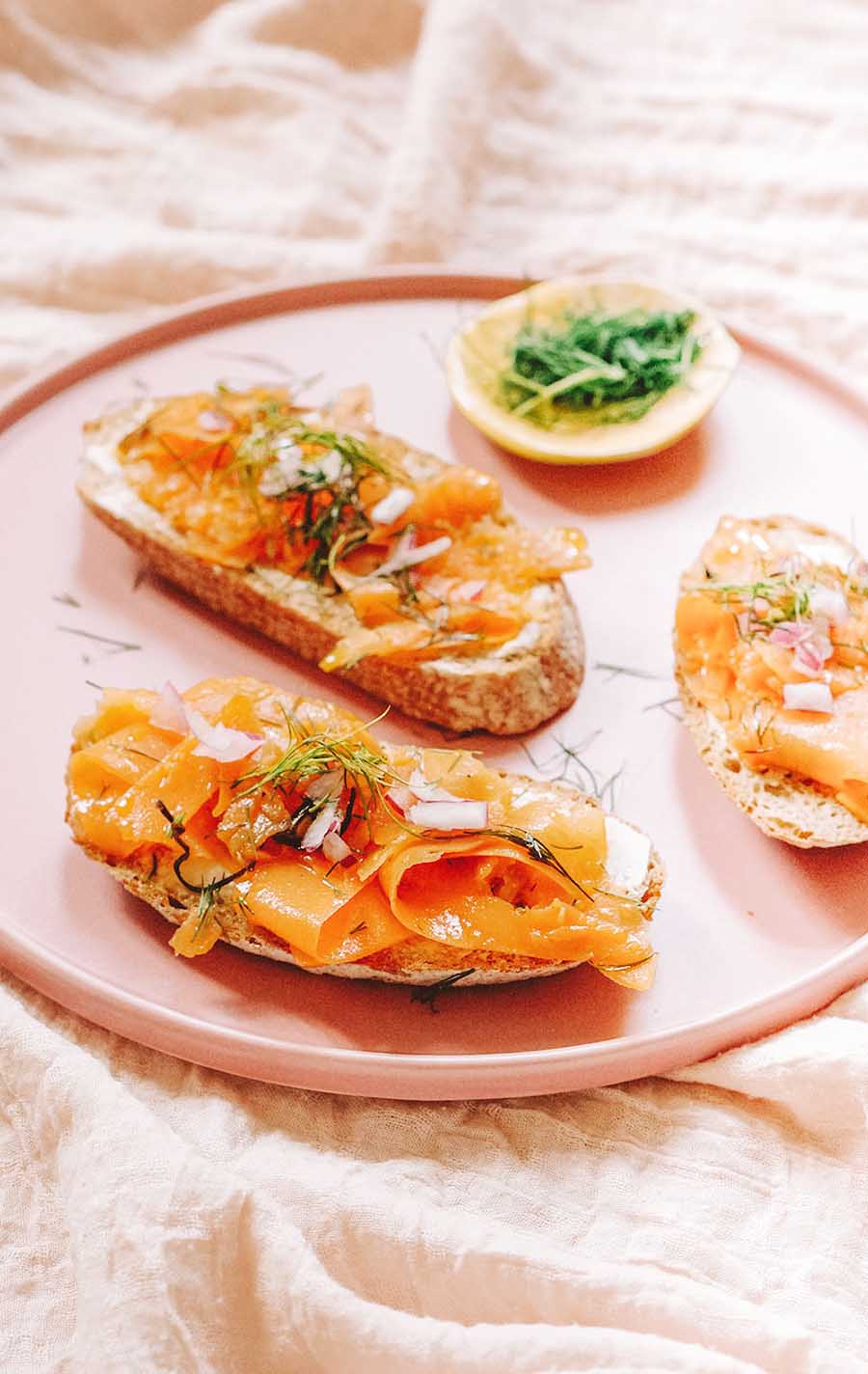
12. Vegan Smoked Salmon
When Sweet Becomes Healthy
Vegan Main Dish Recipes
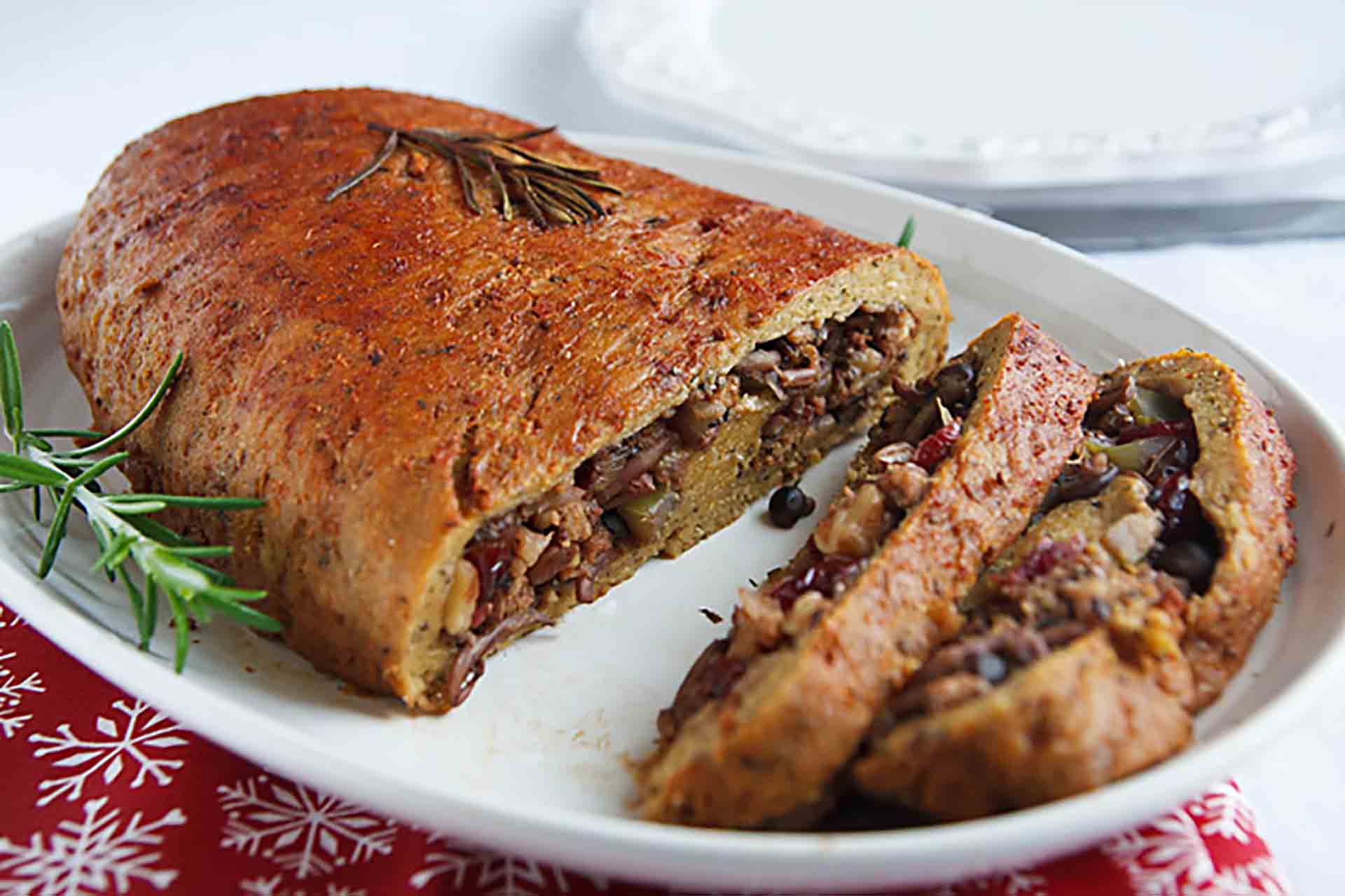
1. Seitan Roast Stuffed
Fat Free Kitchen
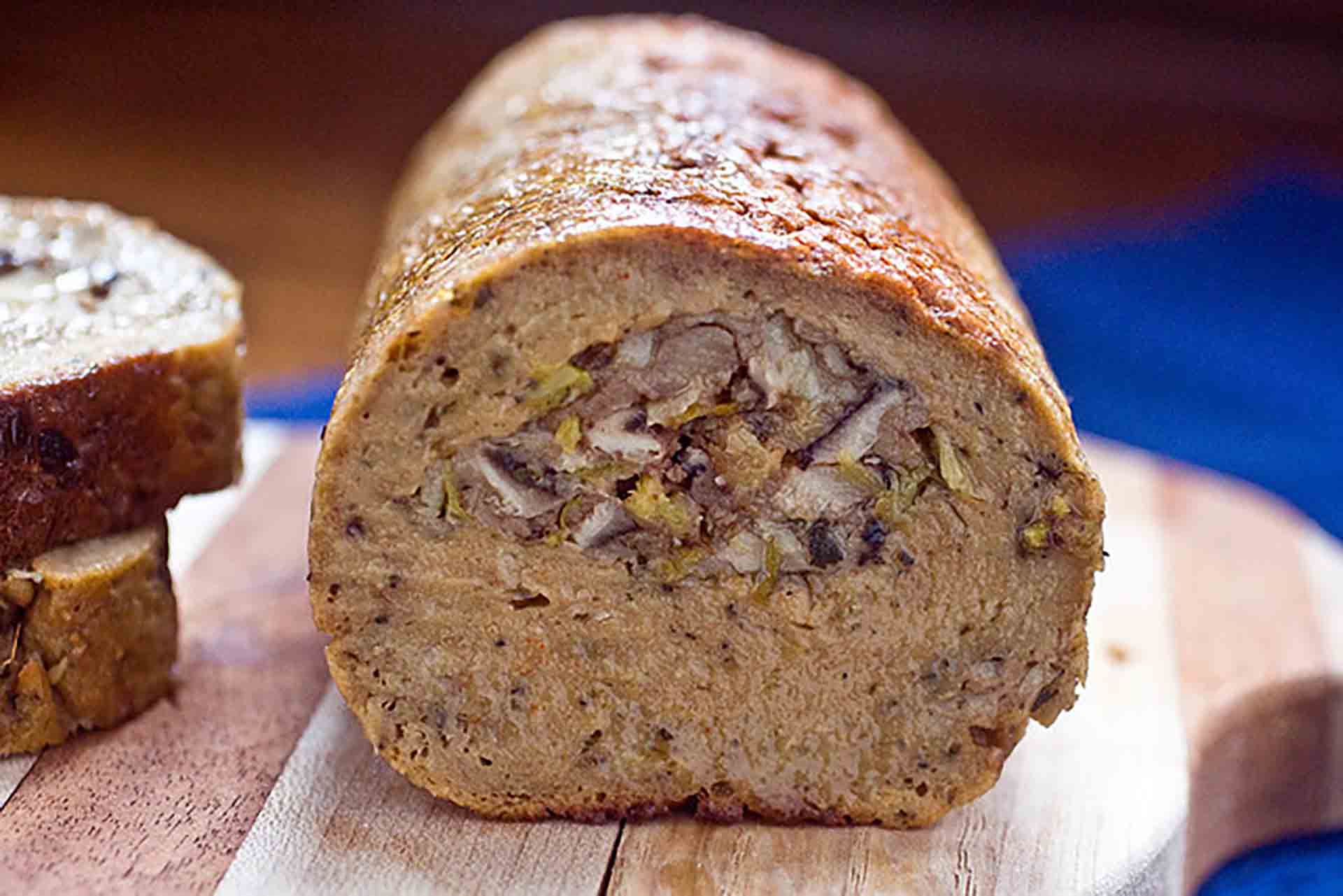
2. Stuffed Seitan Roast w/Shiitakes & Leeks
The PPK
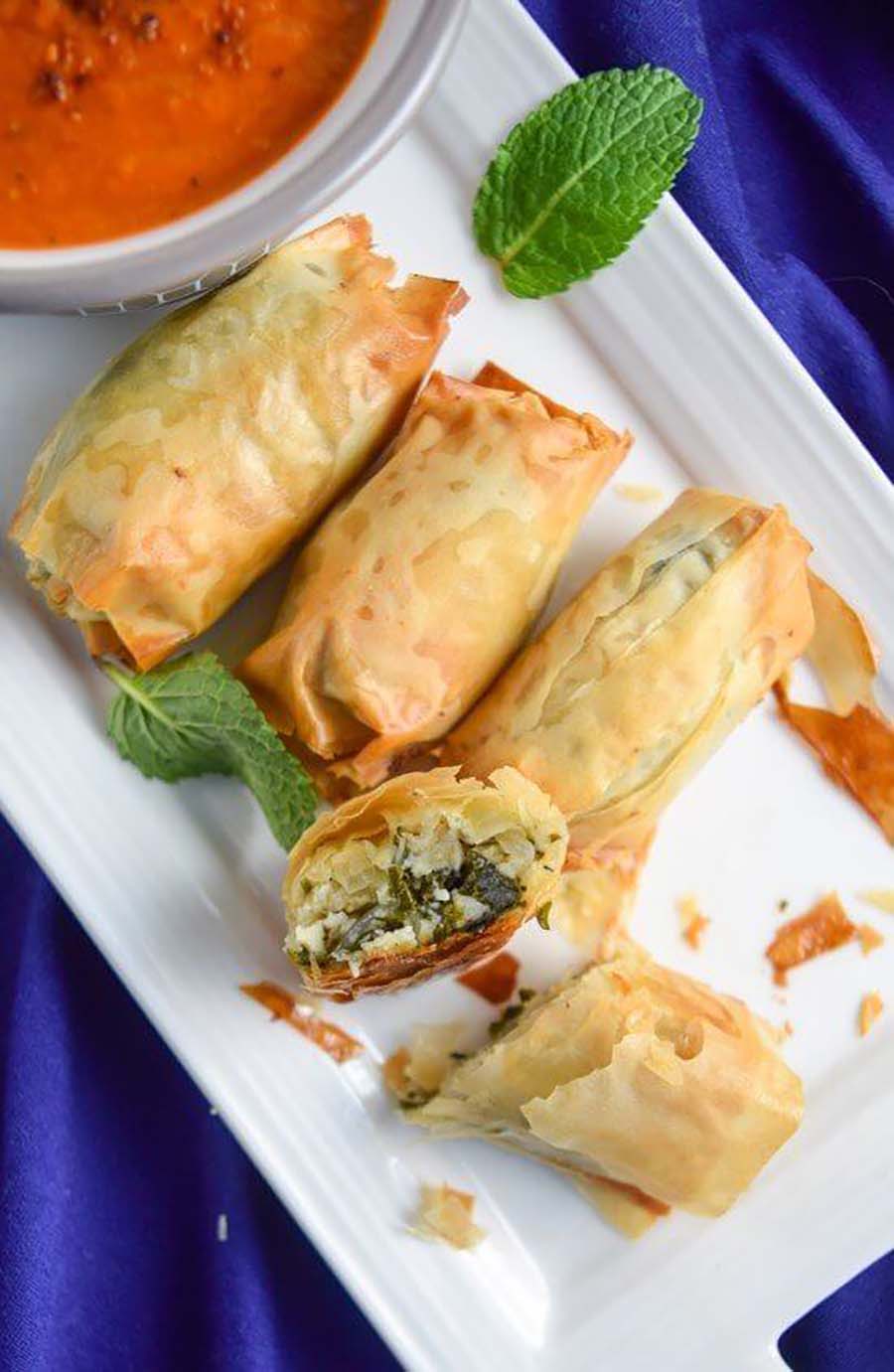
3. Kale Spanakopita with Hairssa Mint Oil
Yup It’s Vegan
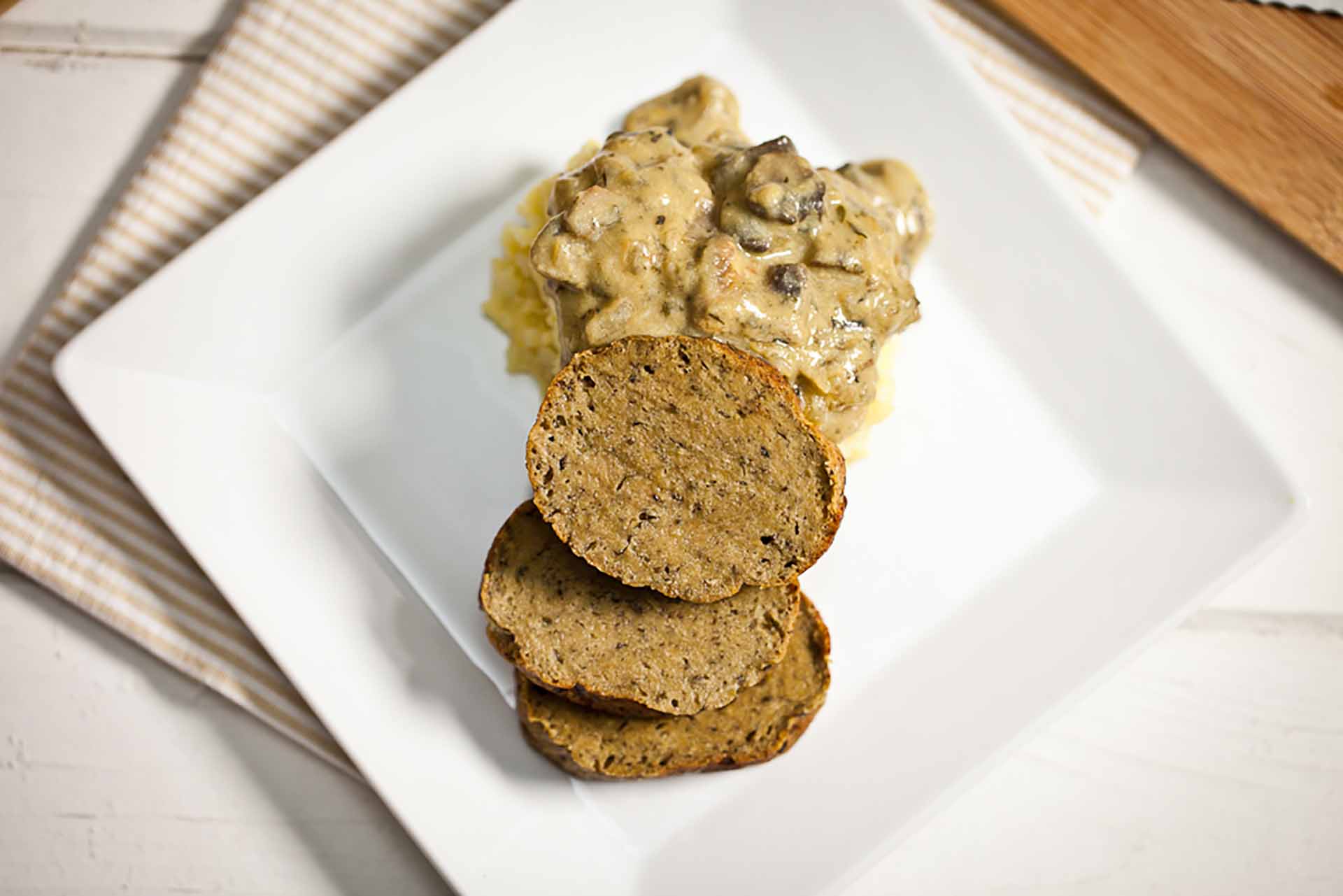
4. Seitan Mushroom Roast
Keepin’ it Kind
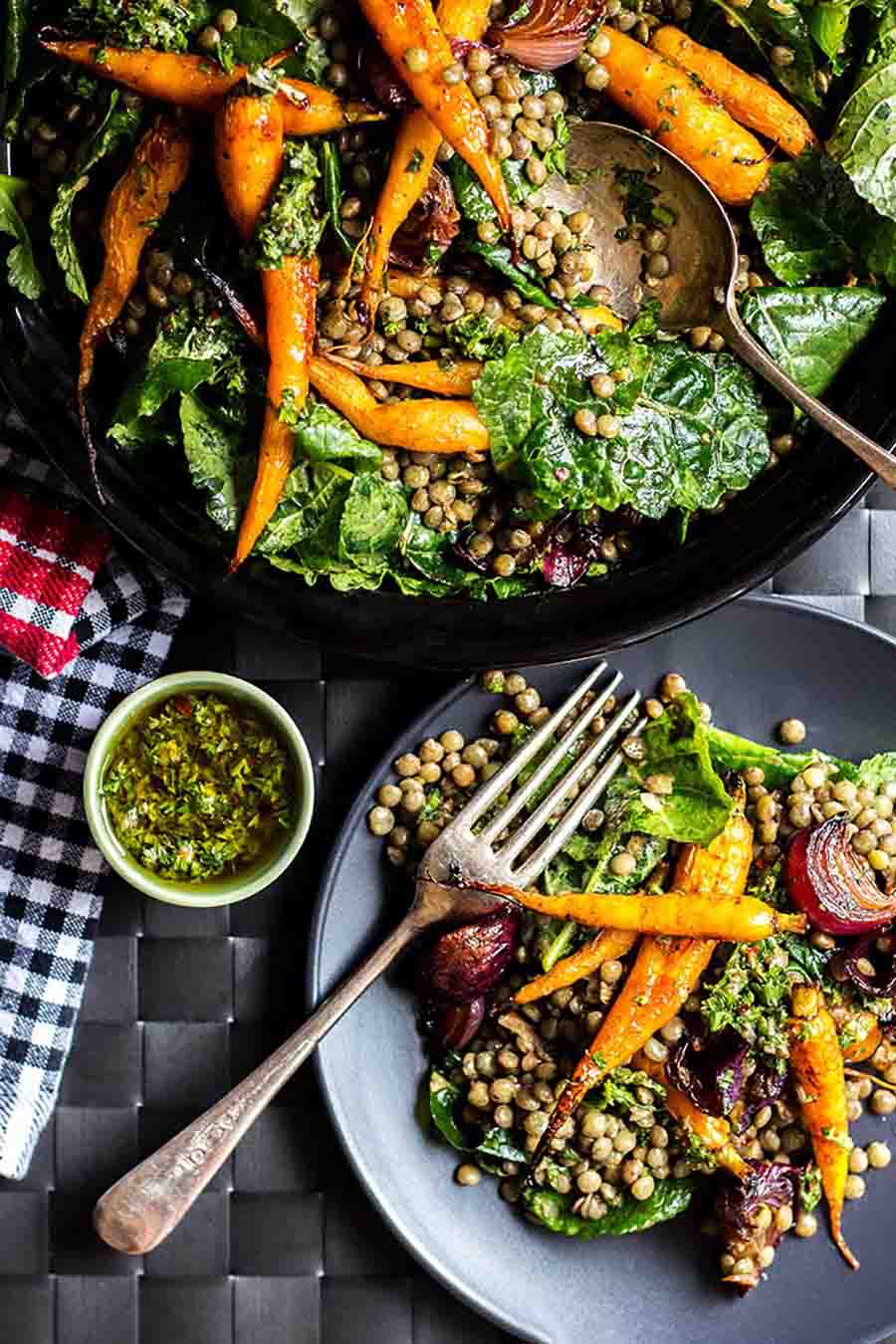
5. Lentil Salad w/Roasted Carrots + Onion
Quite Good Food
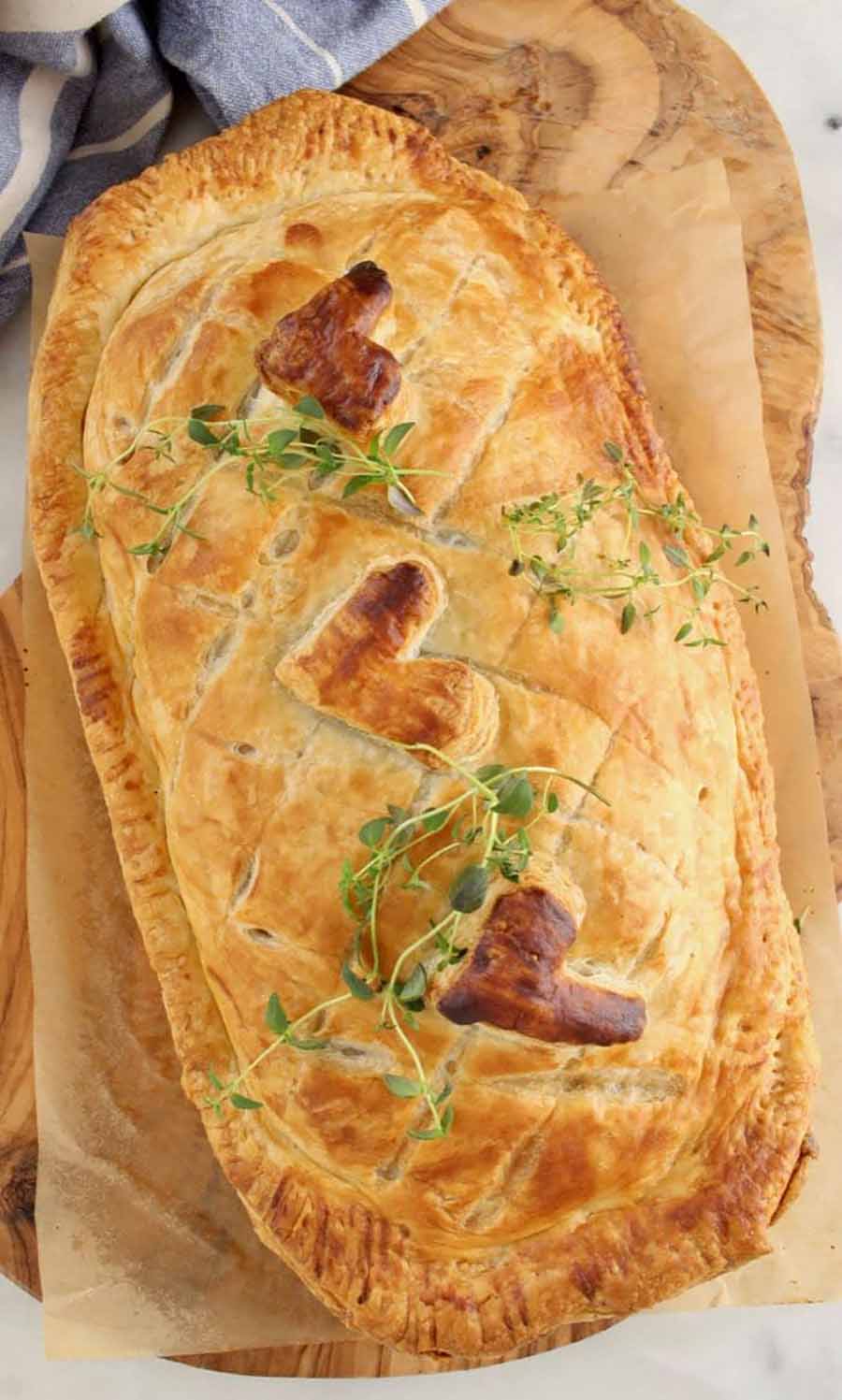
6. Vegan Mushroom Wellington
Veggie Society
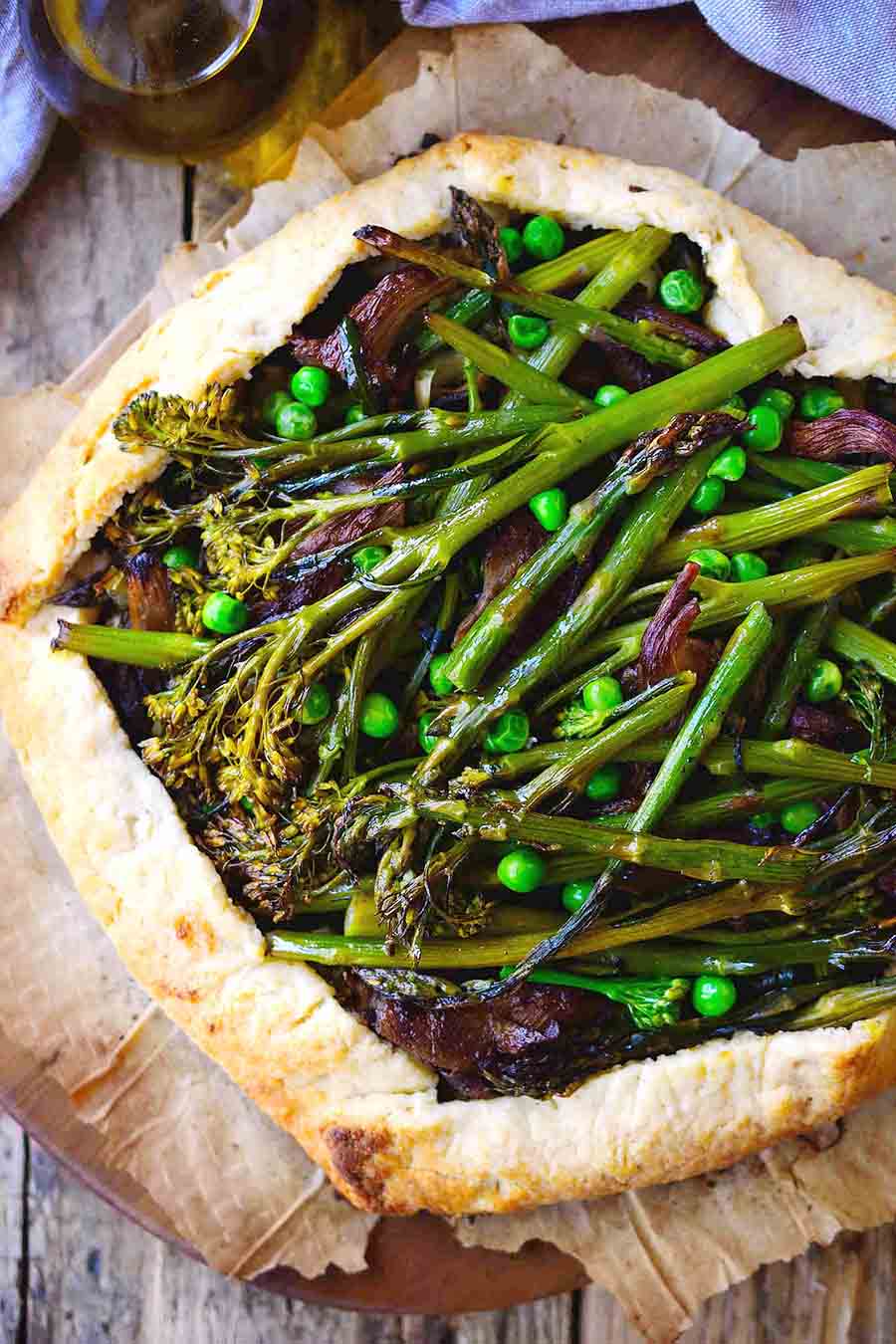
7. Spring Vegetable Galette
Cilantro & Citronella
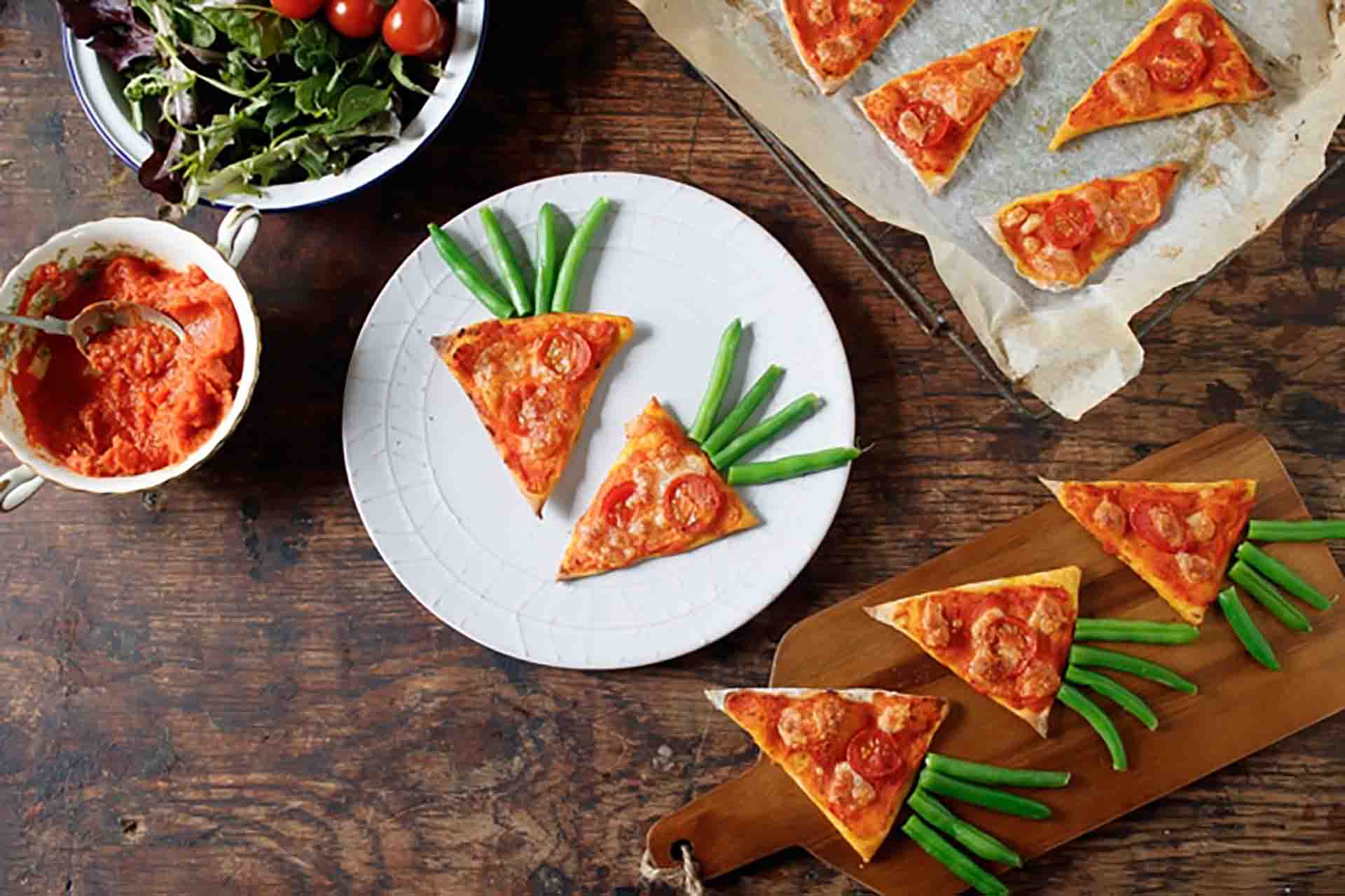
8. Carrot Pizza w/Carrot Pizza Sauce
Veggie Desserts
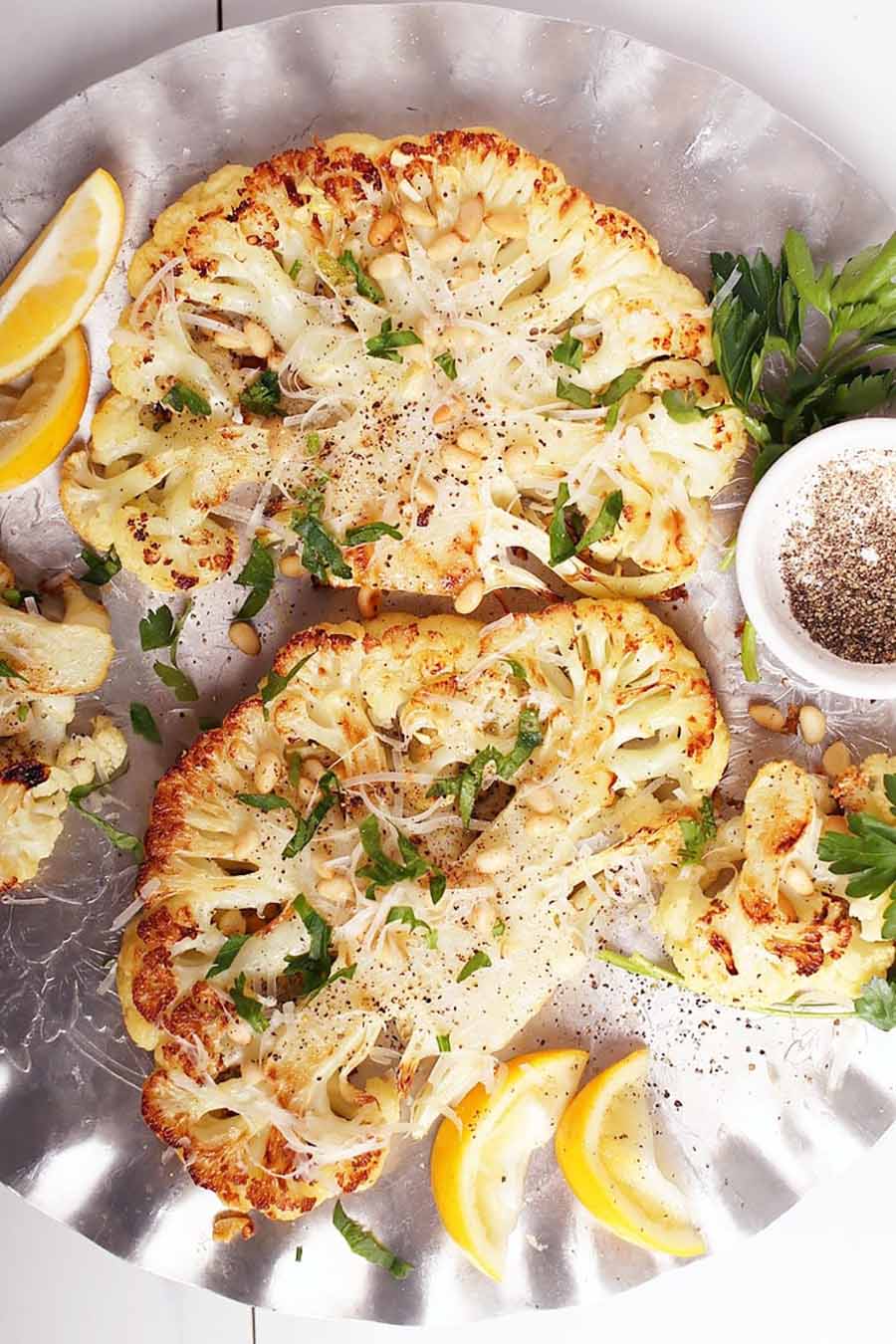
9. Lemon Pepper Cauliflower Steaks
My Darling Vegan
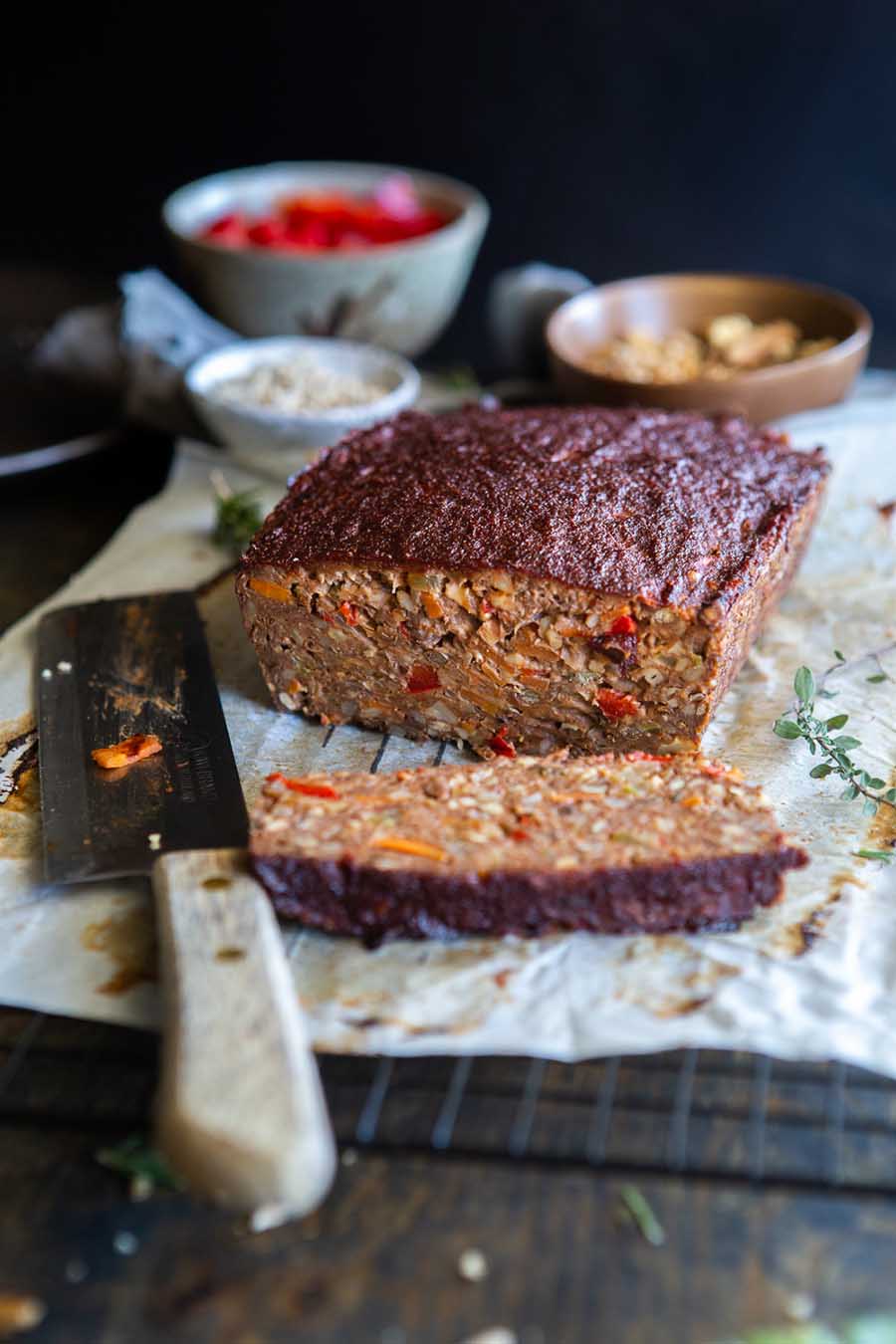
10. Vegan Lentil Loaf
The Minimalist Vegan
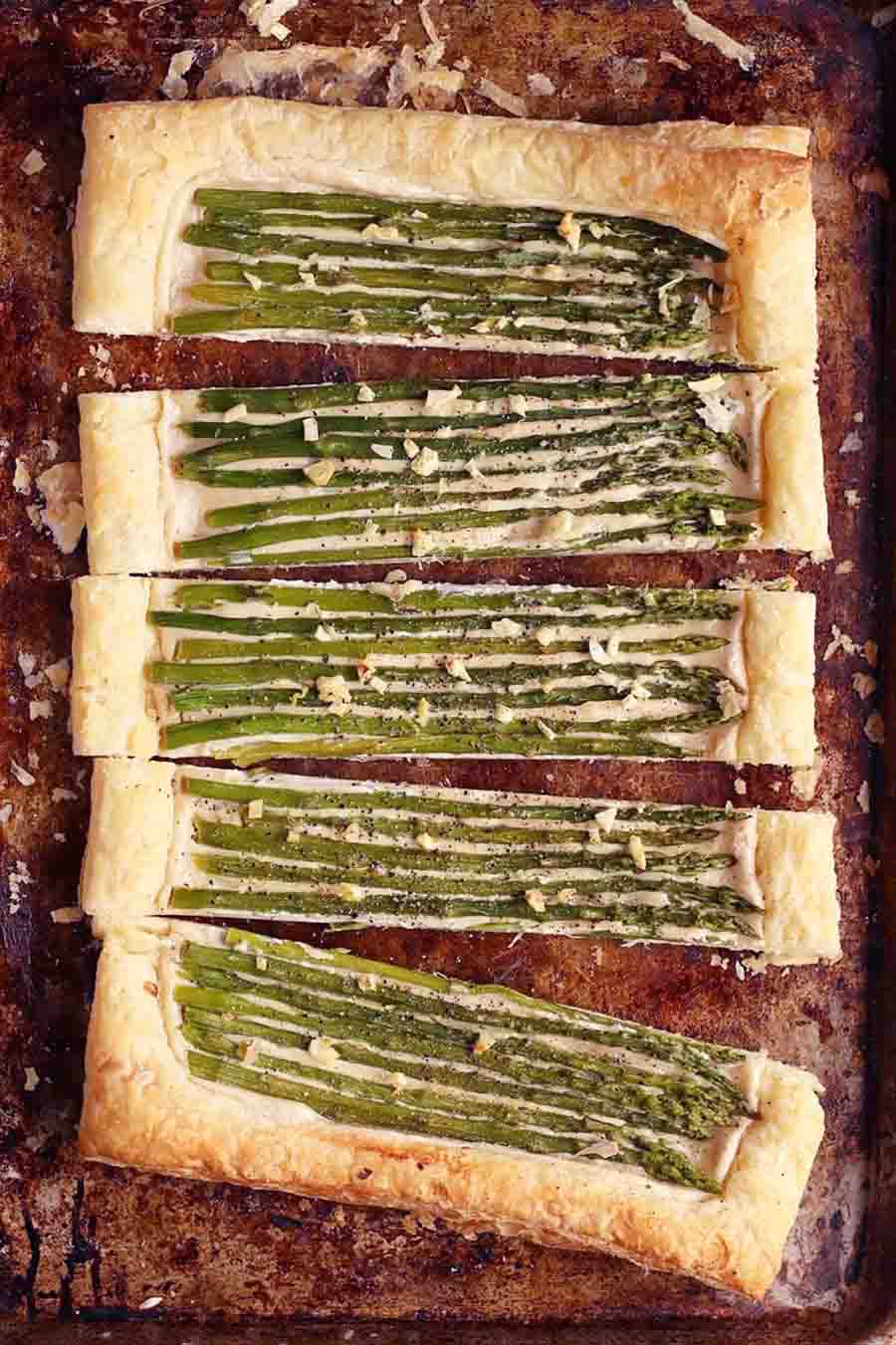
11. Asparagus & Cheese Tart
My Darling Vegan
Vegan Side Dish Recipes
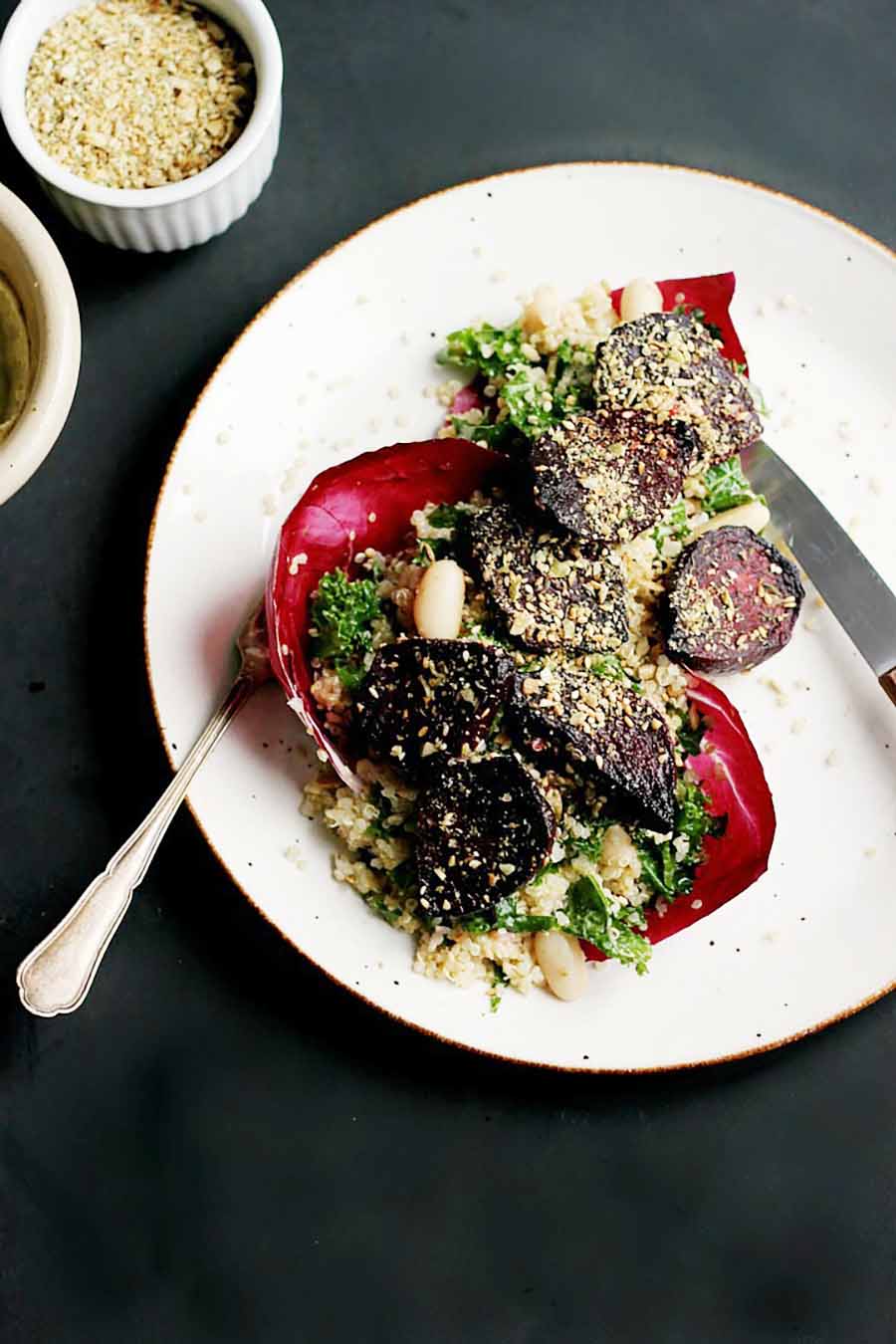
1. Roasted Beet Salad w/Dukkah
Happy Hearted Kitchen
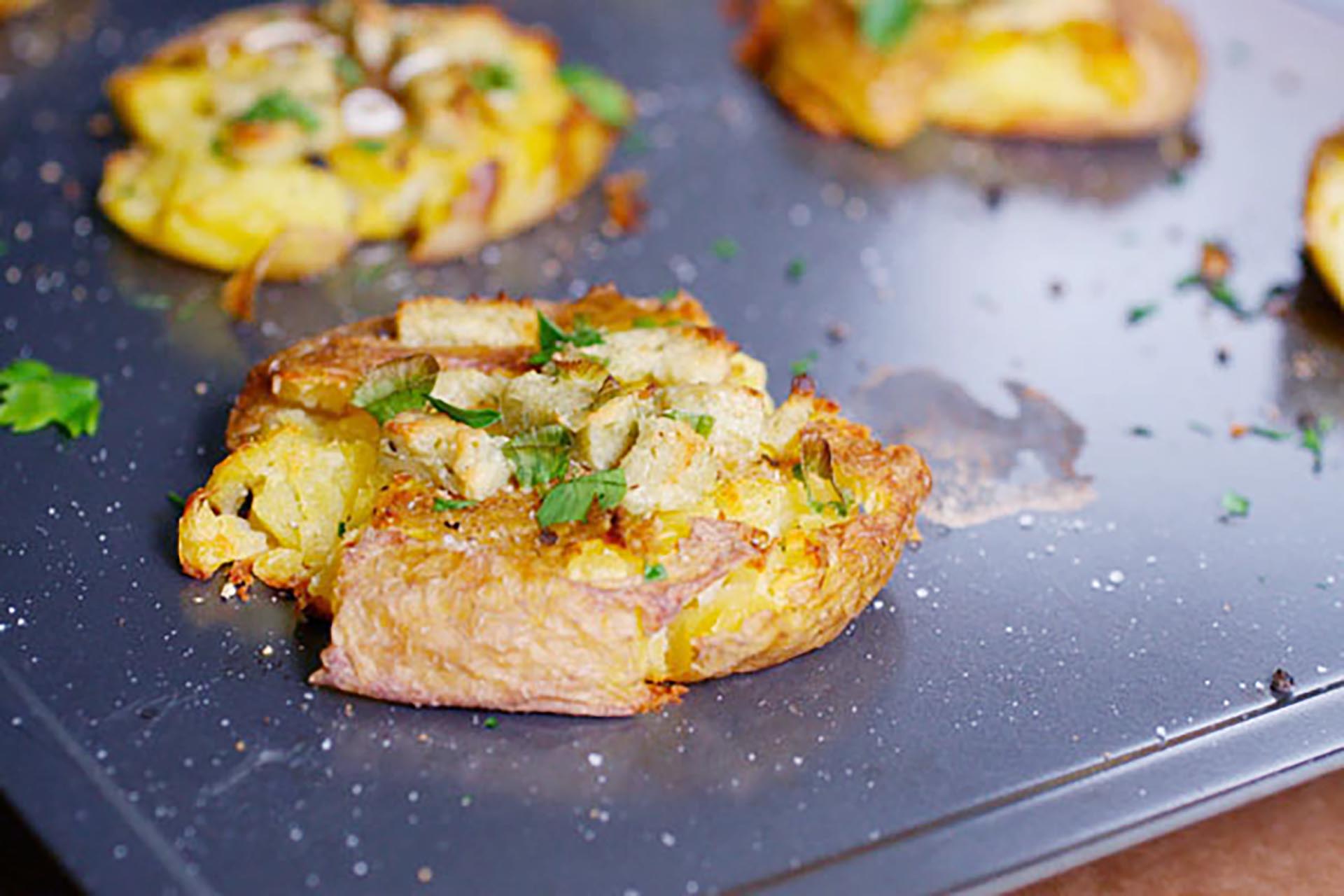
2. Double Cream Cheese Smashed Potatoes
Your Daily Vegan

3. Spring Greens, Leek, Peas & Pesto Risotto
Cupful of Kale
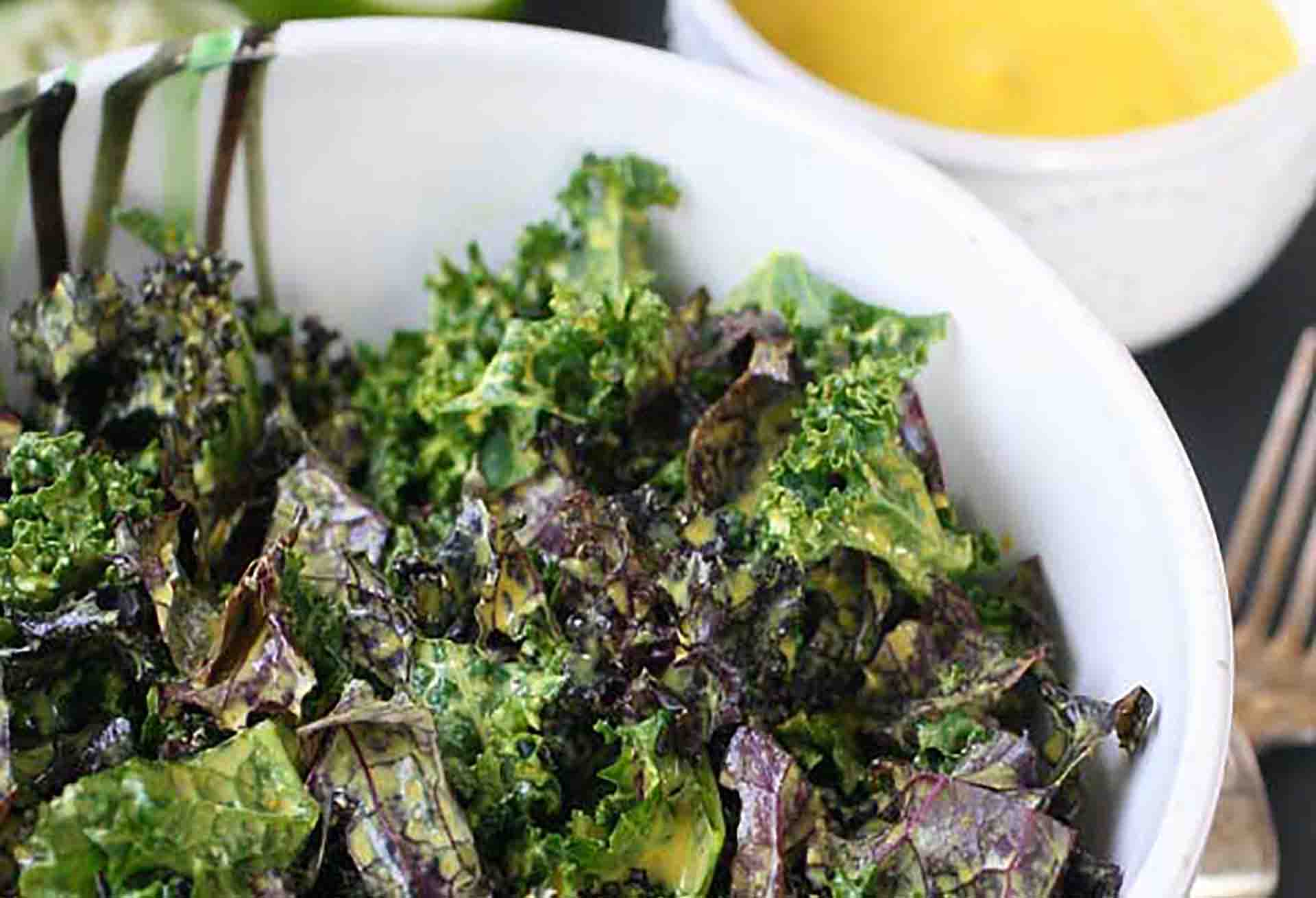
4. Massaged Kale Salad w/Creamy Tahini Dressing
Your Daily Vegan
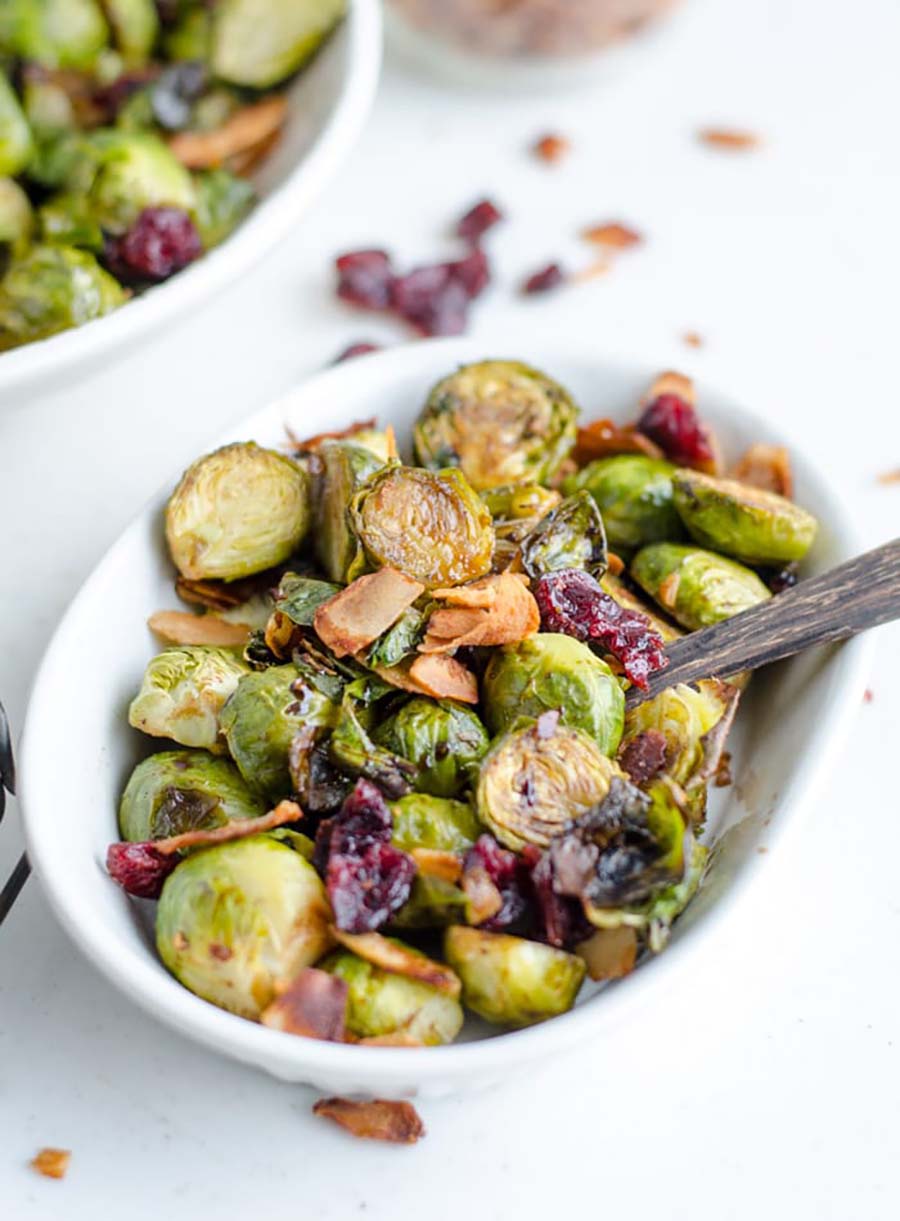
5. Roasted Brussels Sprouts w/Balsamic Maple Glaze
Running on Real Food
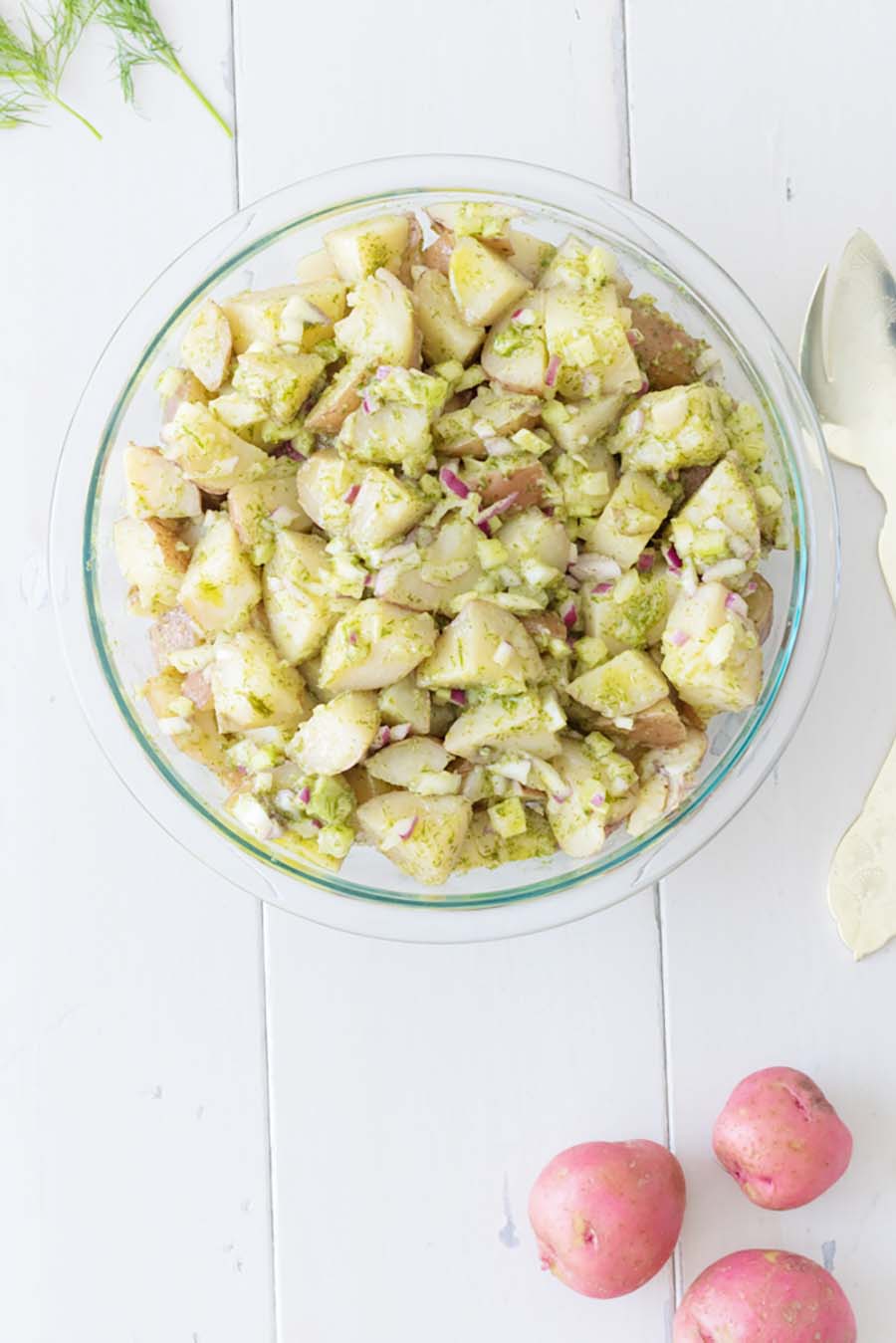
6. Lemon Olive Oil Potato Salad
Eating by Elaine
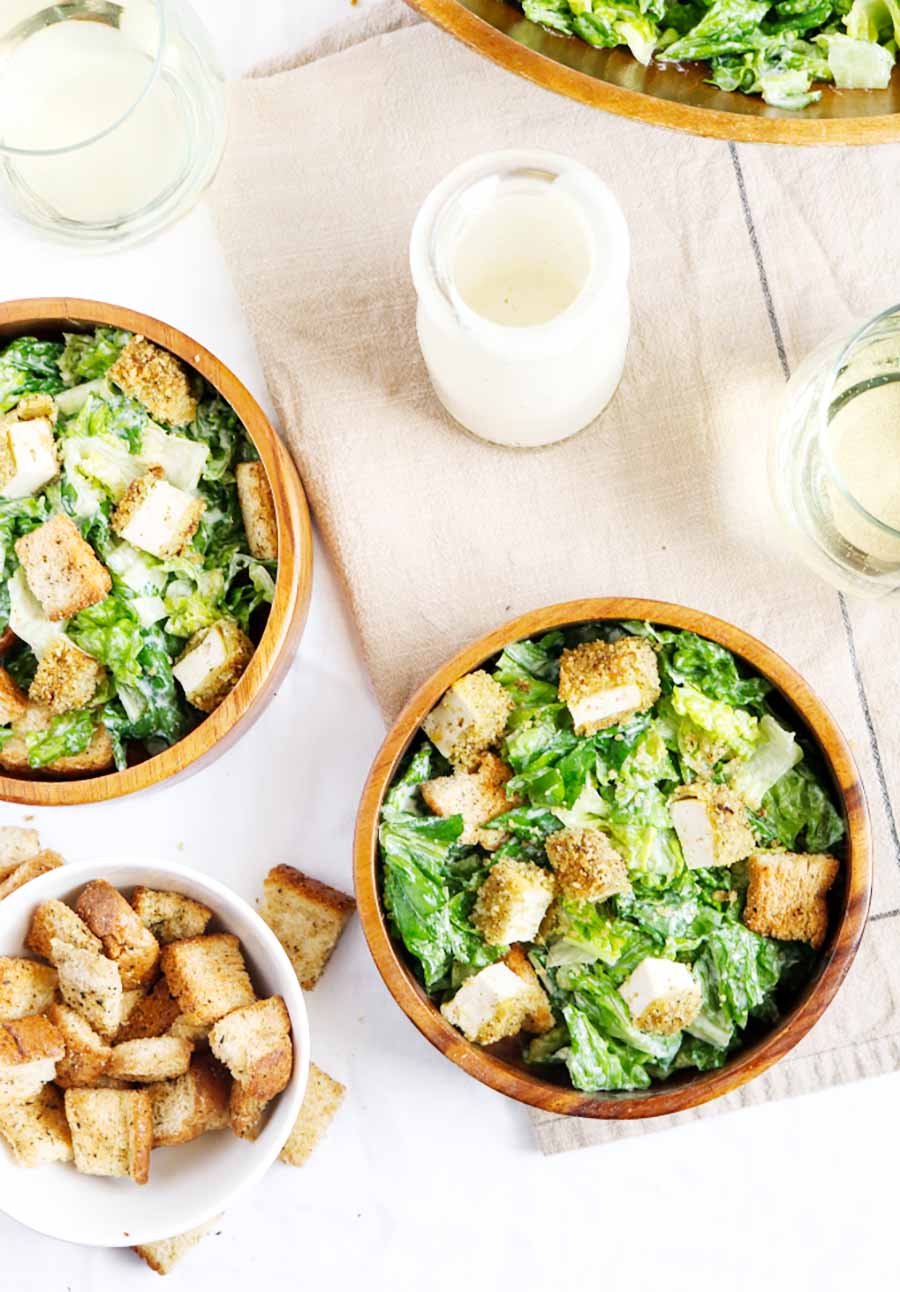
7. Vegan Cesear Salad
Plant Power Couple
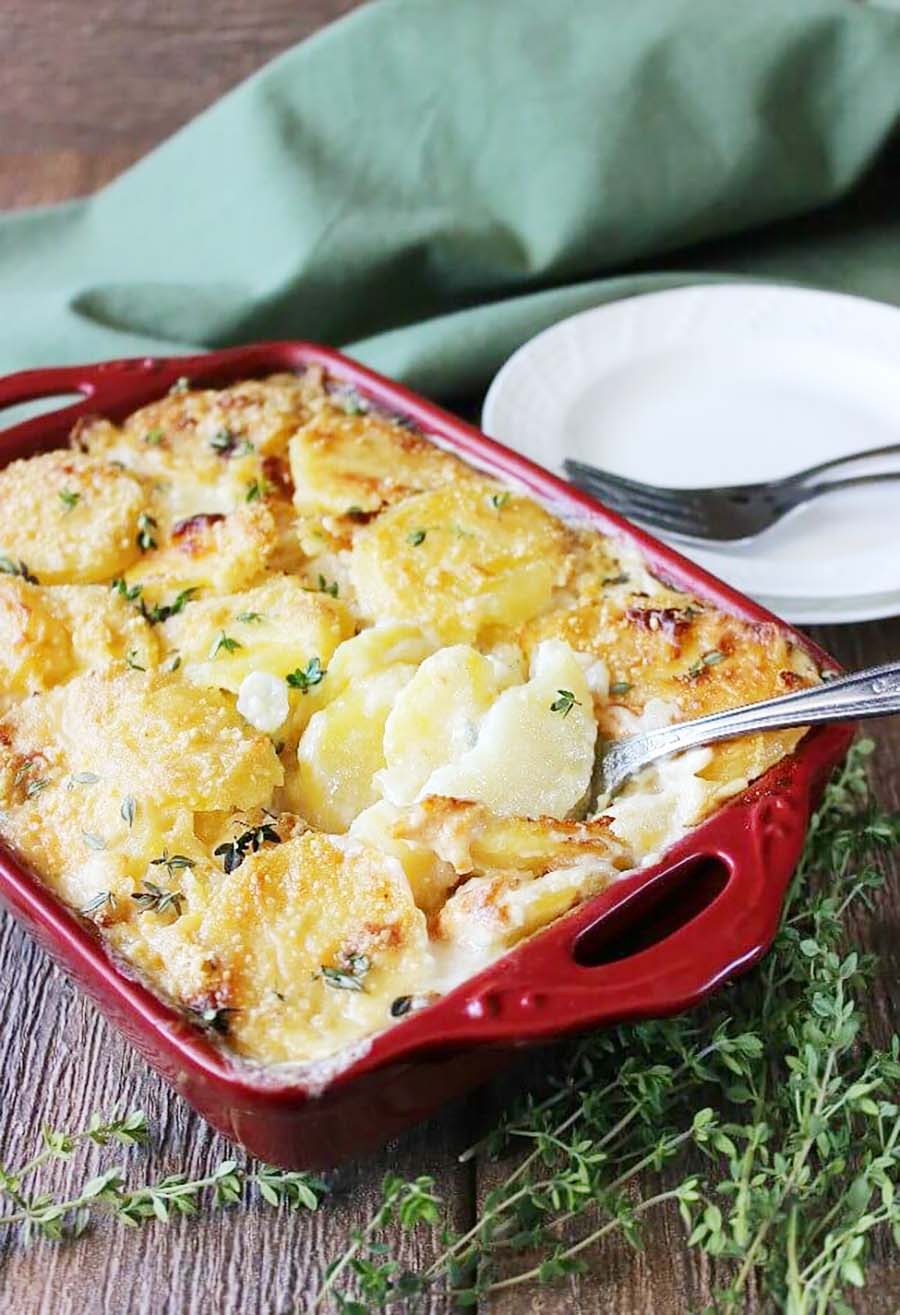
8. Herbed Scalloped Potatoes
Vegan in the Freezer
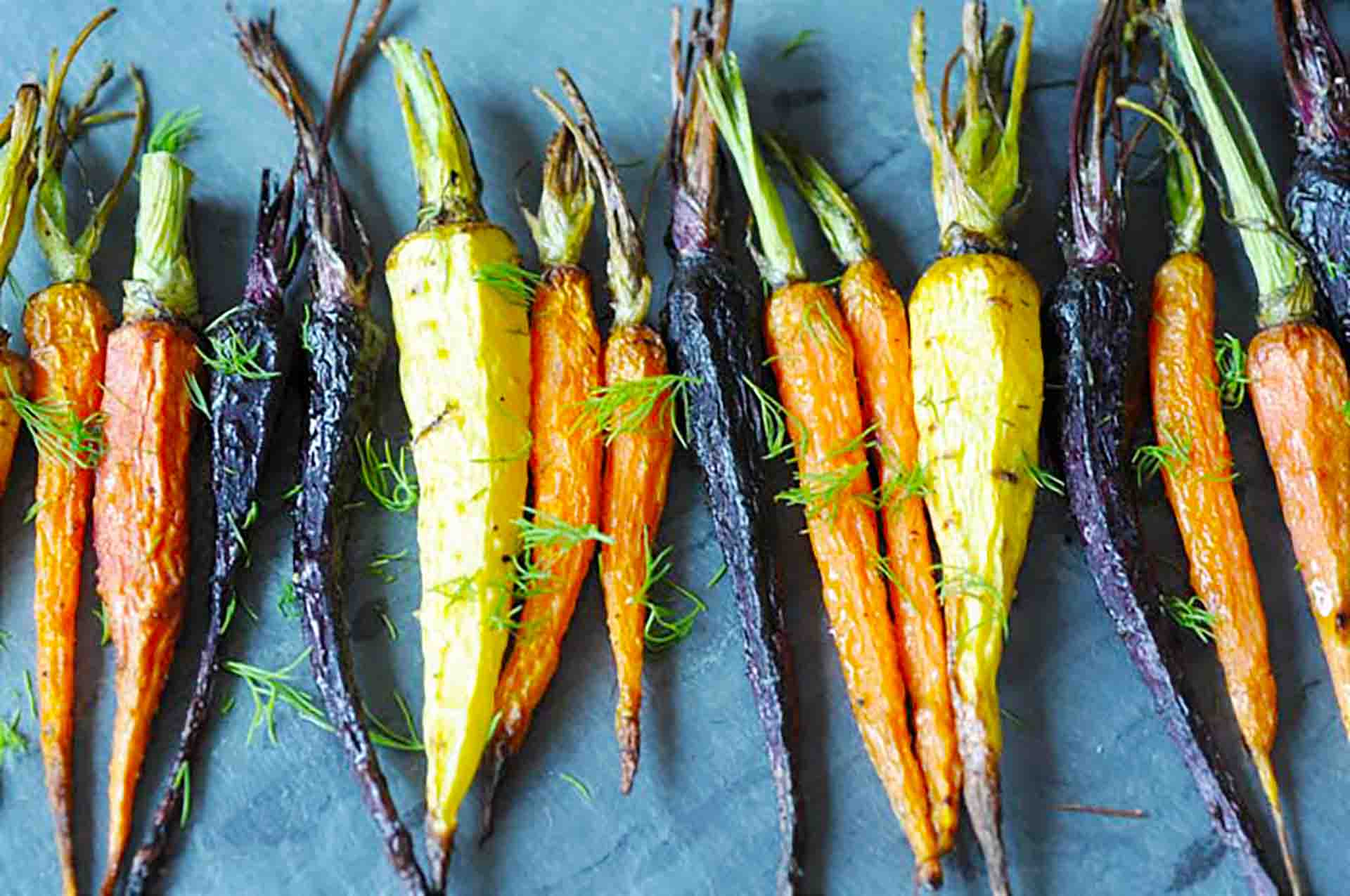
9. Roasted Tri-Color Carrots
Veganosity

10. Green Bean Almondine
Veggie Desserts
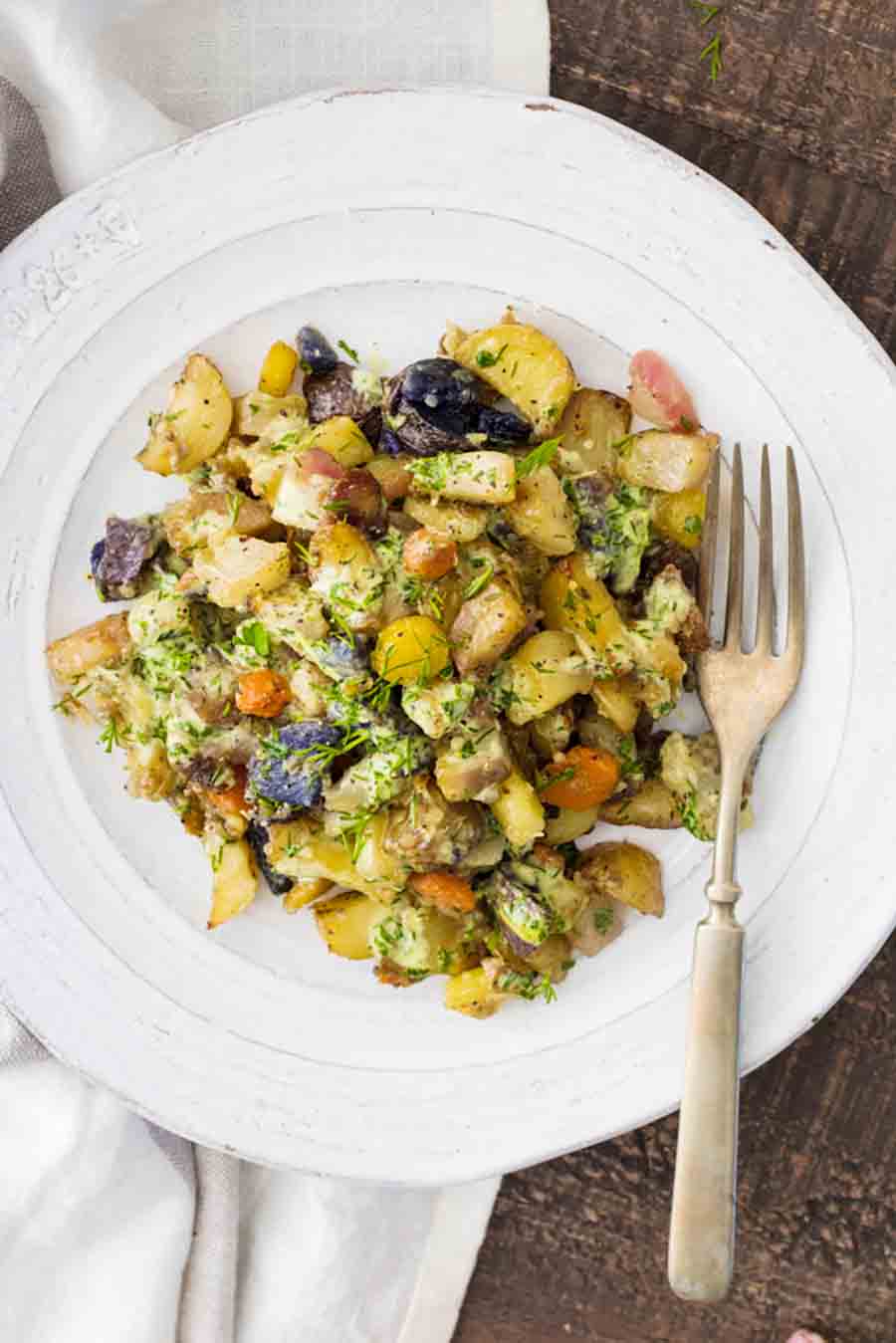
11. Spring Root Vegetable Hash
Eating by Elaine
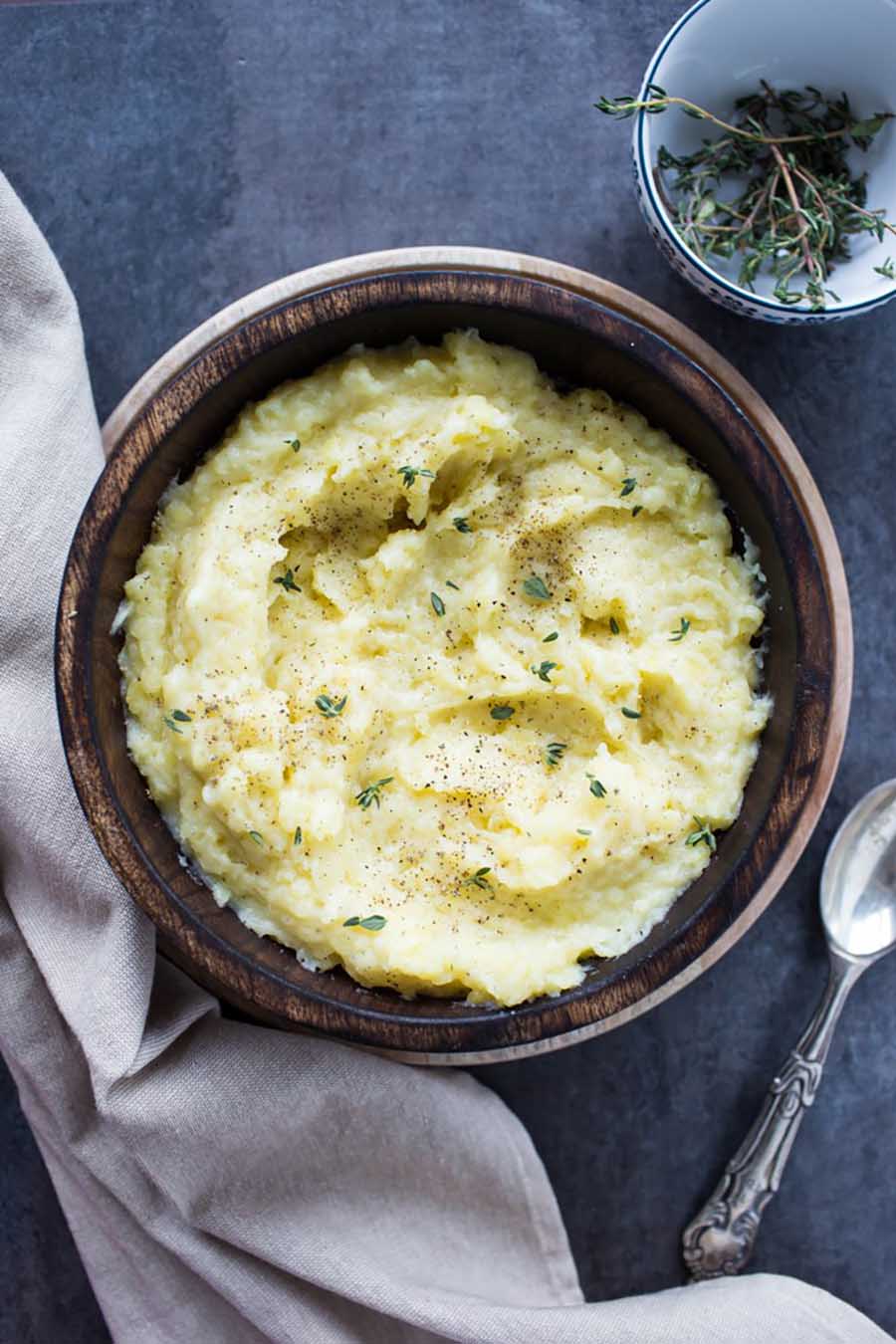
12. Fluffy Vegan Buttermilk Mashed Potatoes
The Vegan 8
Vegan Dessert Recipes
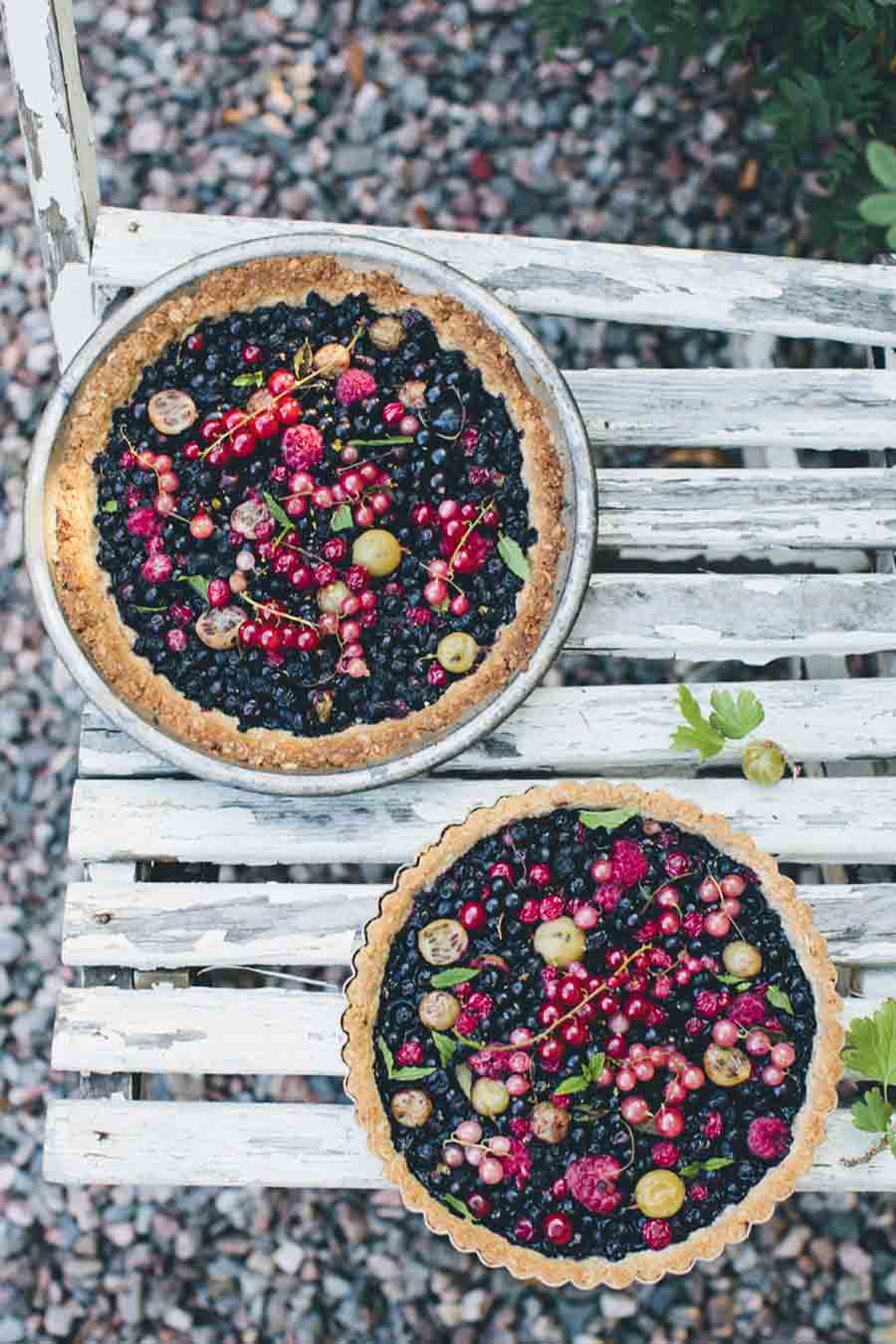
1. Wild Berry Tart
Green Kitchen Stories
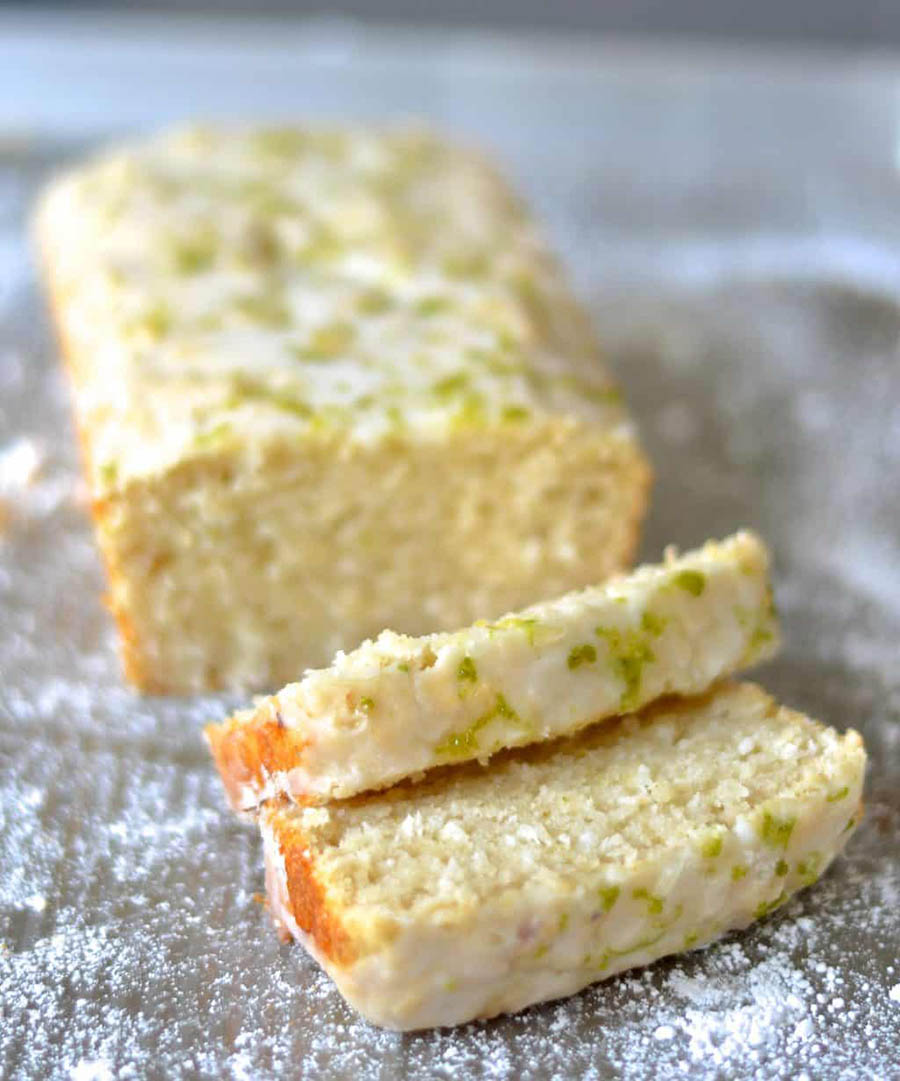
2. Lime & Coconut Cake
A Virtual Vegan

3. Lemon Millet Bliss Balls
Feasting on Fruit
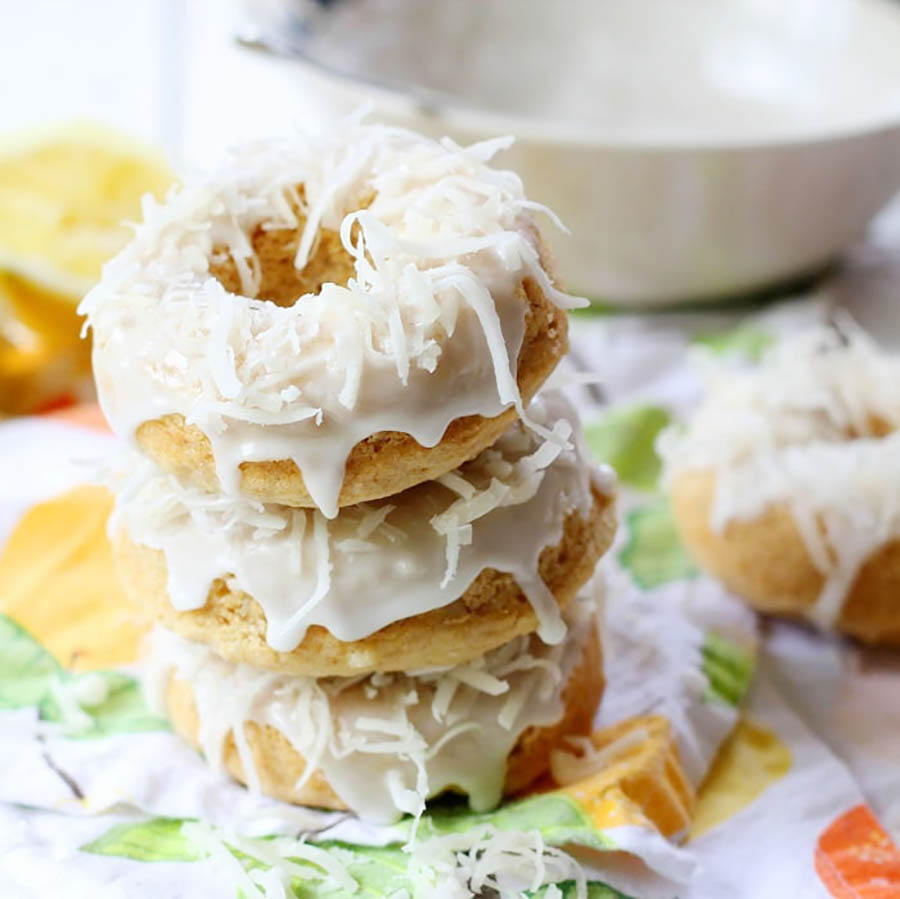
4. Lemon Coconut Doughnuts
Connoisseurus Veg

5. Pistachio & Orange Blossom Avocado Cake
Unconventional Baker

6. Triple Chocolate Bundt Cake
My Darling Vegan
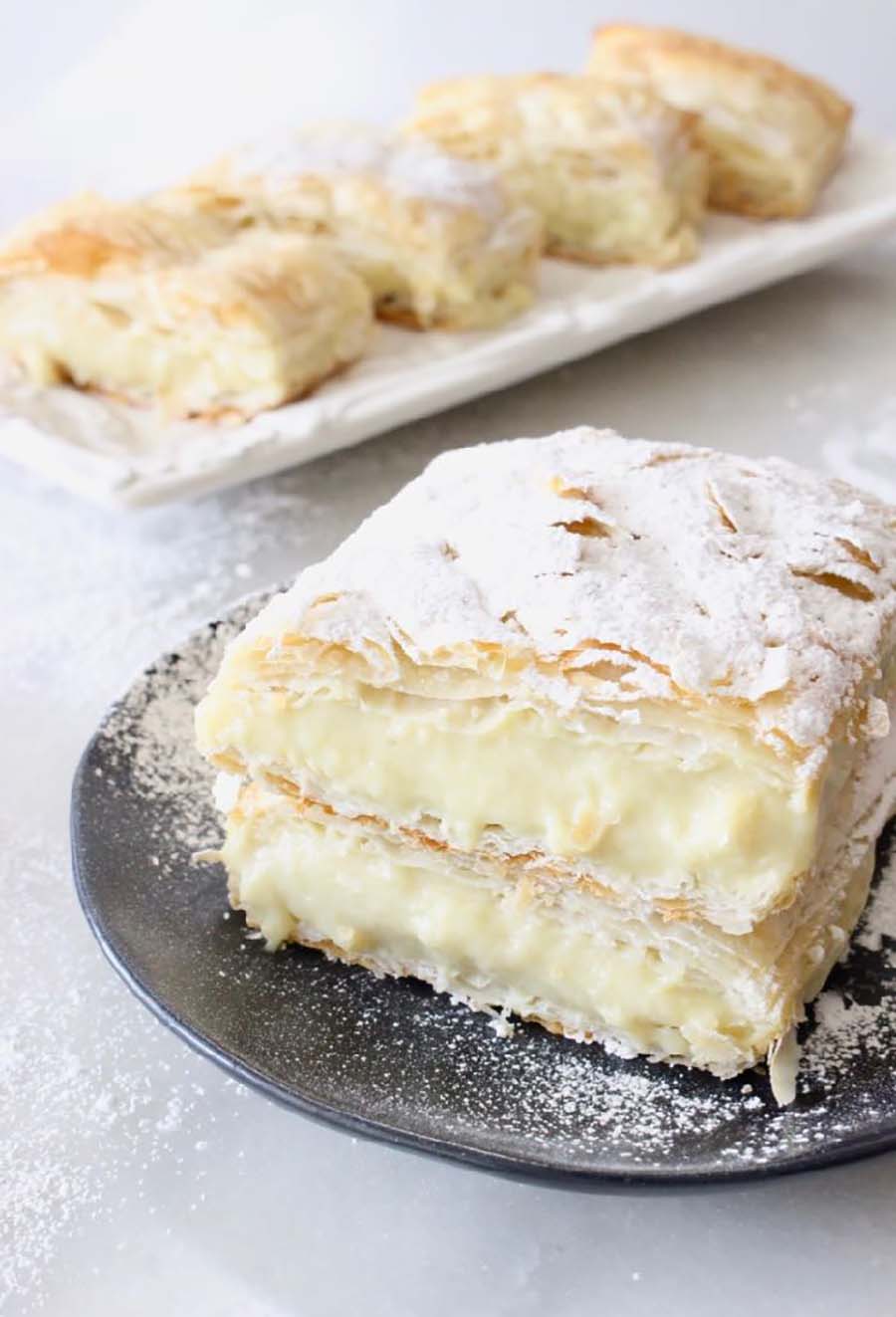
7. Vegan Custard Puff Pastry Napoleon
Veggie Society
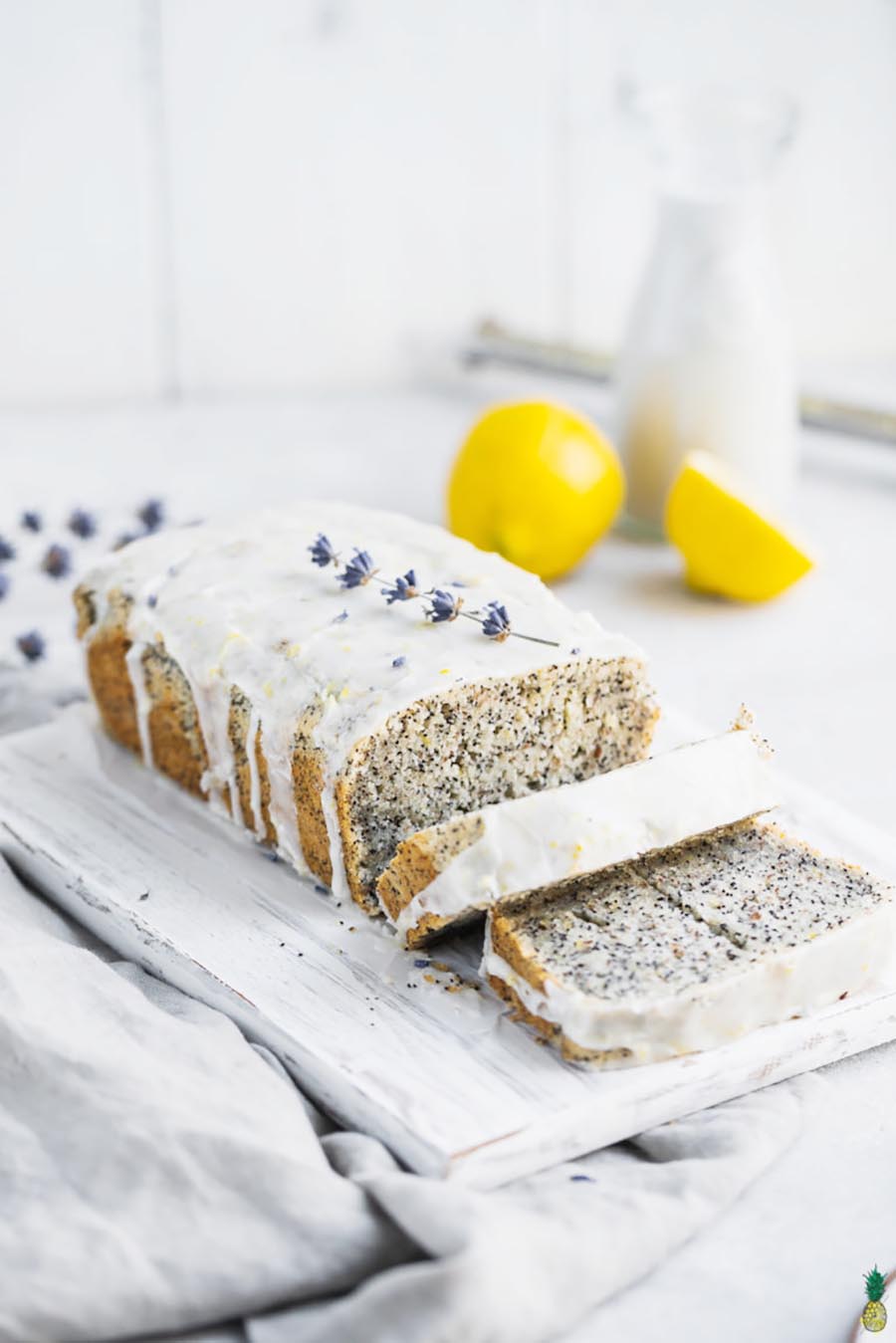
8. Lemon Poppyseed Loaf
Sweet Simple Vegan
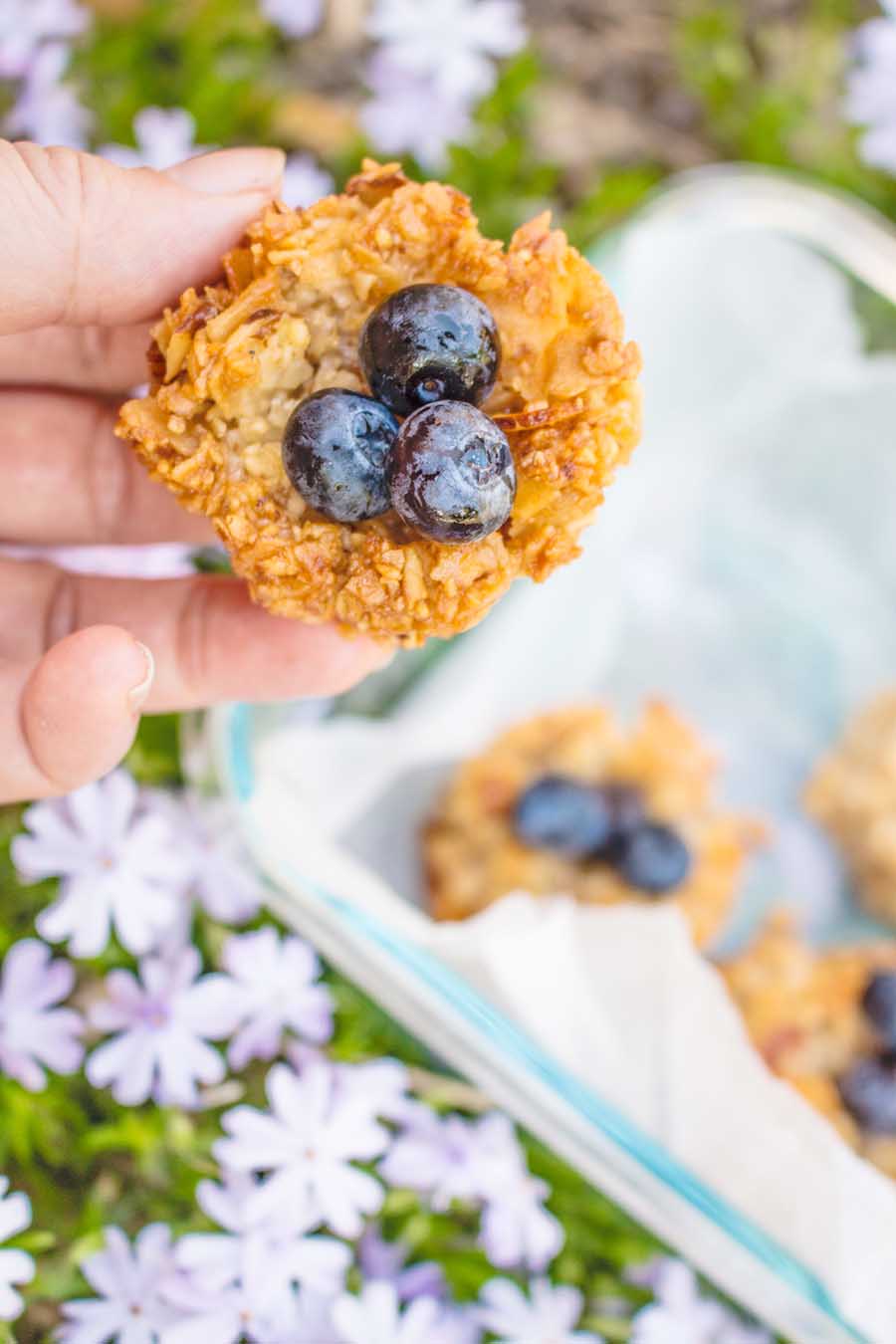
9. Bite-Size Coconut Macaroon Nests
Plant Crush
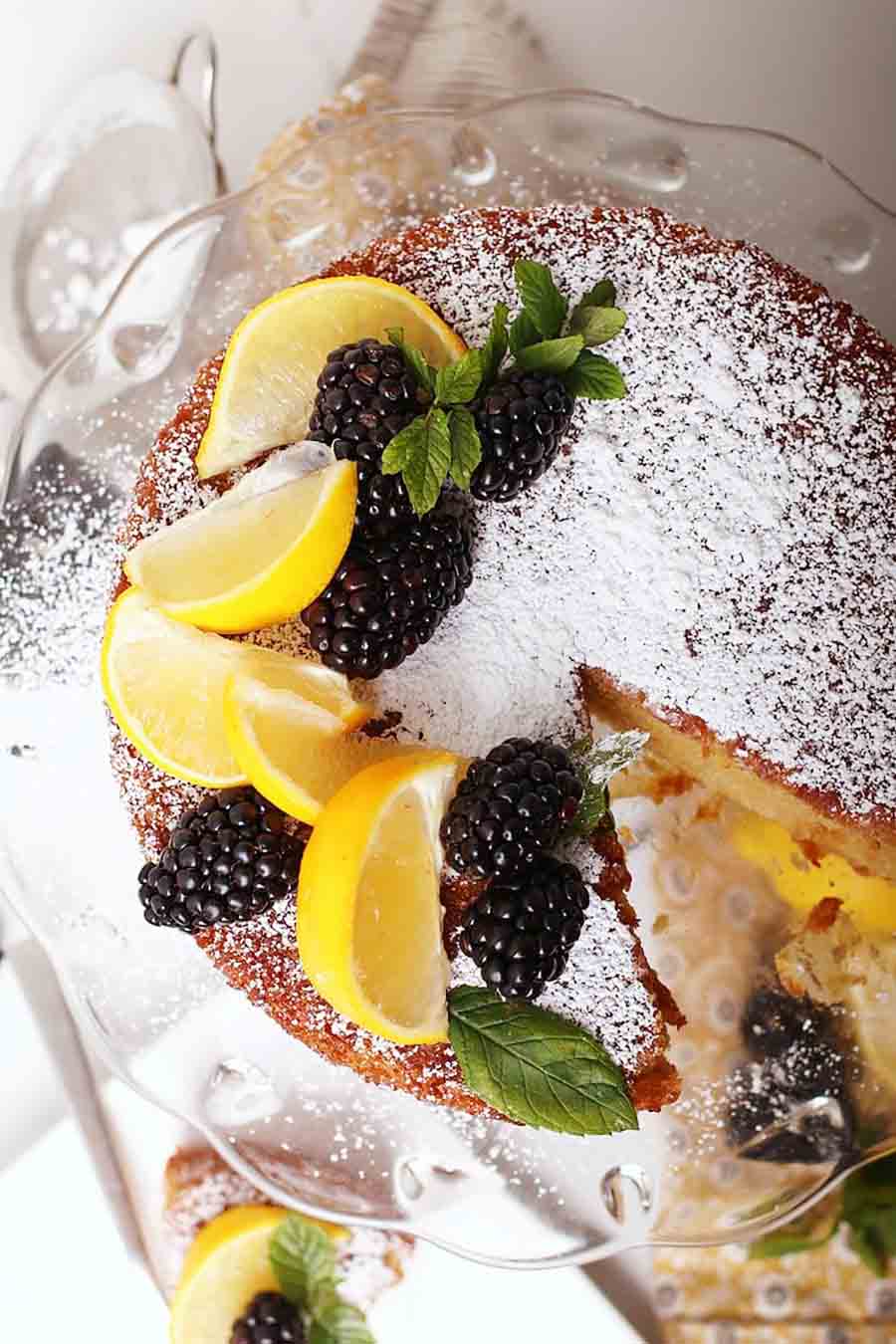
10. Olive Oil Cake with Lemon
My Darling Vegan

11. Chocolate Cake
The Plant Riot
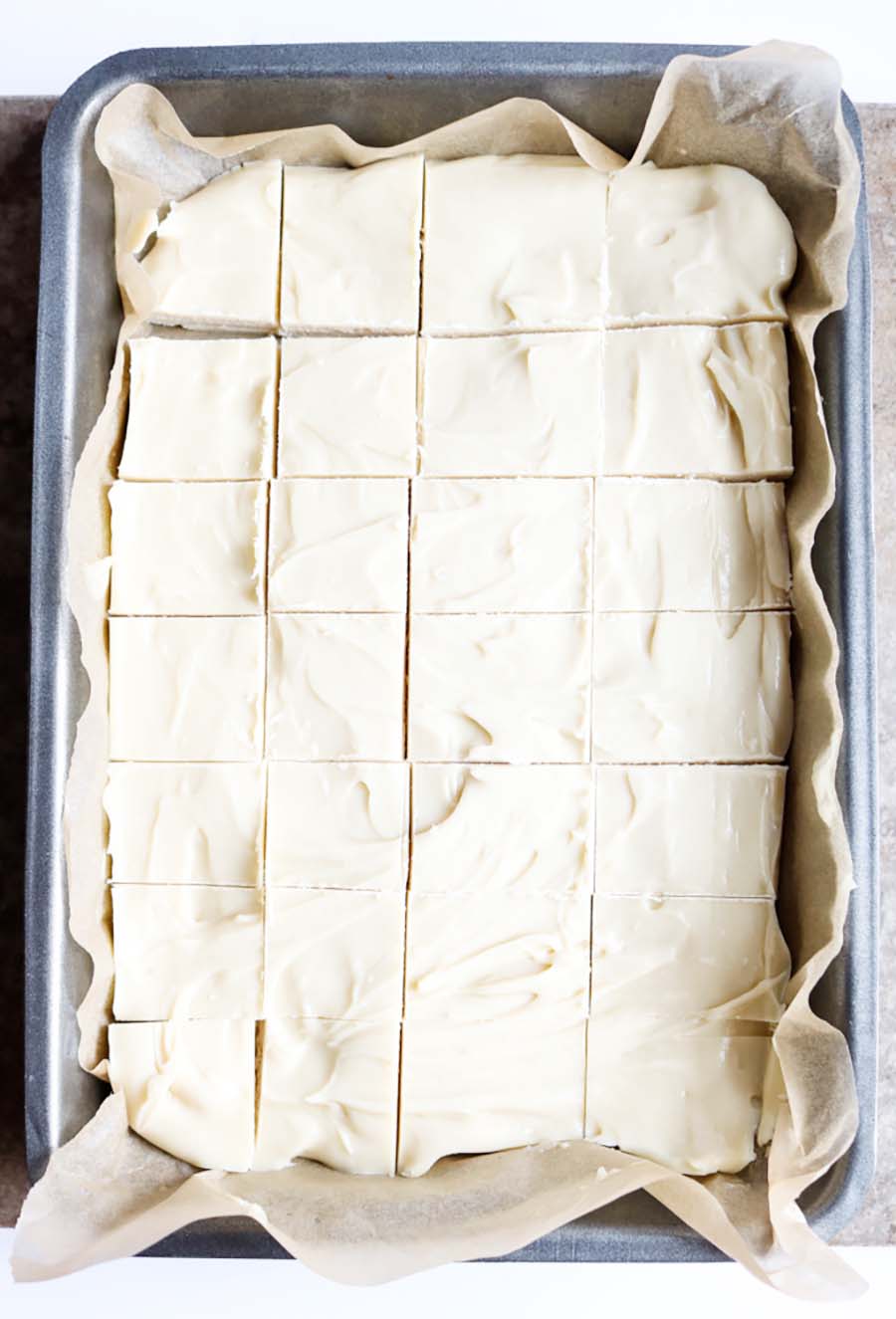
12. White Chocolate Fudge
Plant Power Couple
Vegan DIY Candies & Confections Recipes
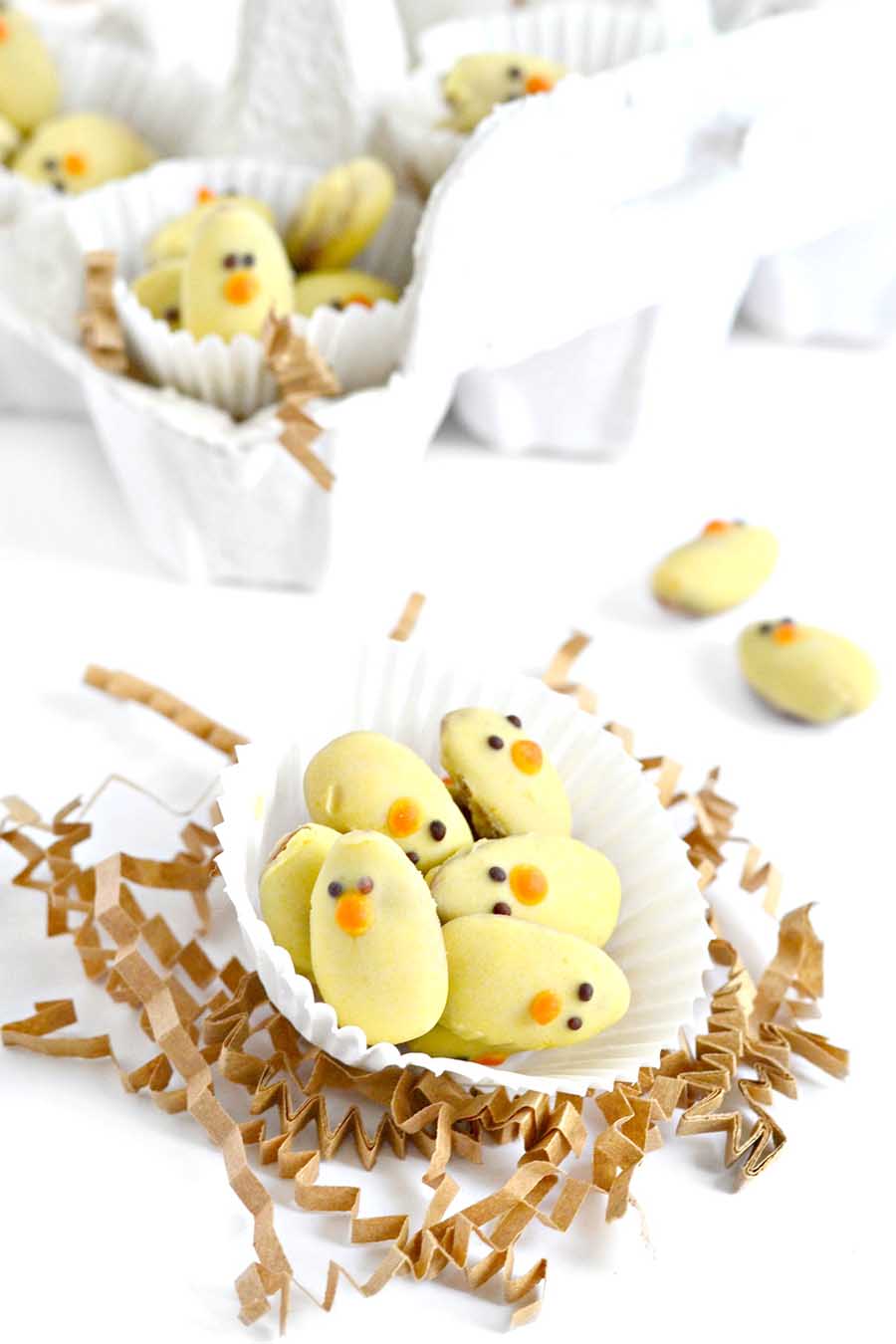
1. Easter Almond Baby Chicks
Fork & Beans
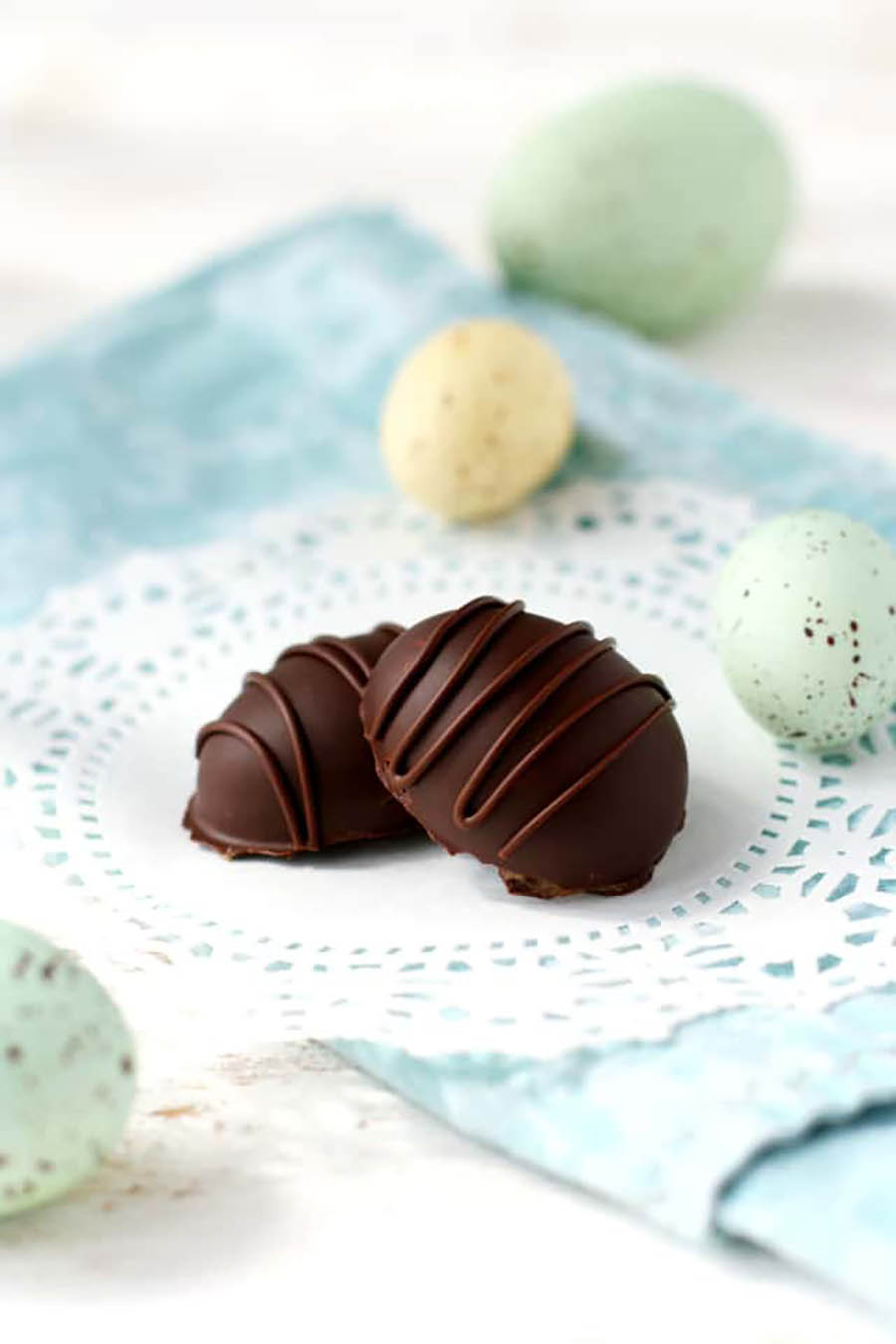
2. Chocolate Caramel Easter Eggs
The Pretty Bee
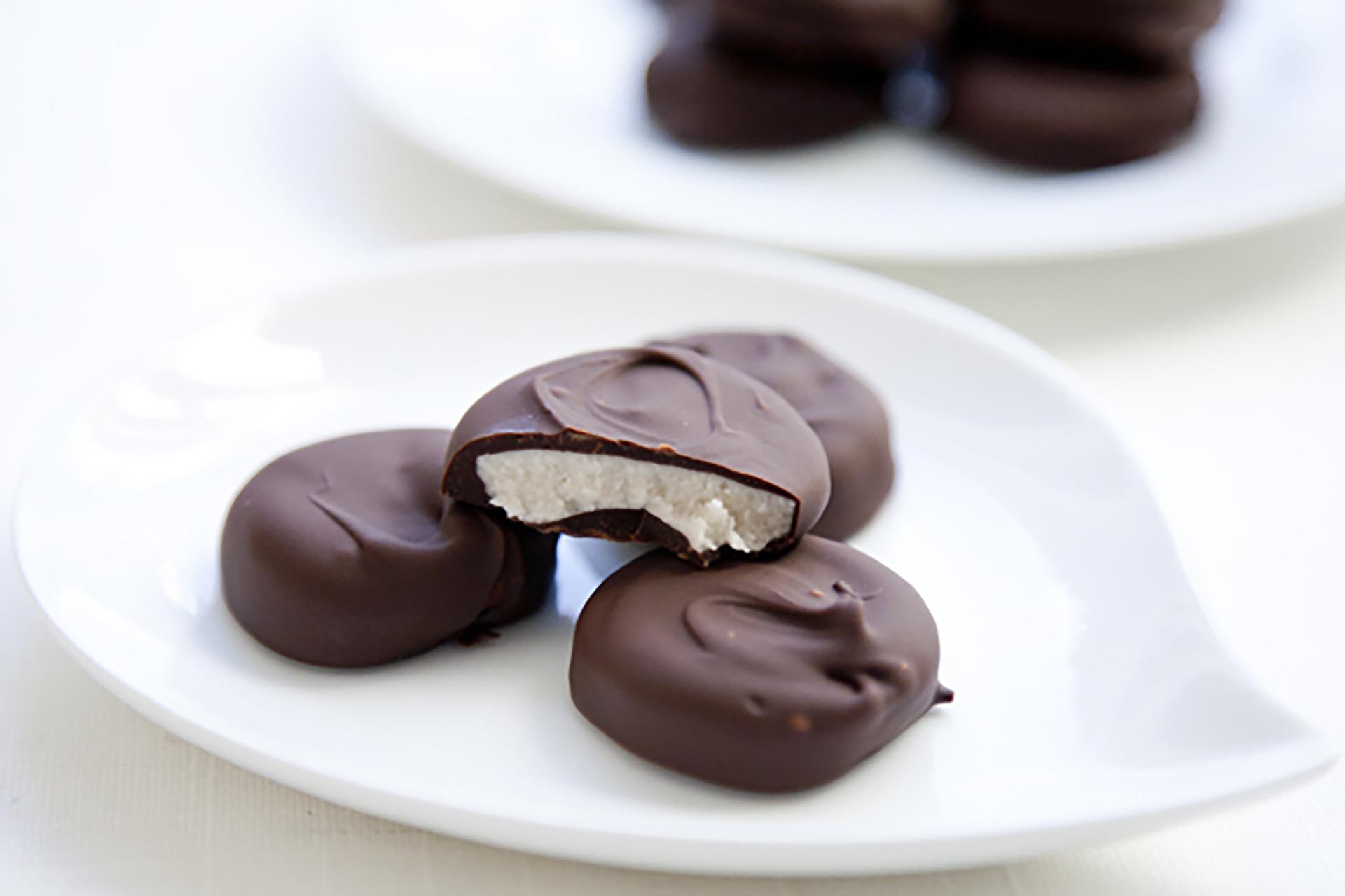
3. Homemade Peppermint Patties
Pickles & Honey
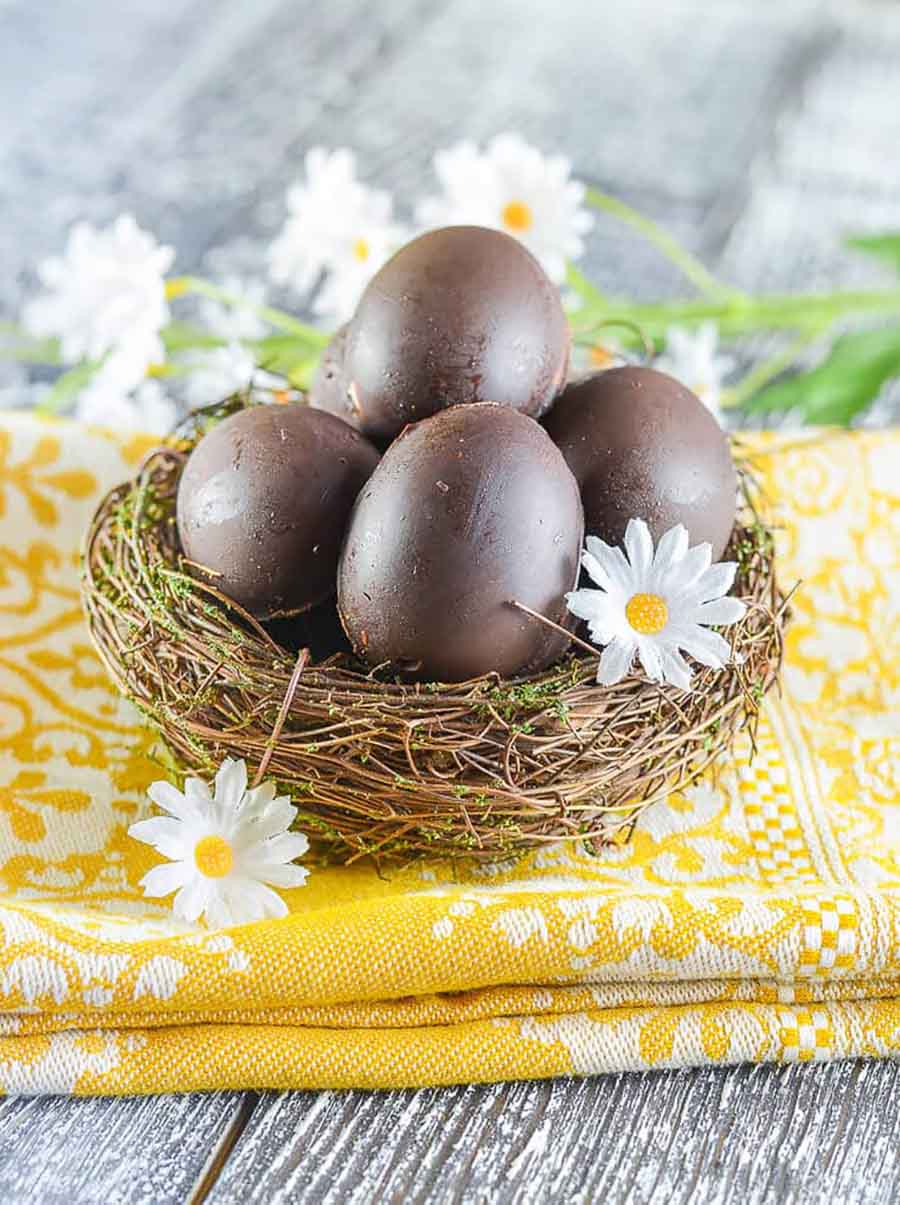
4. Copycat Cadbury-Style Chocolate Creme Eggs
A Virtual Vegan
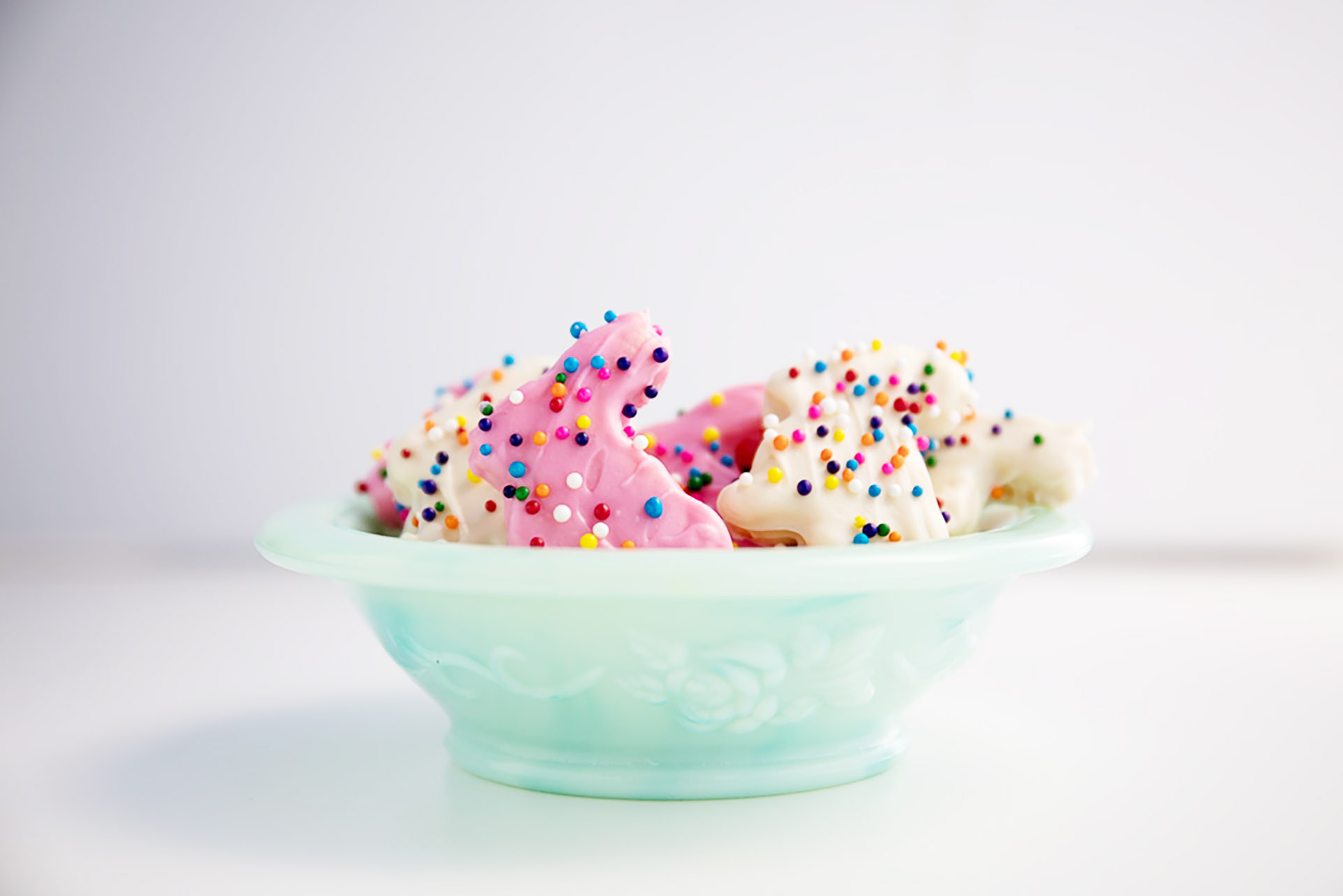
5. Mother’s Bunny Cookies
Vegan Dollhouse
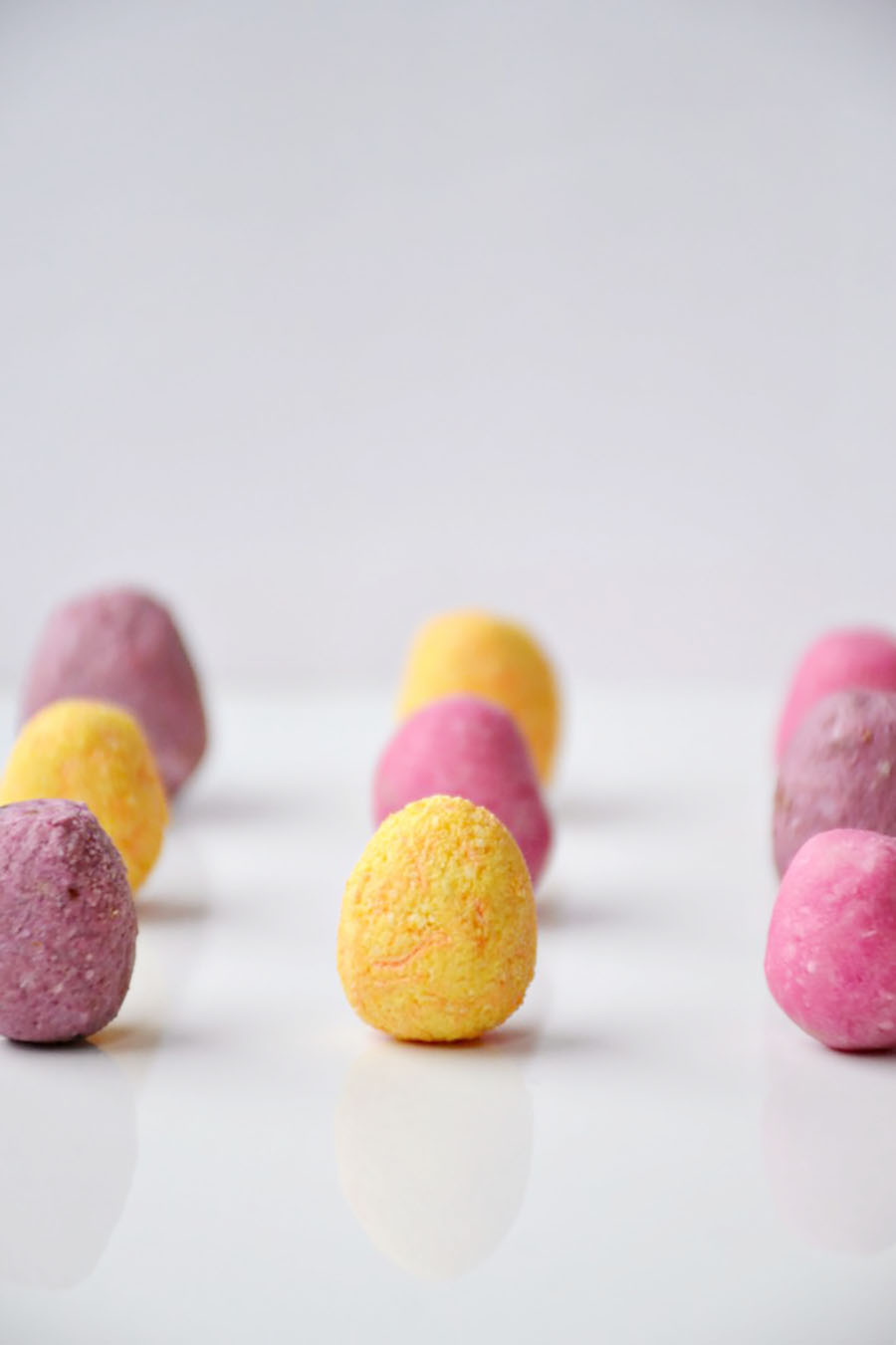
6. Raw Vegan “Mini Eggs”
Radiant Rachaels
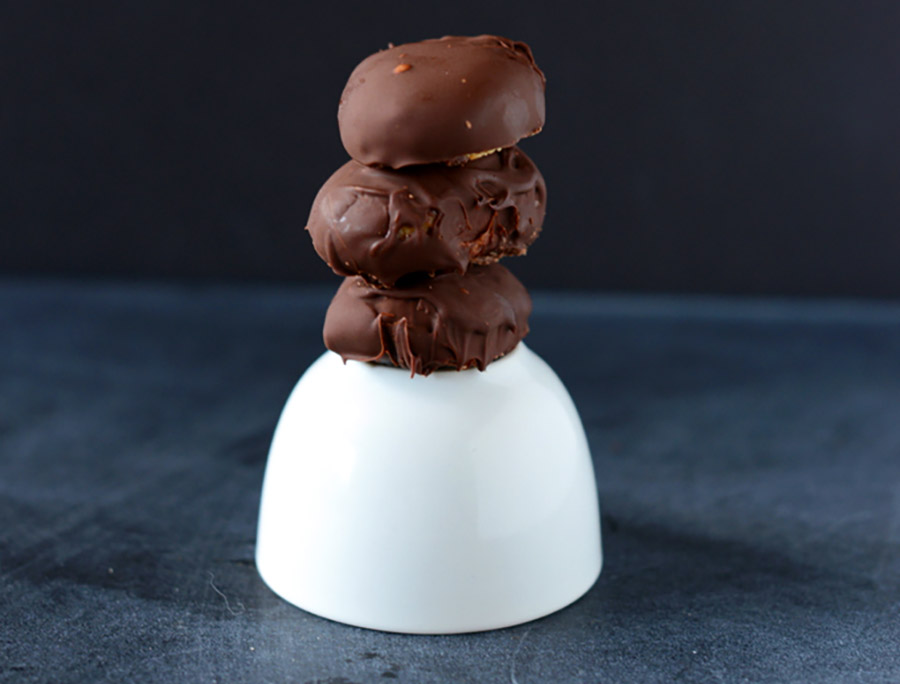
7. Peanut Butter Eggs
Minimalist Baker

8. Easter Bunny Treats
When Sweet Becomes Healthy
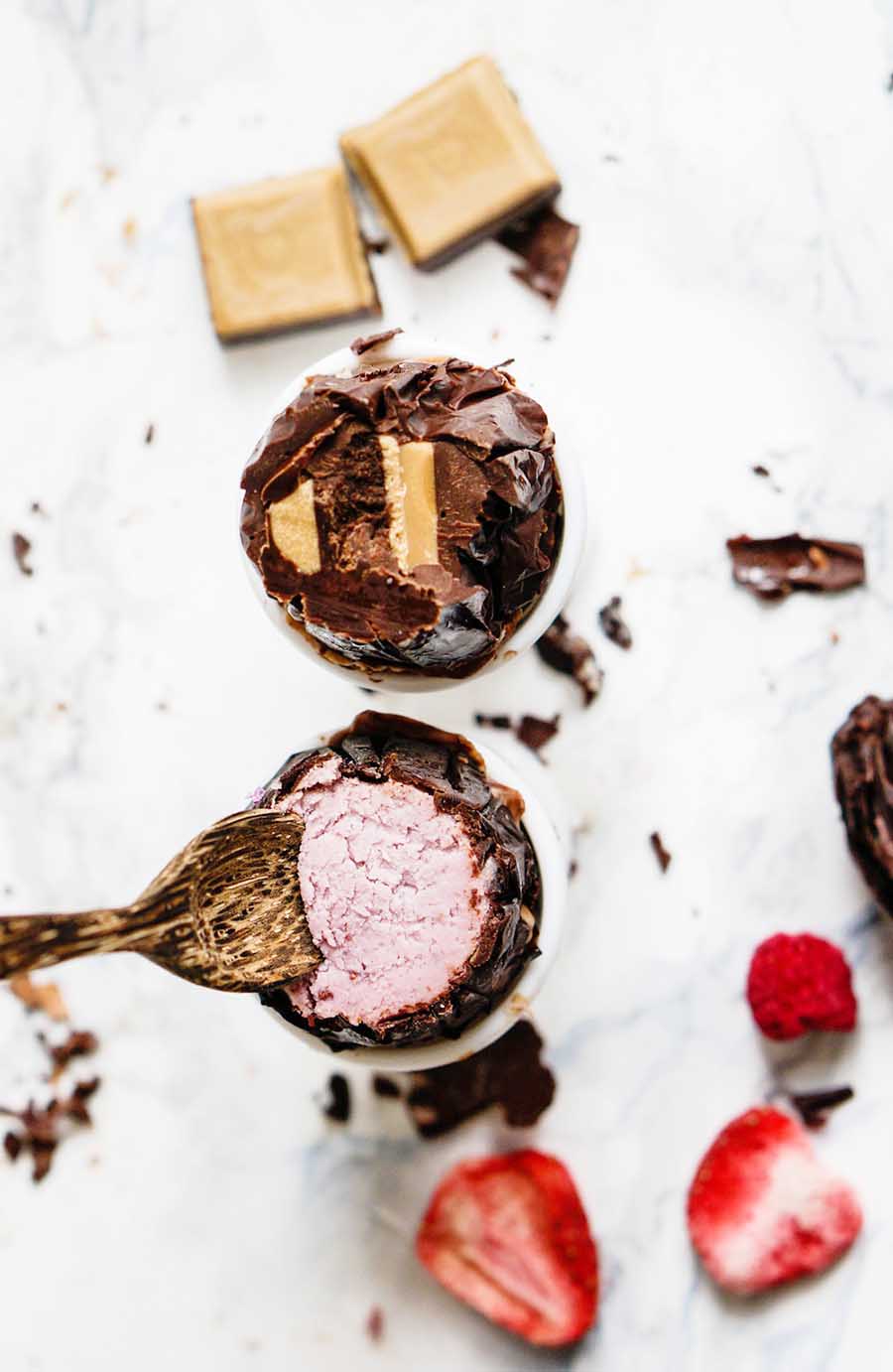
9. Avantgarde Easter Chocolate Eggs
When Sweet Becomes Healthy

9. Avantgarde Easter Chocolate Eggs
When Sweet Becomes Healthy
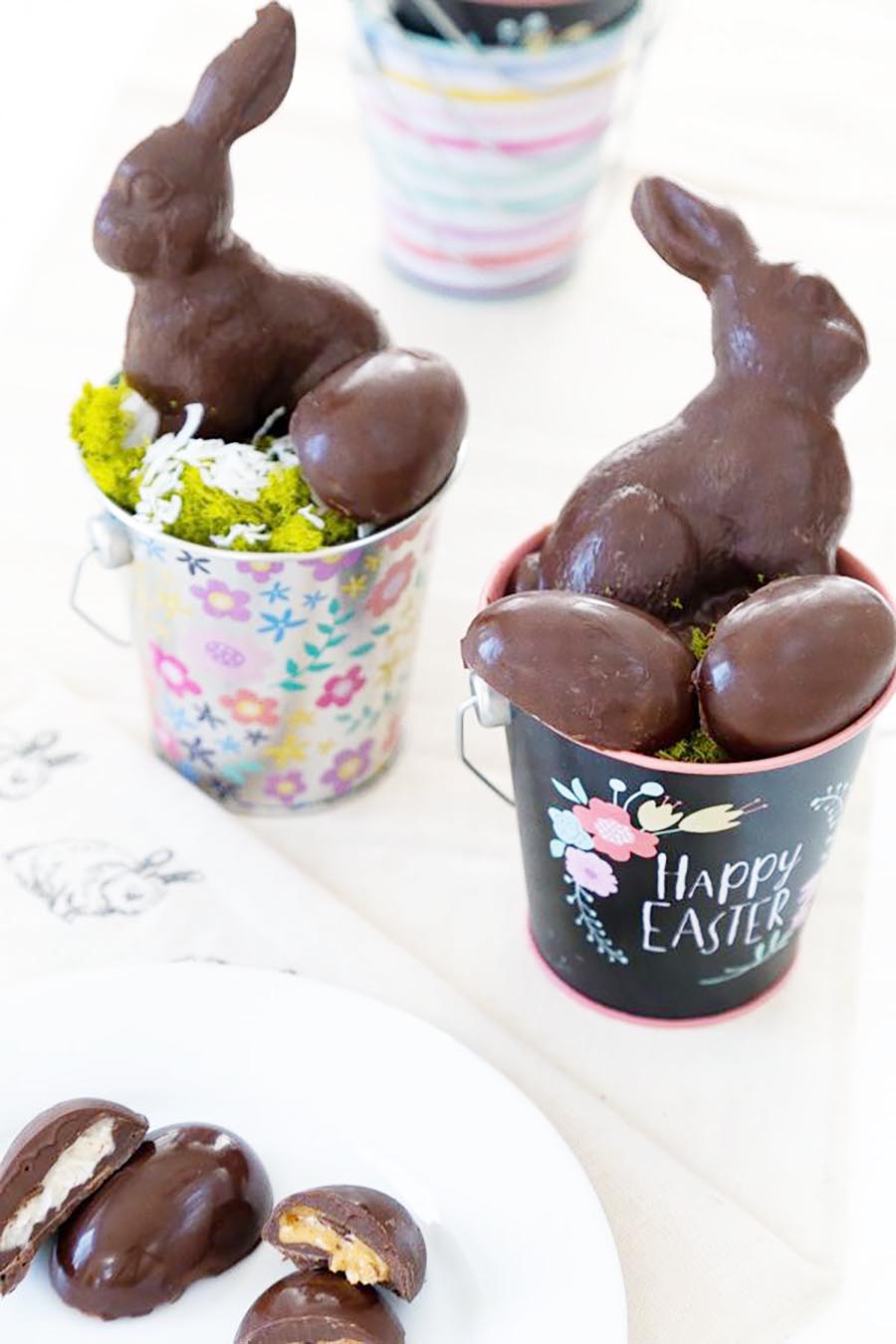
10. Almond Joy & Reese’s Copycat Vegan Eggs
Veganosity
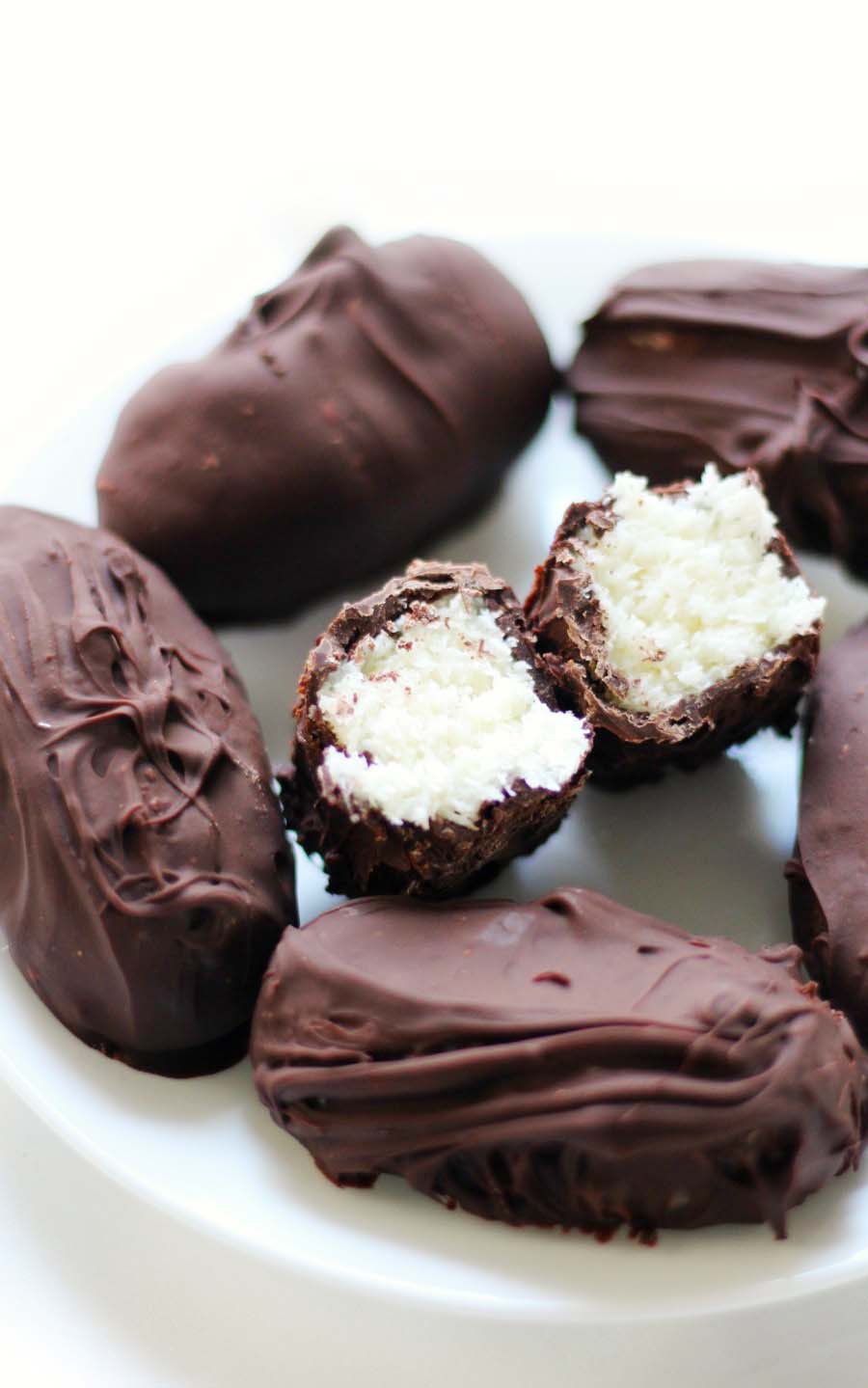
11. Vegan Mounds Bars
Strength & Sunshine
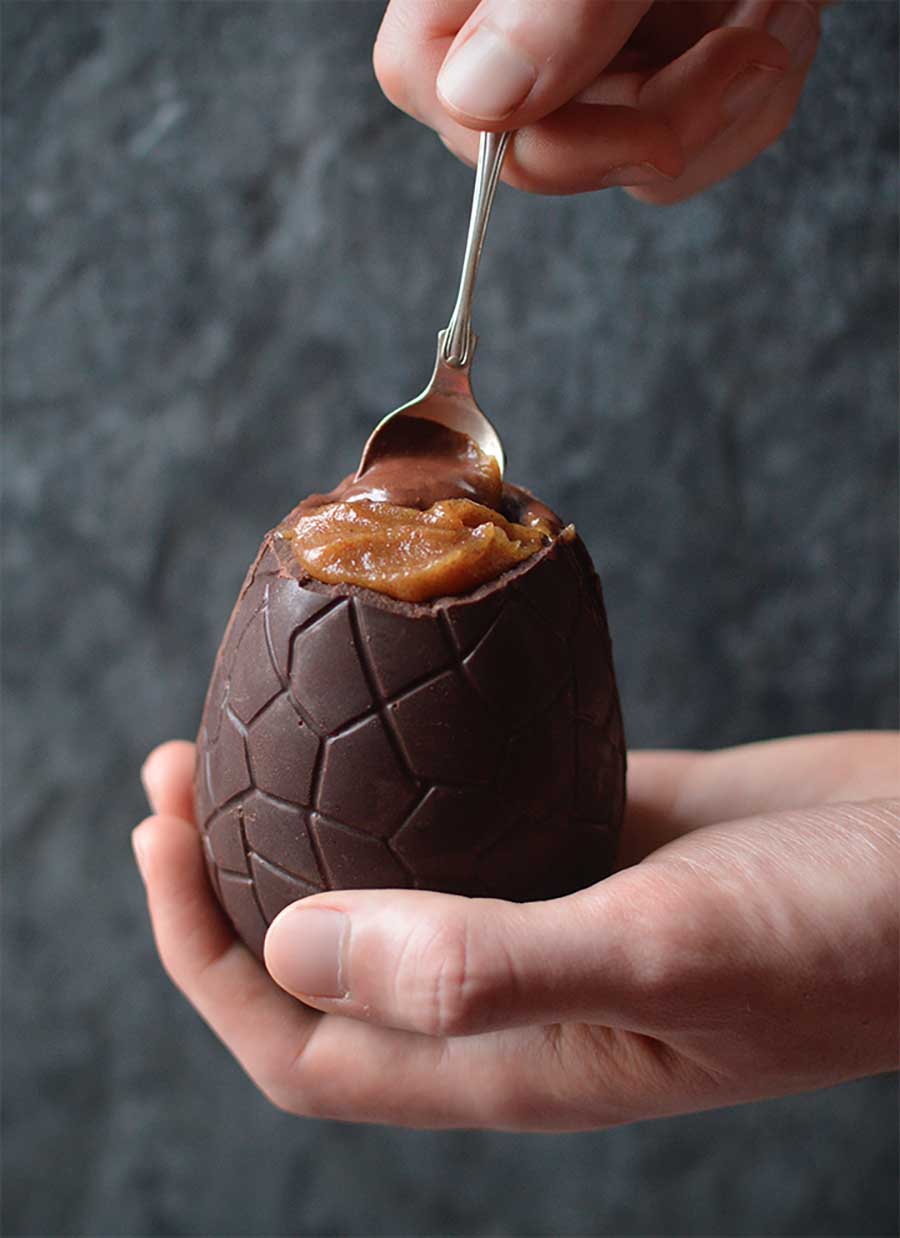
12. Chocolate Mousse & Caramel Filled Chocolate Eggs
Rawberry Fields
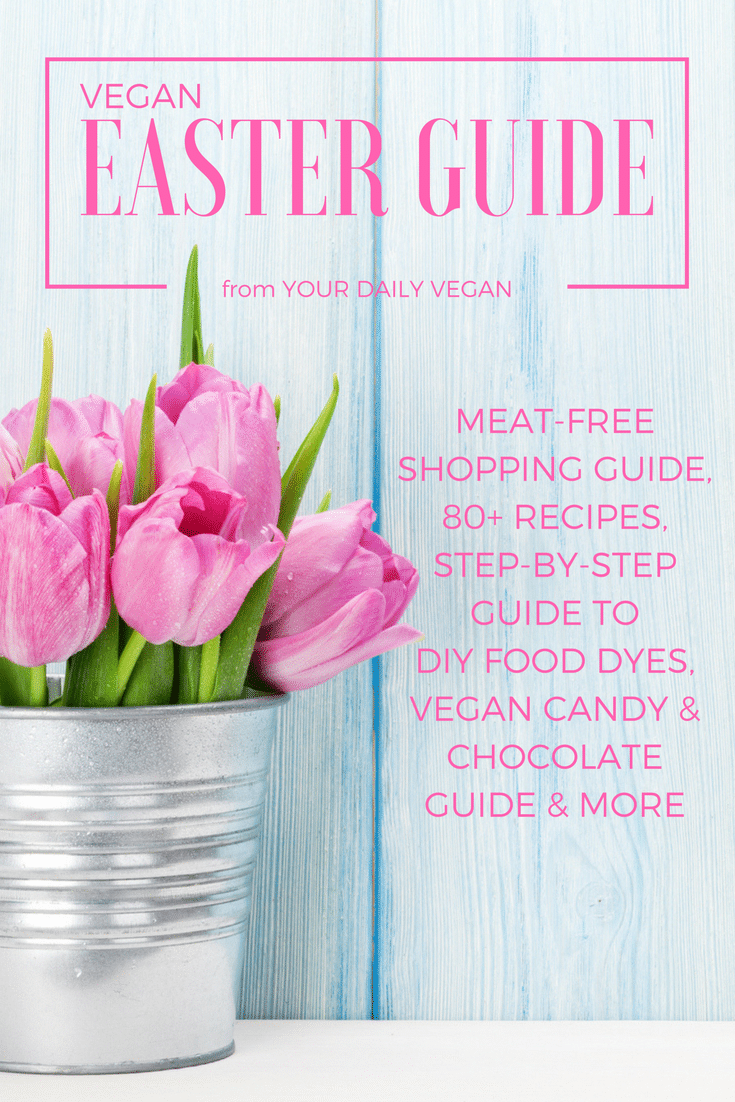
Truth in advertising
I am committed to providing accurate information to the vegan community. This topic has been meticulously researched and contains researched and cited sources, ensuring transparency and reliability for readers seeking accurate information.
Please contact me if you find incorrect data.


